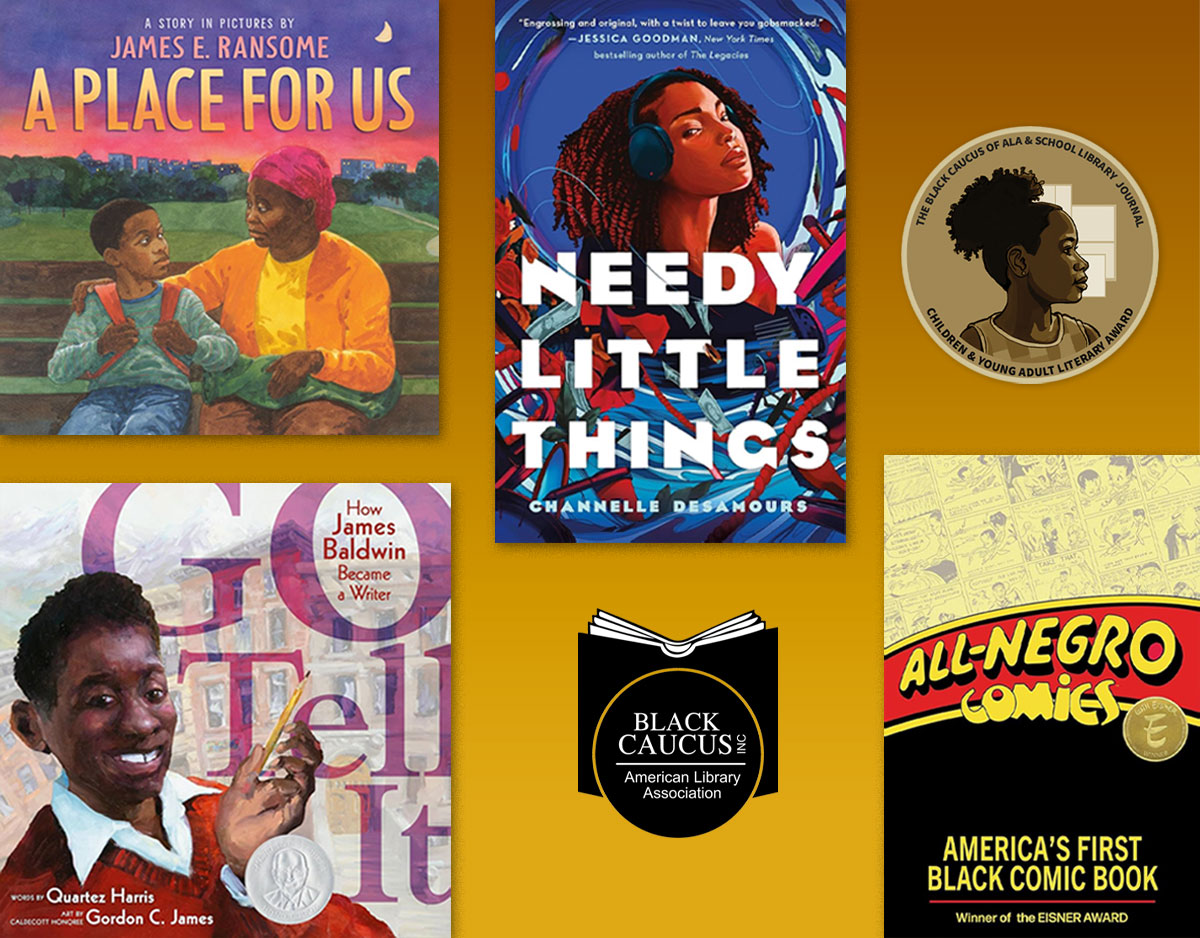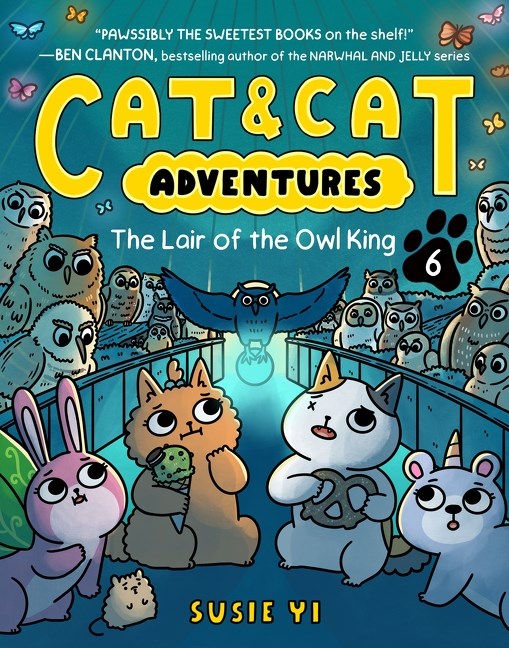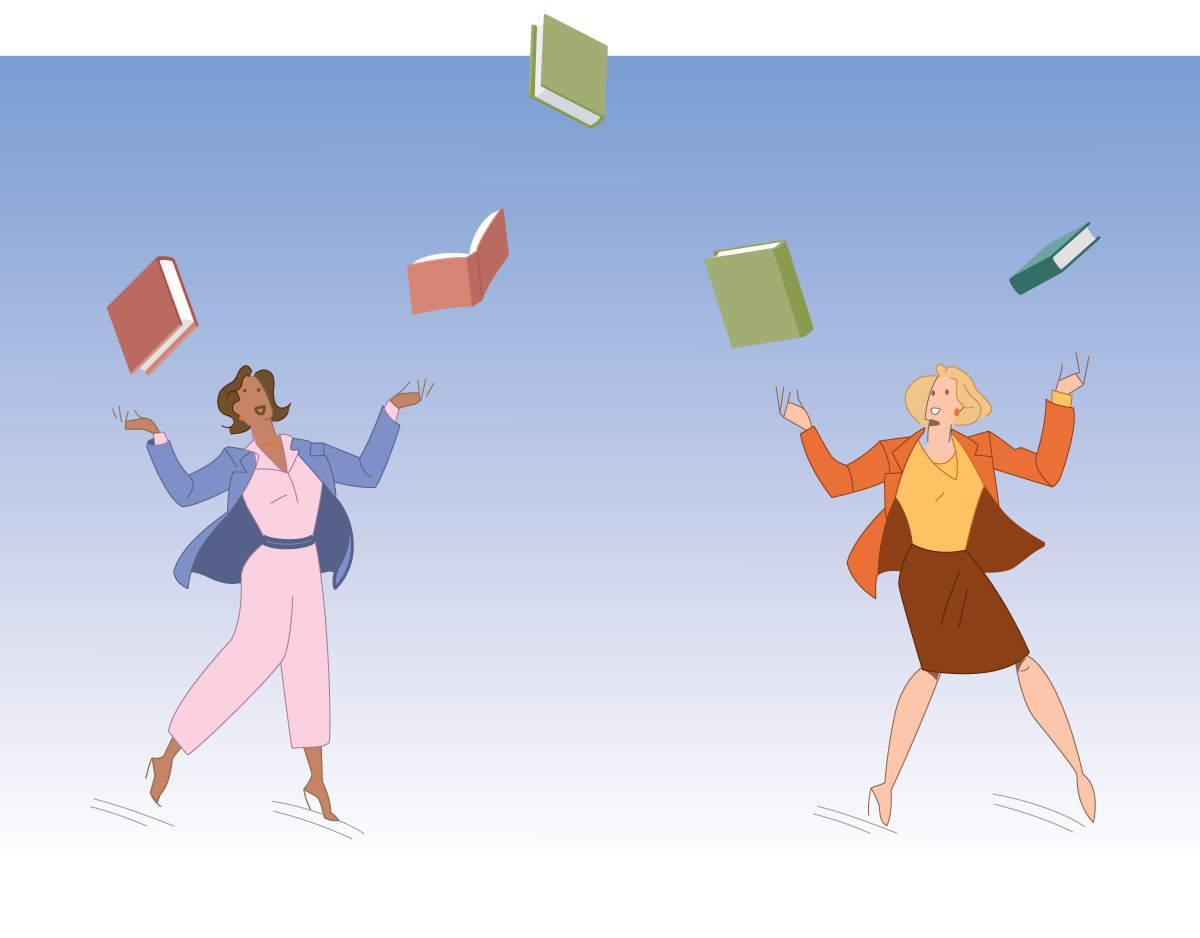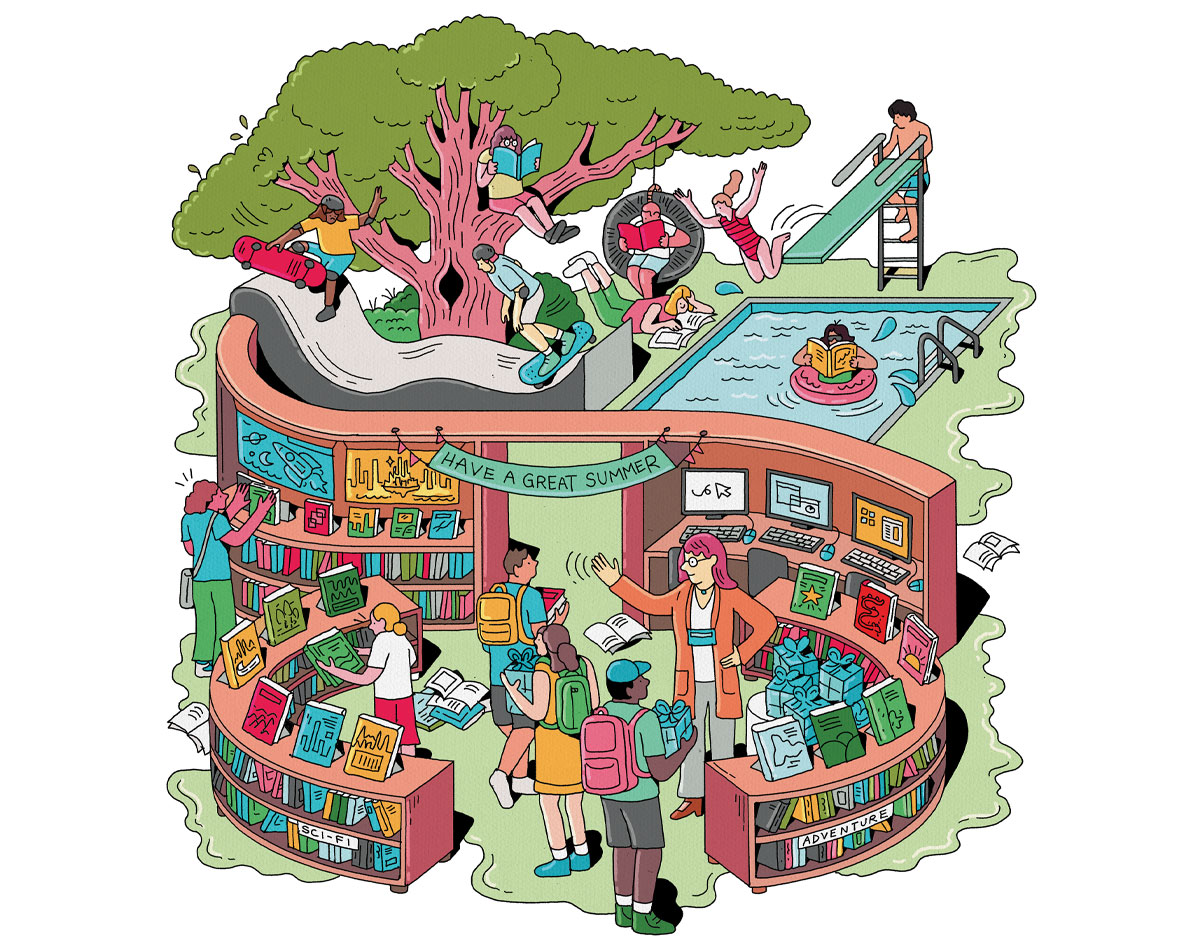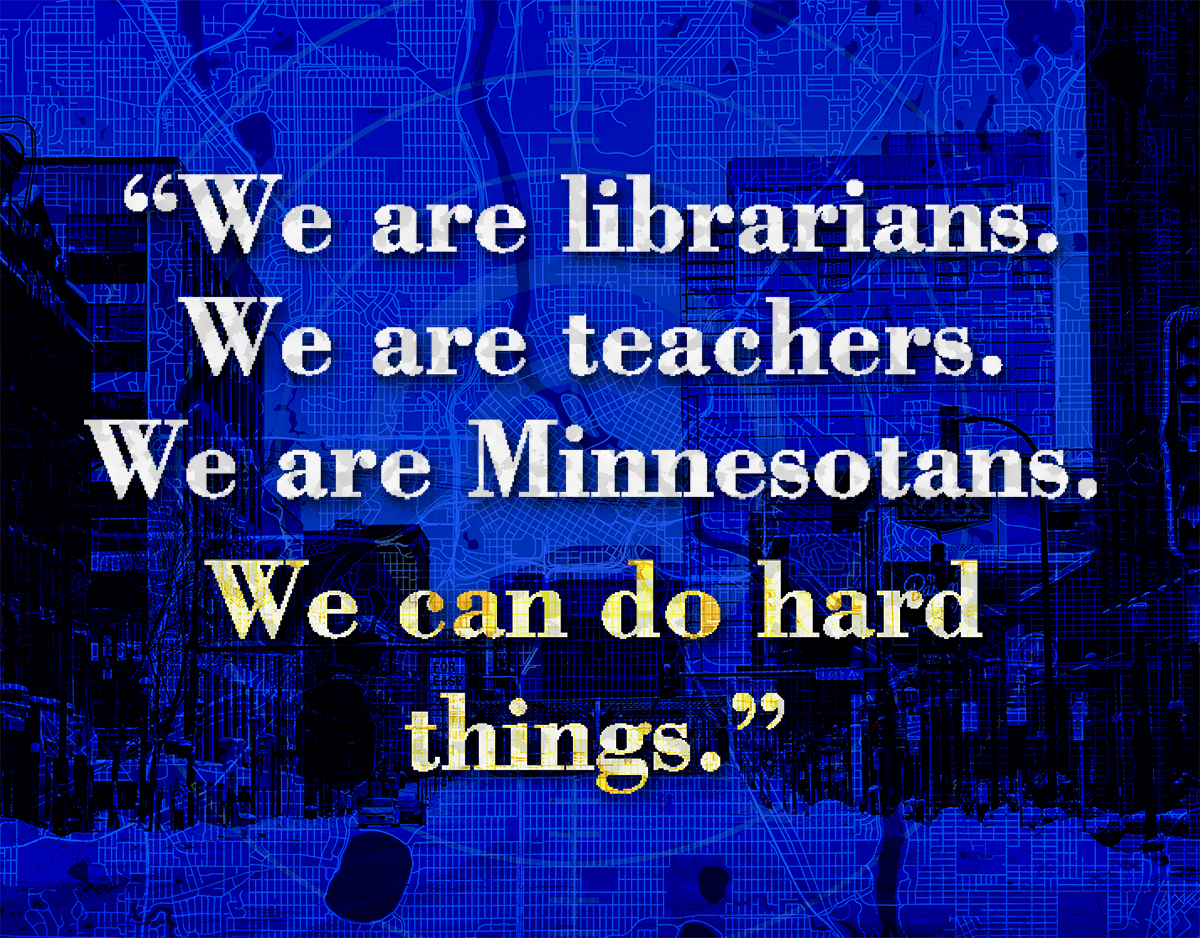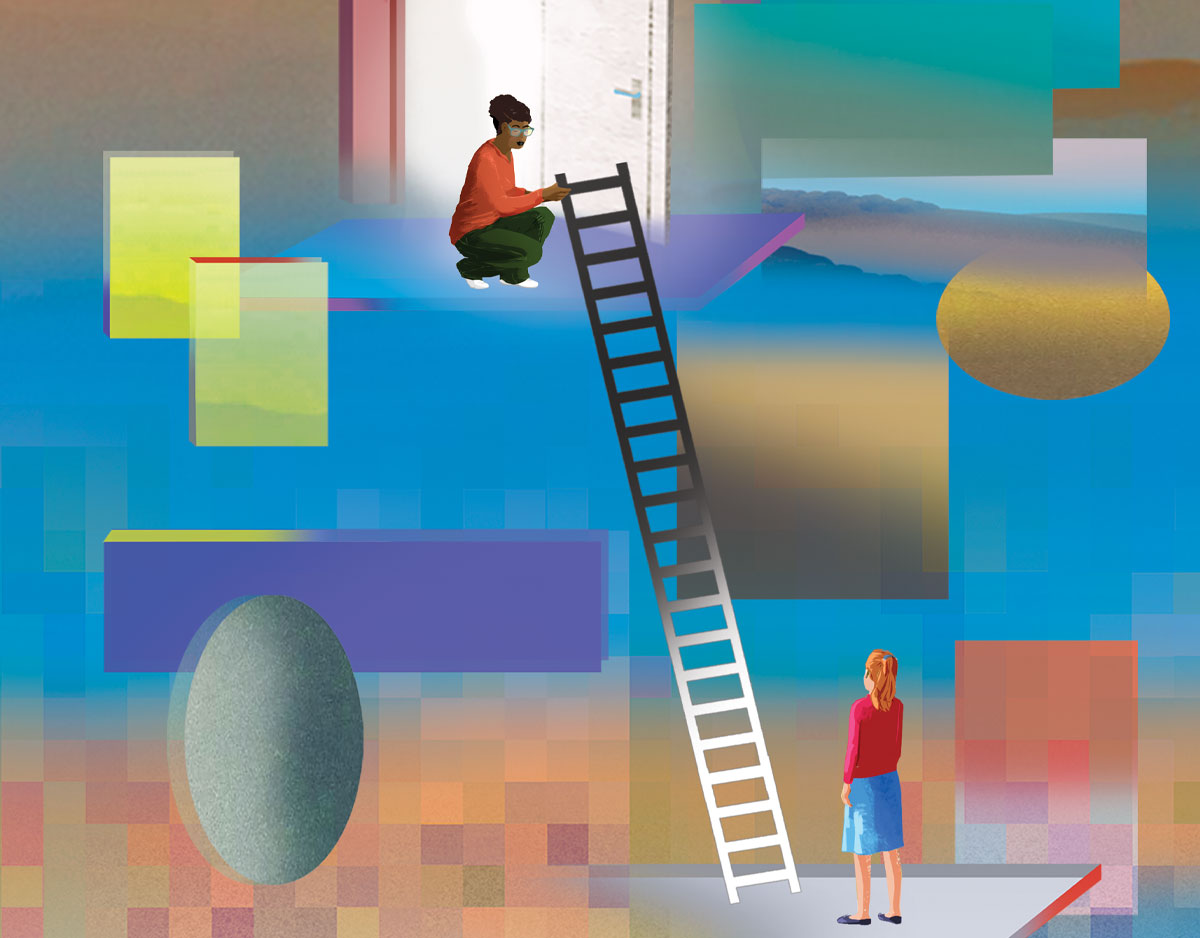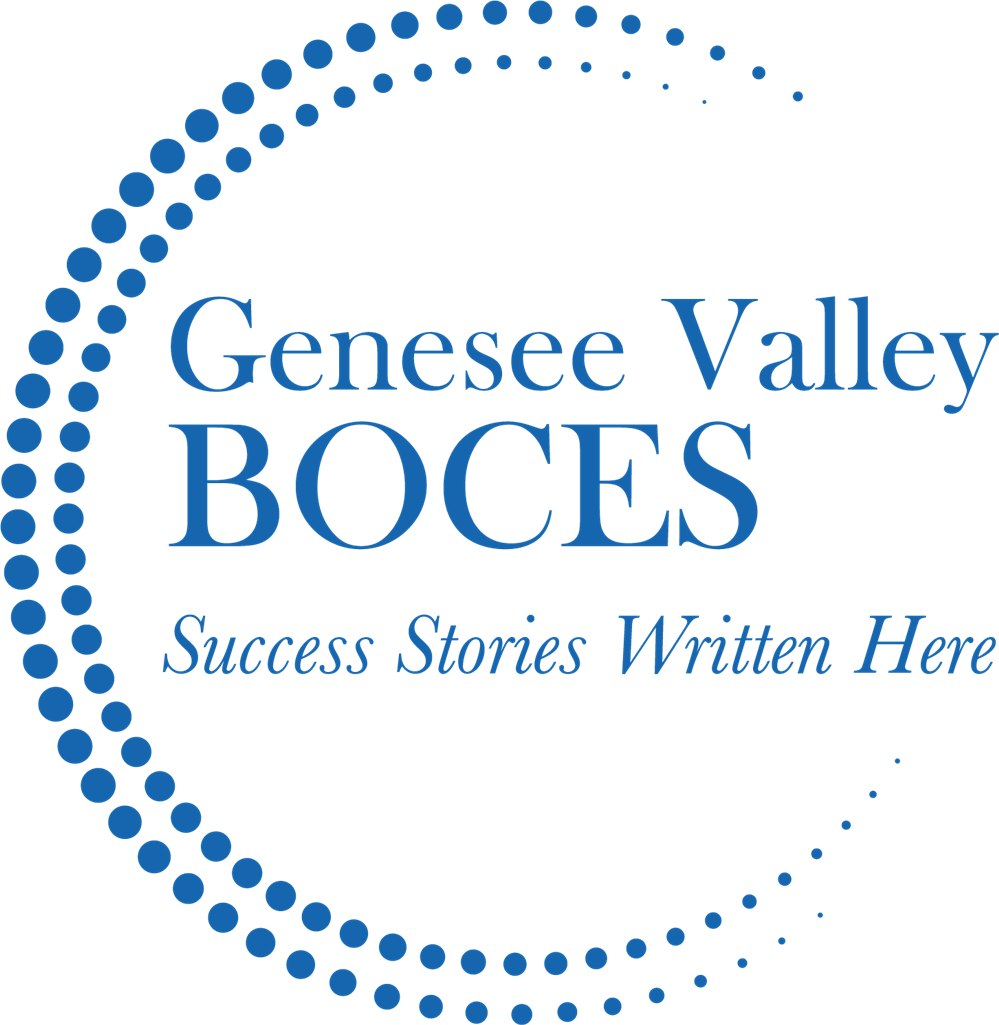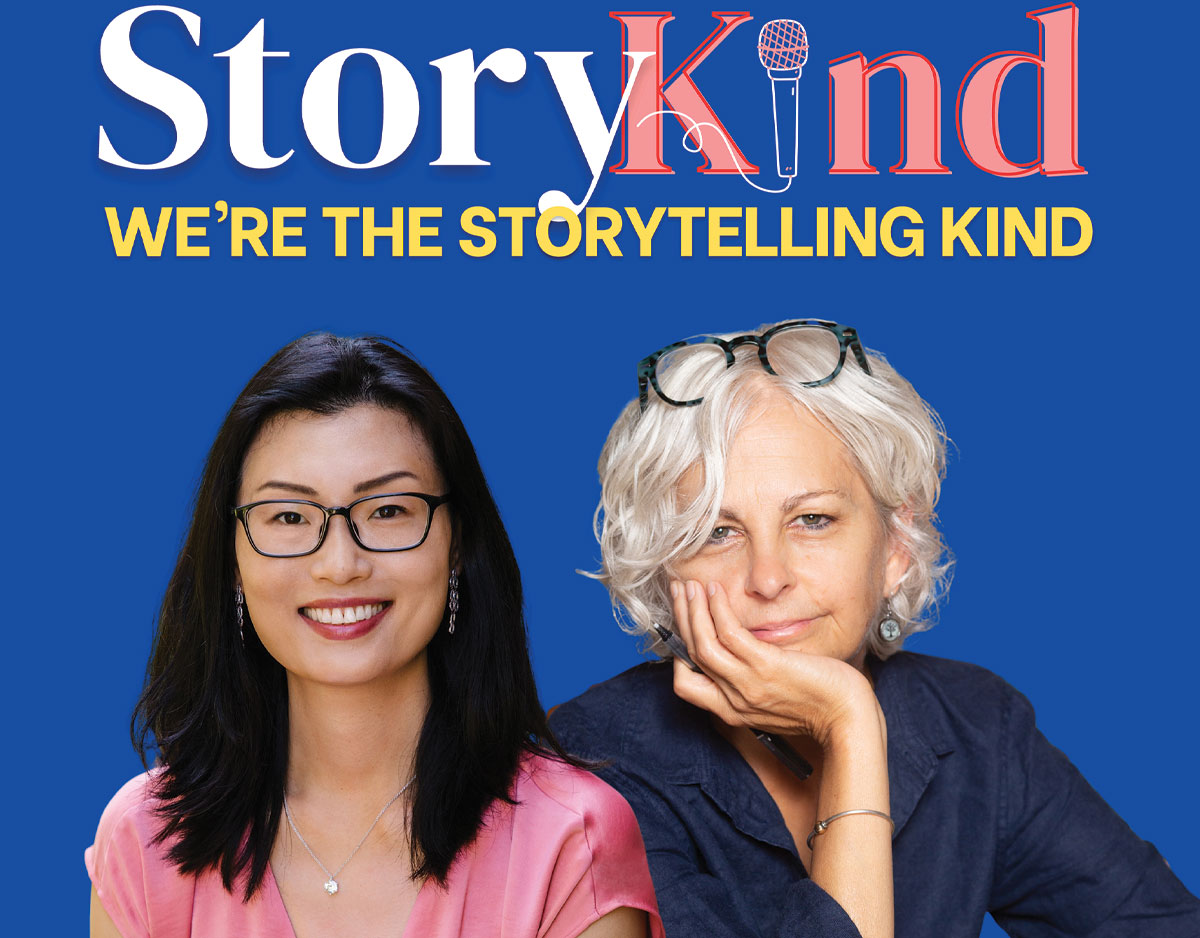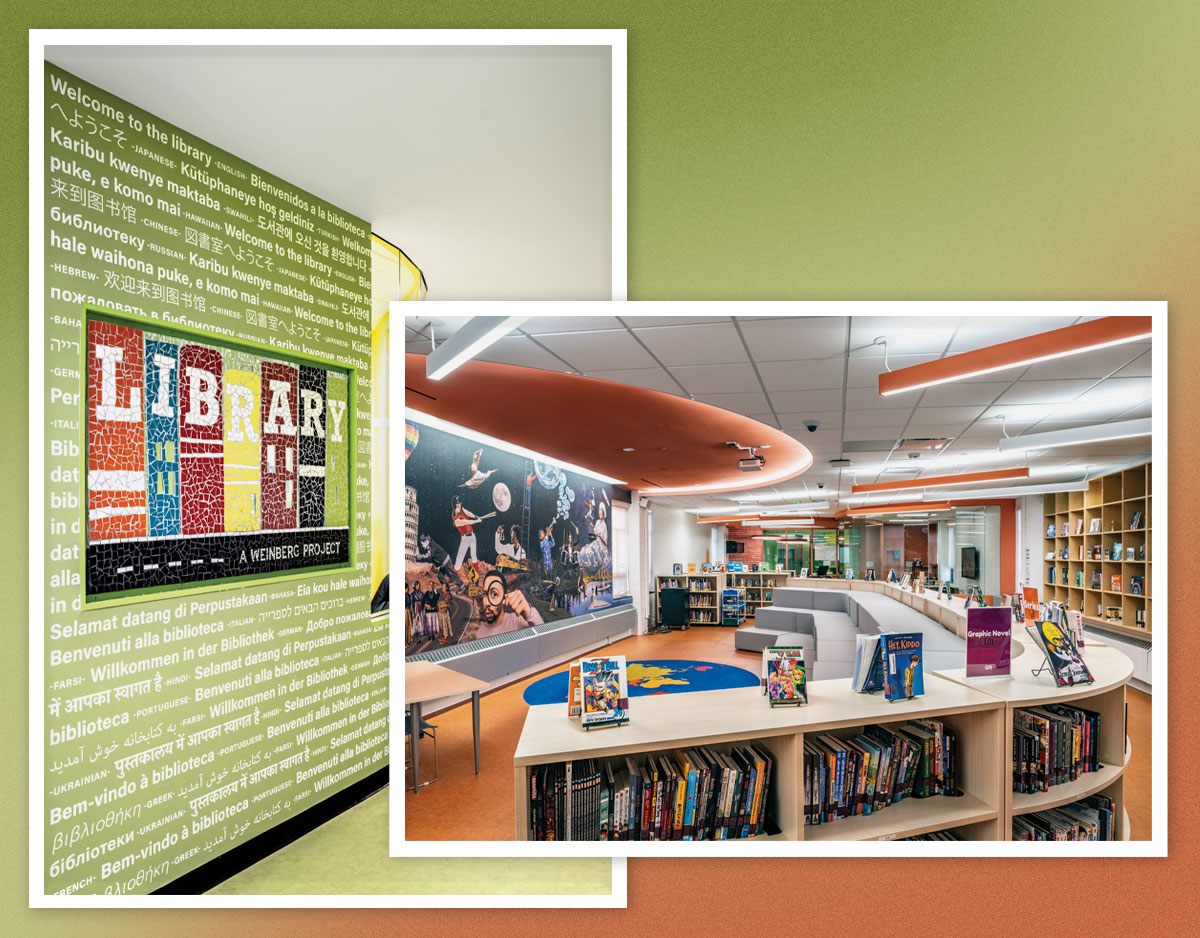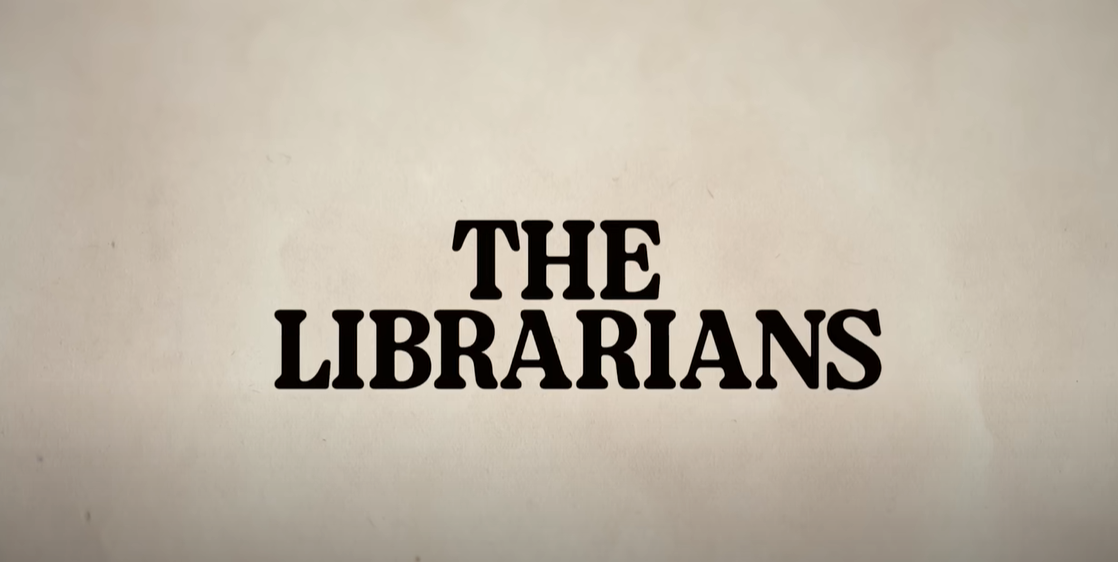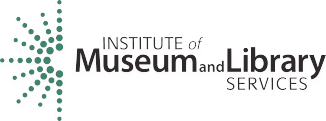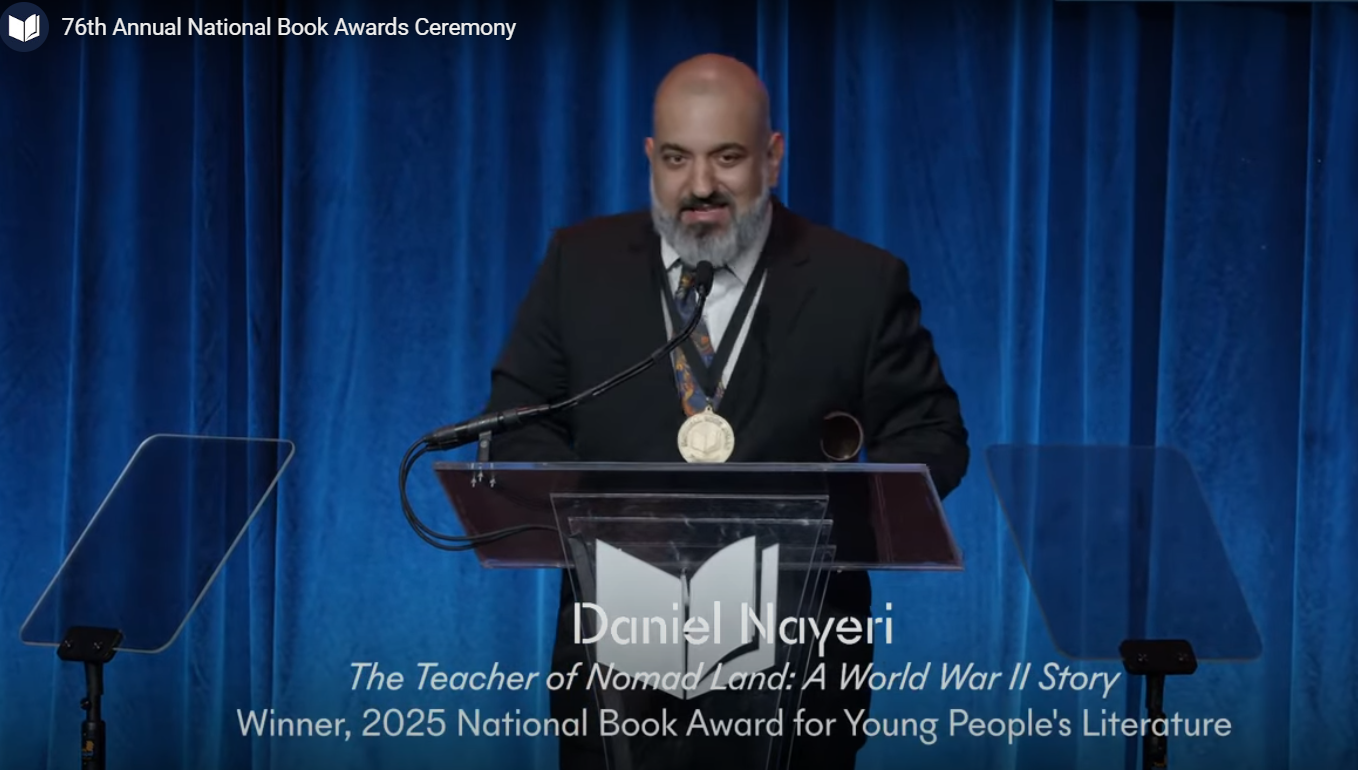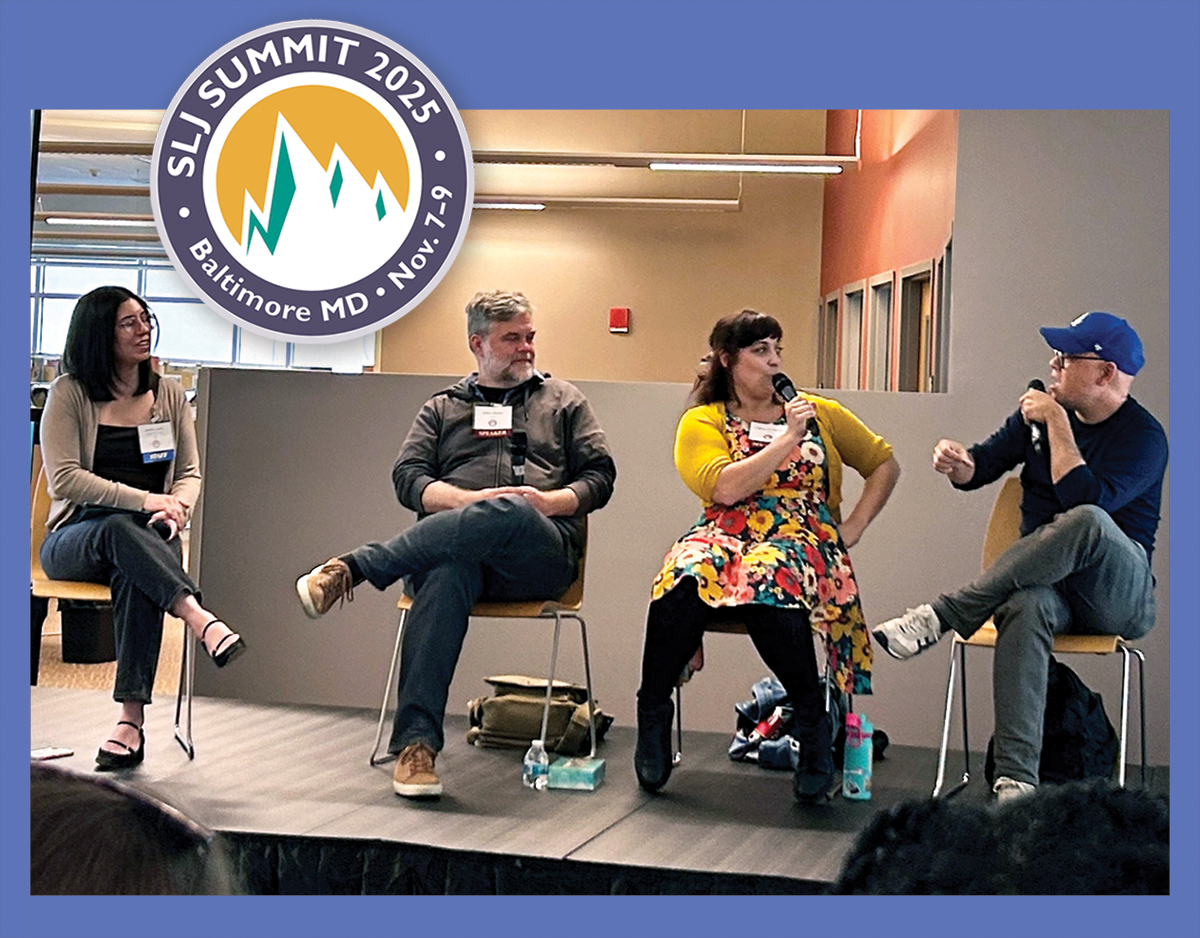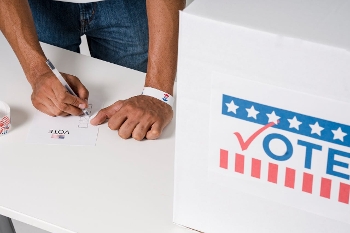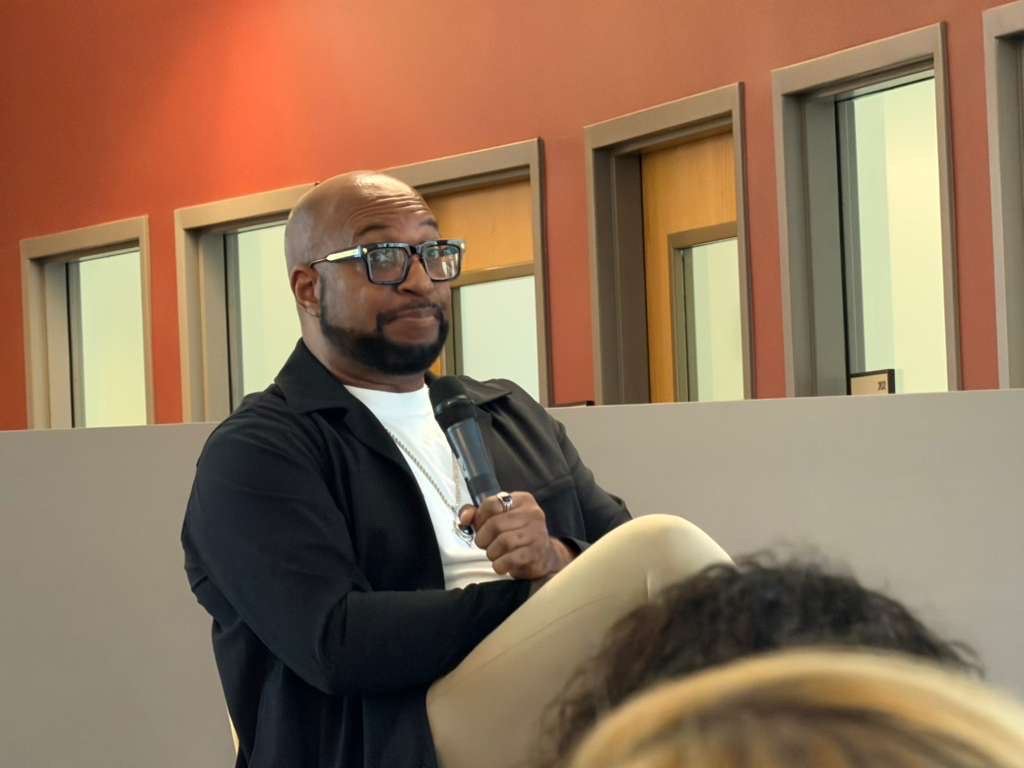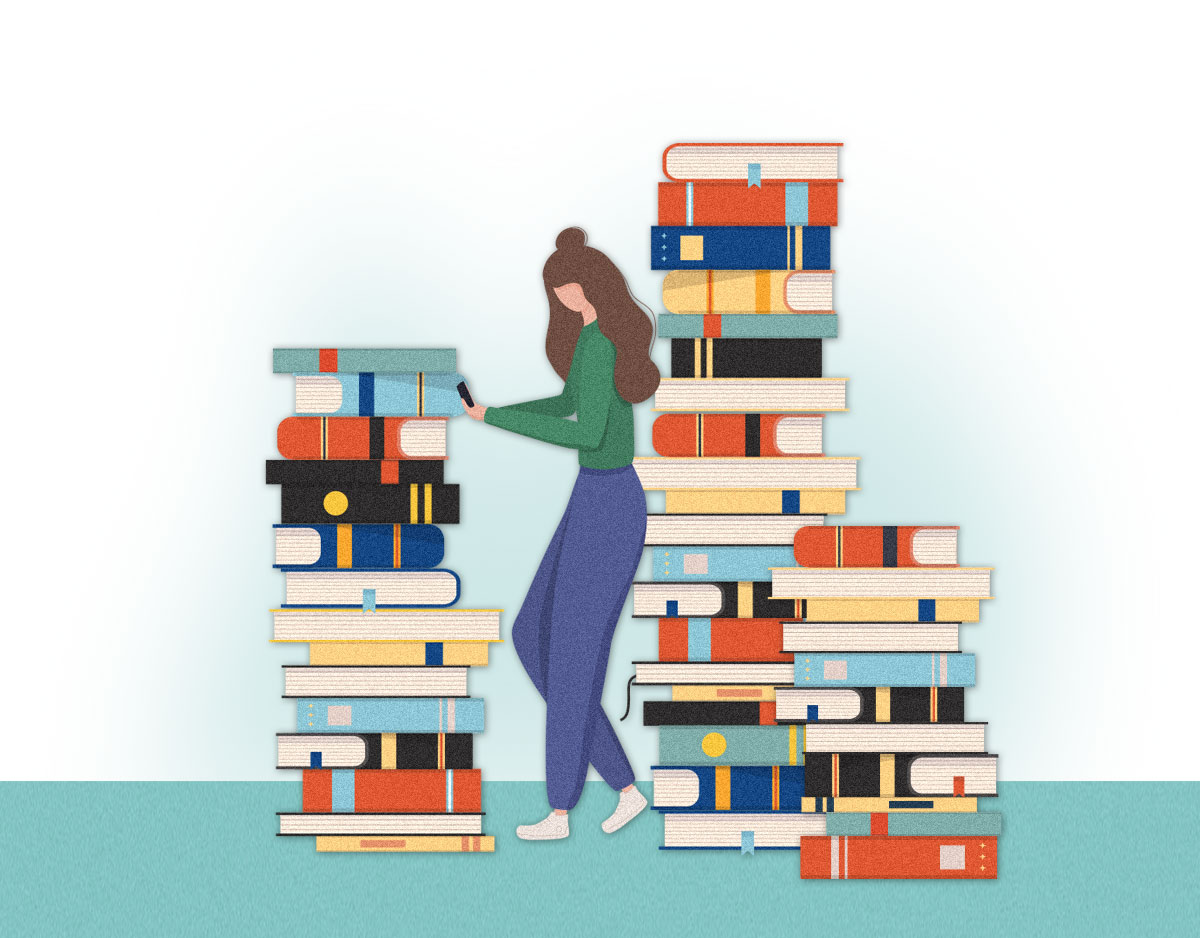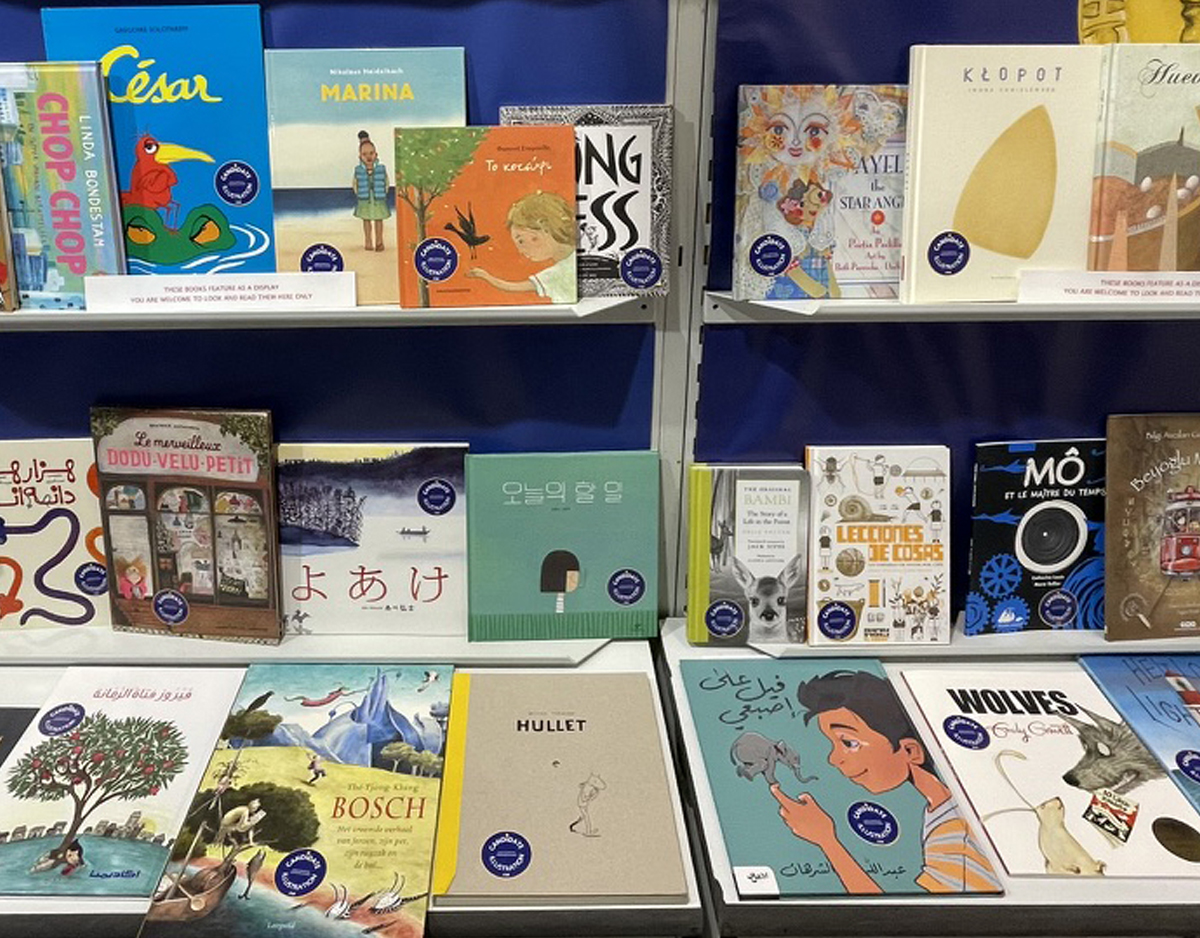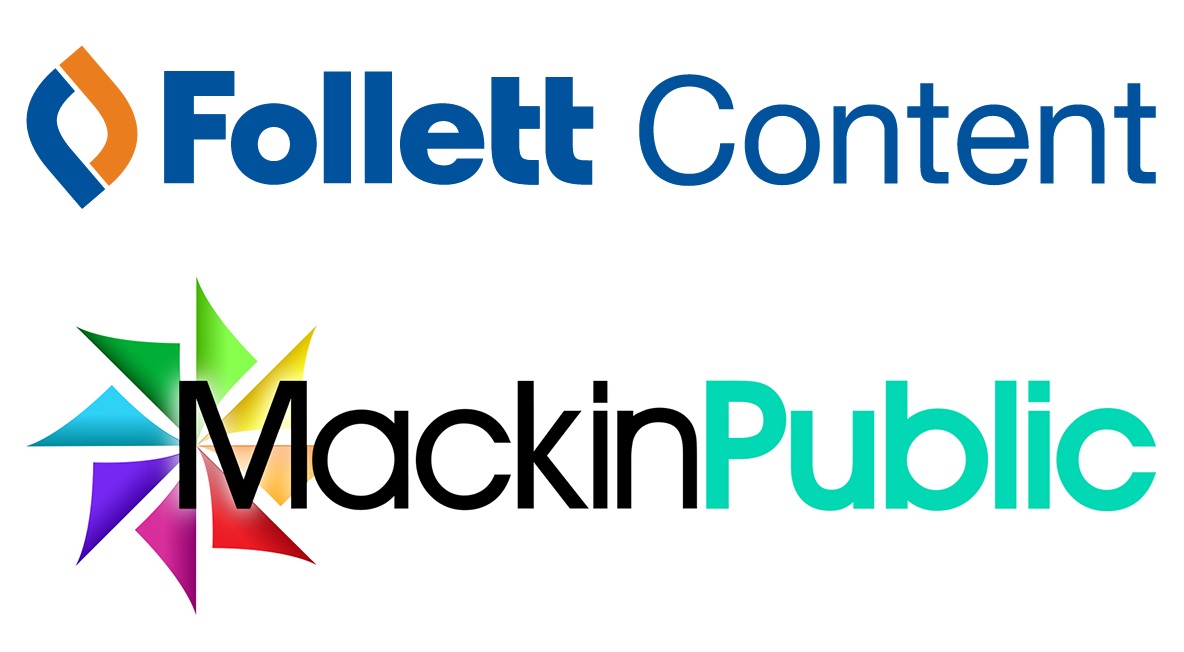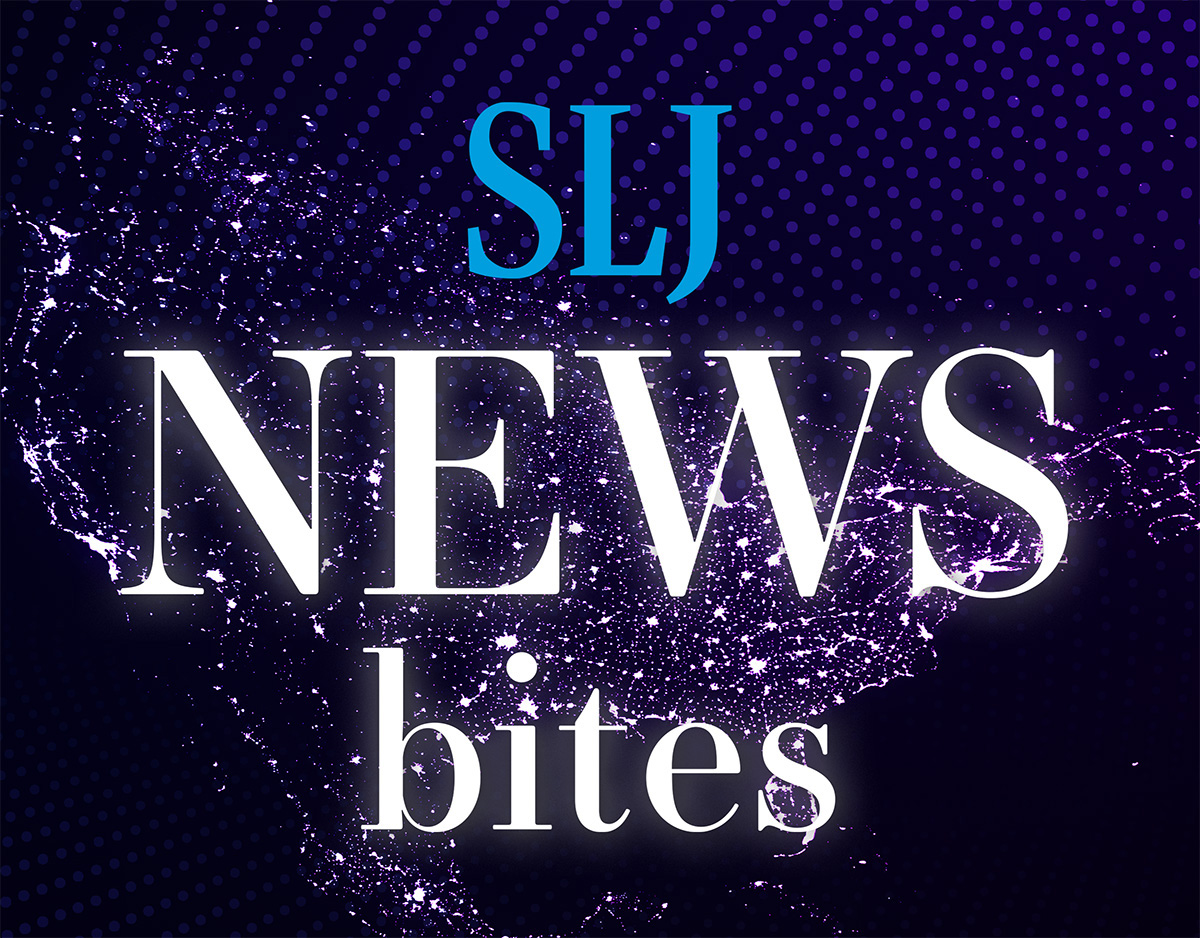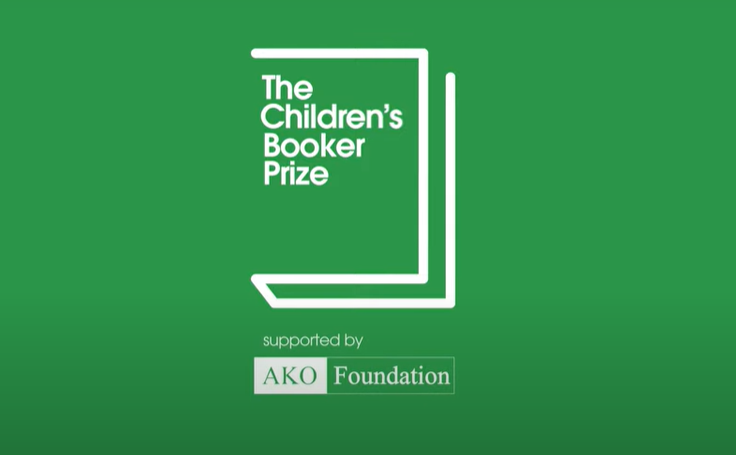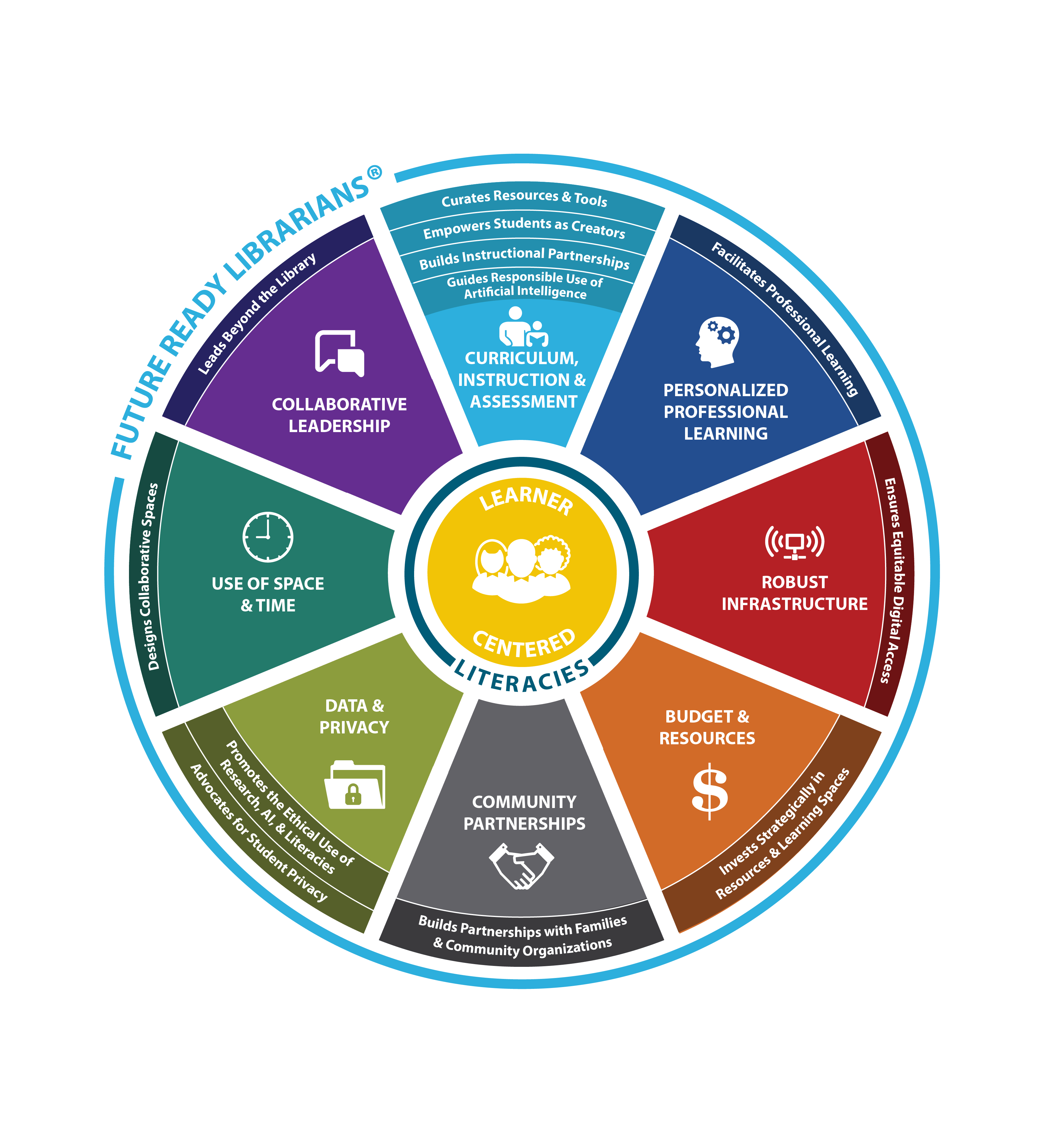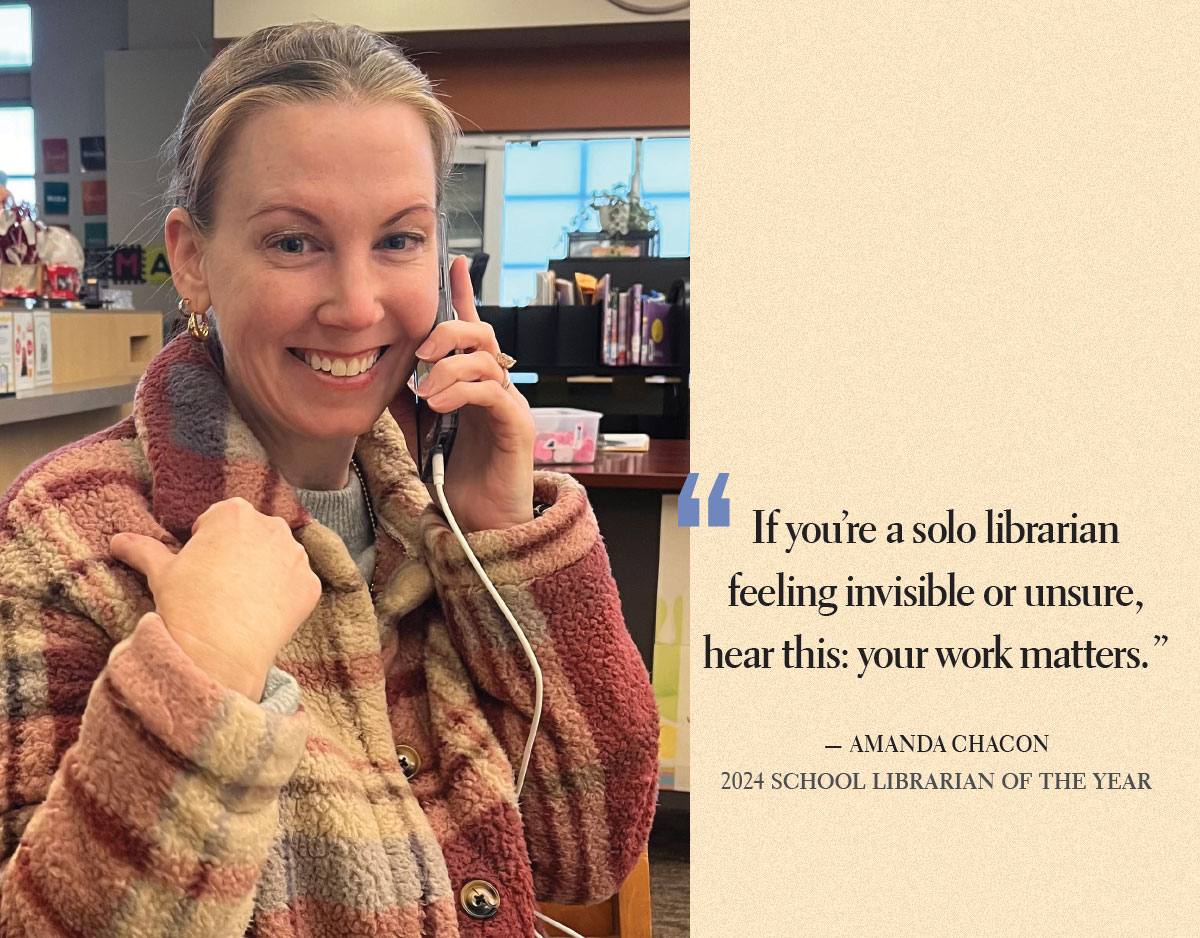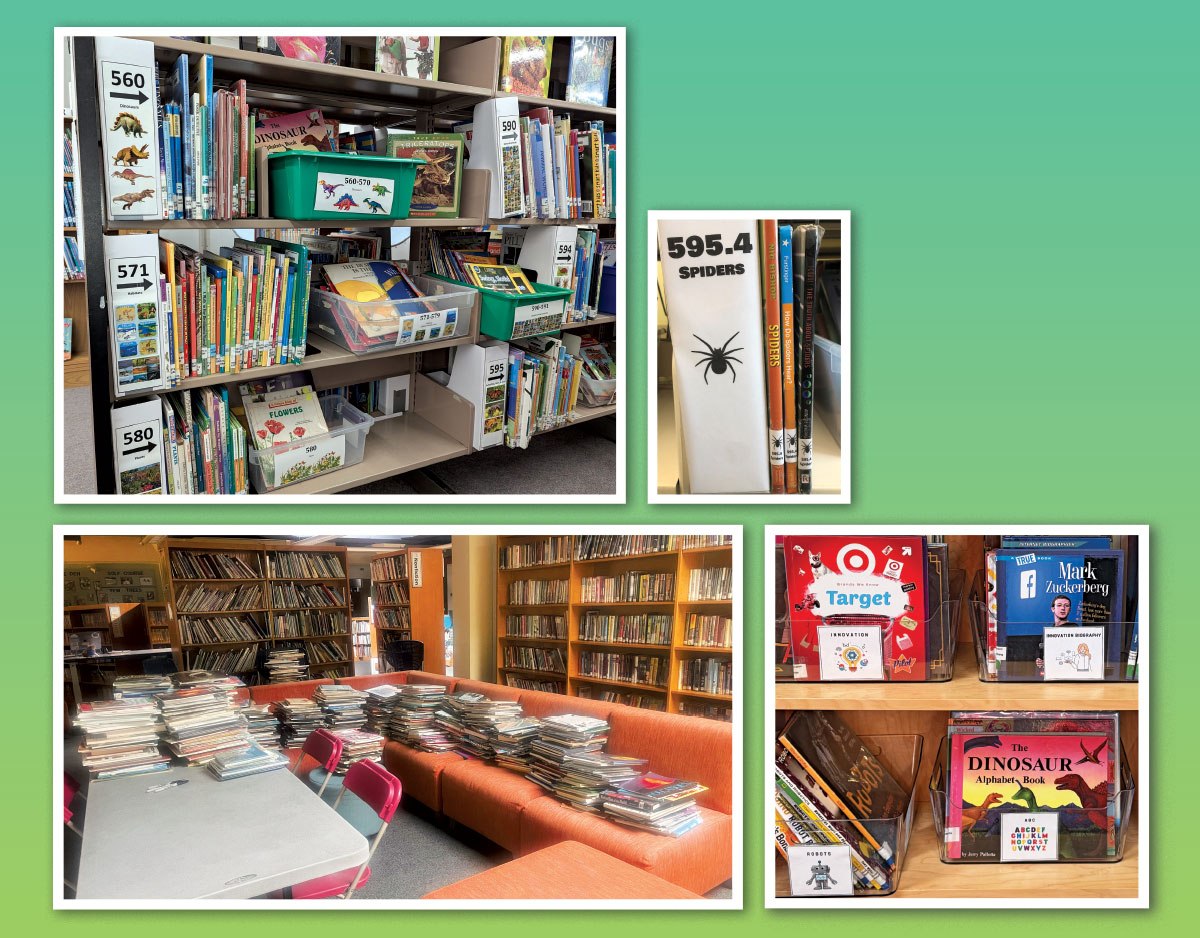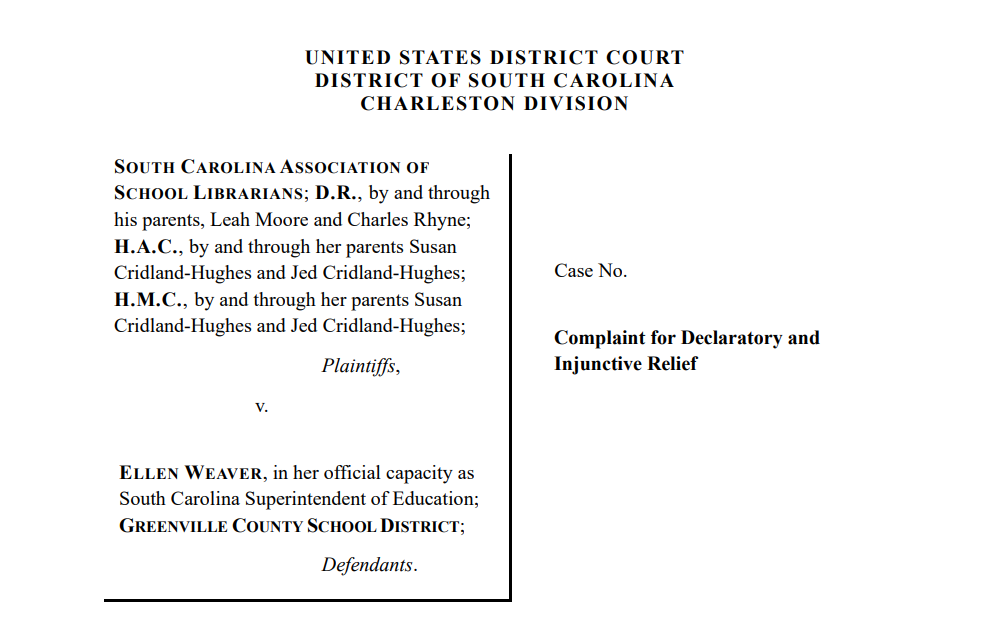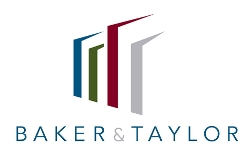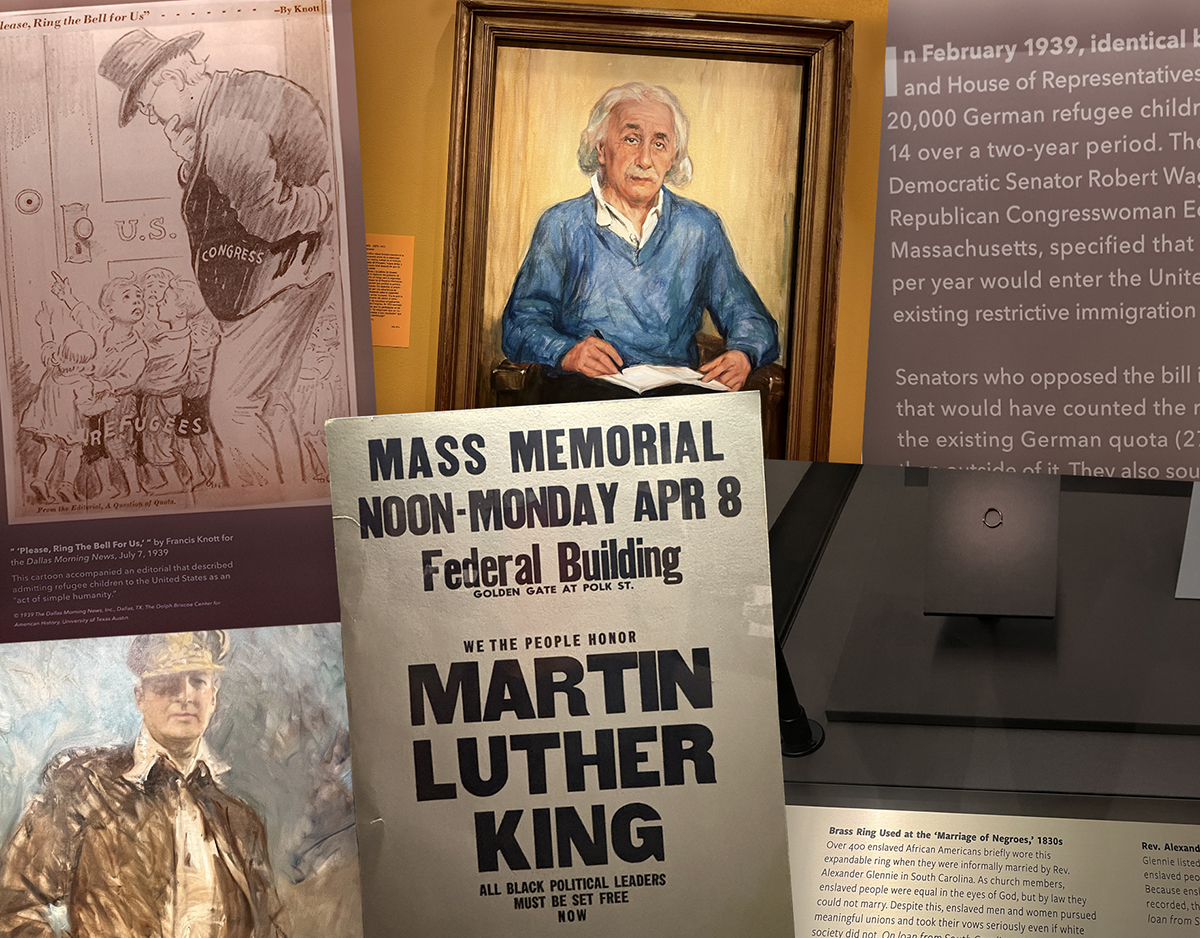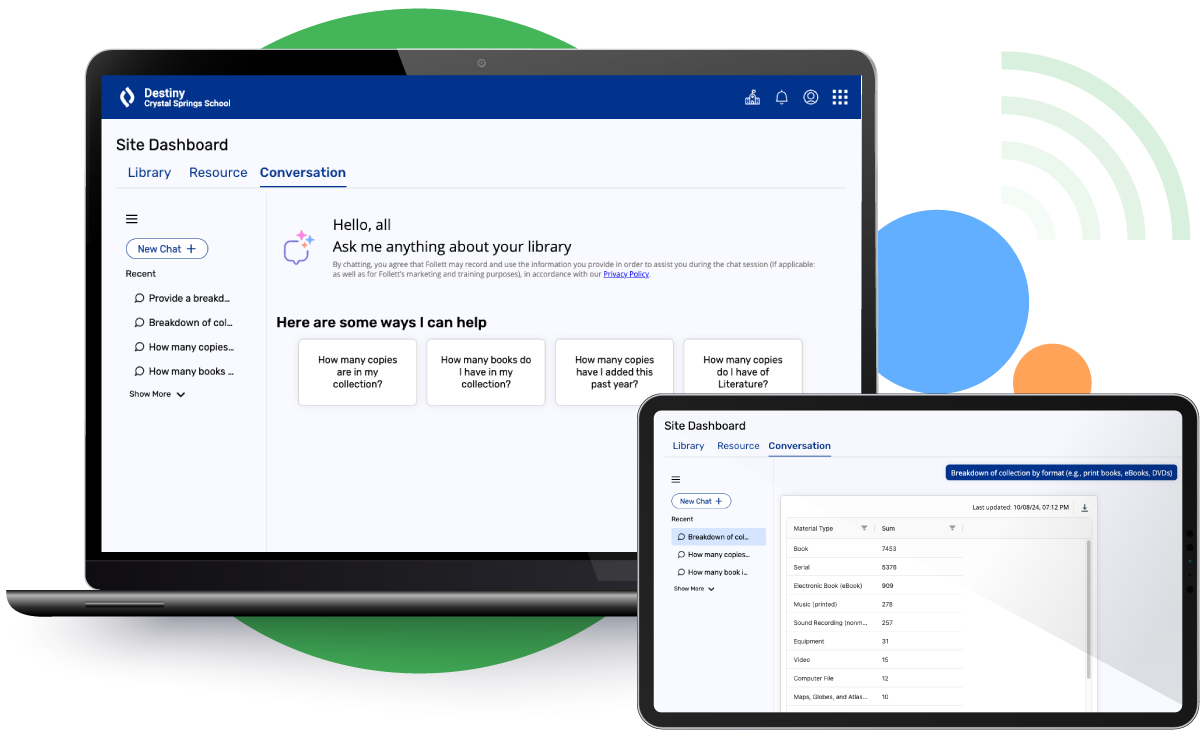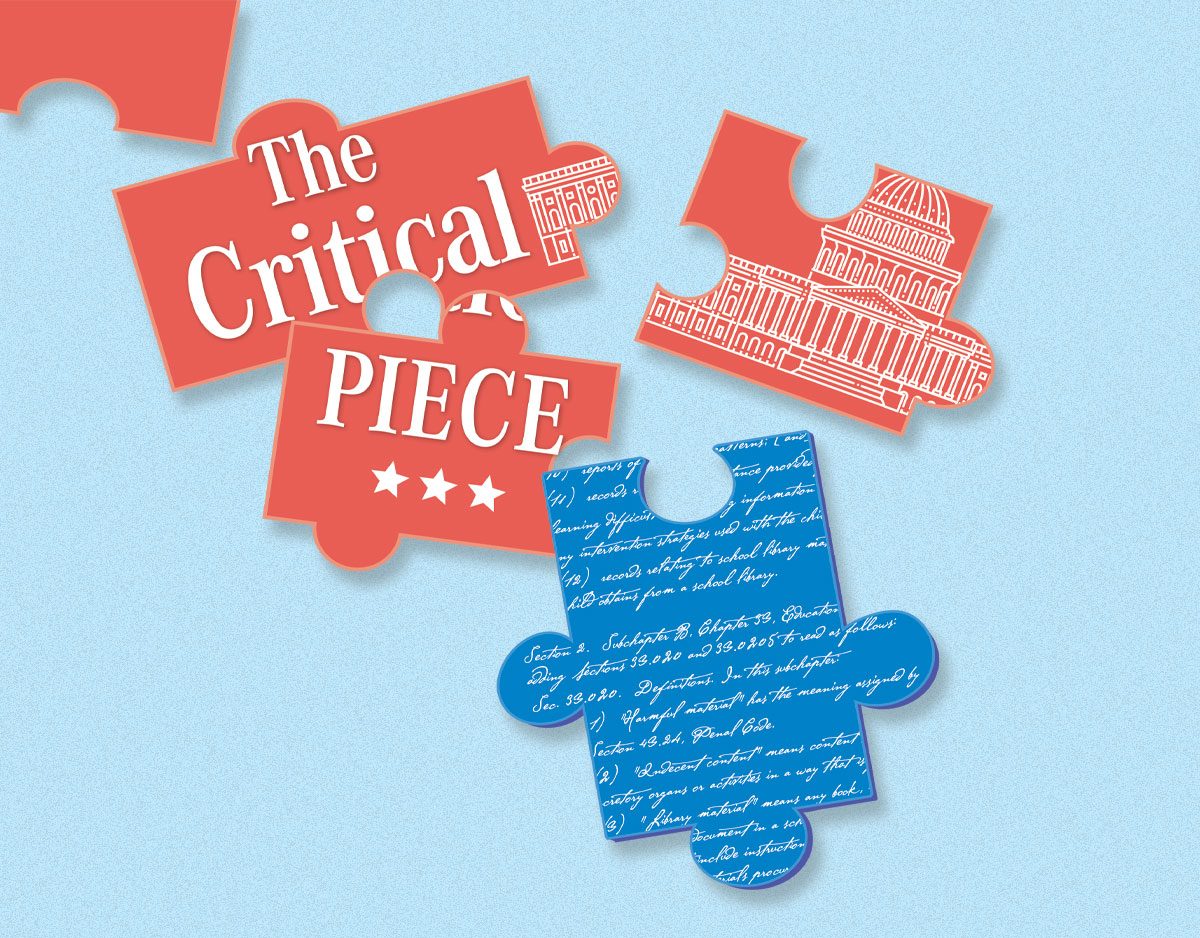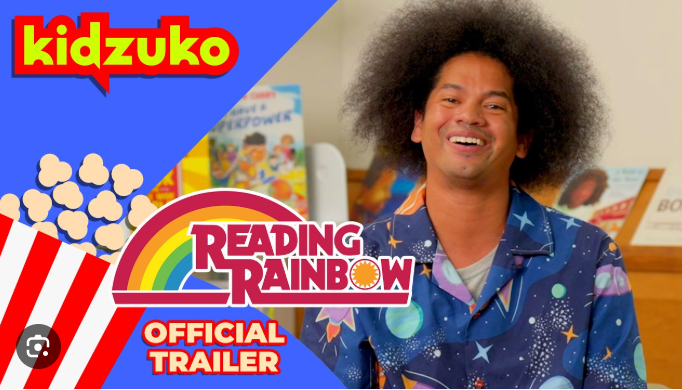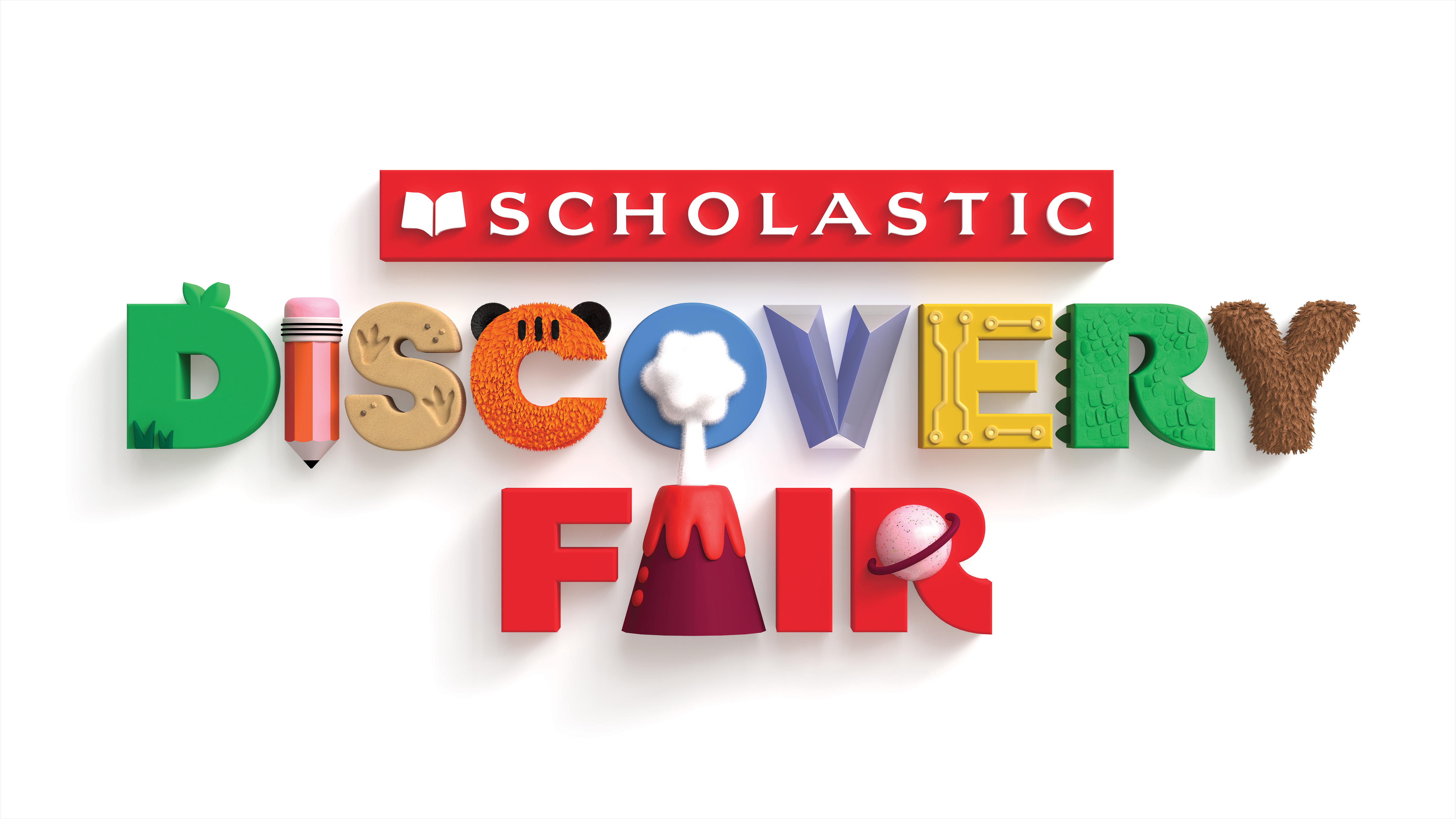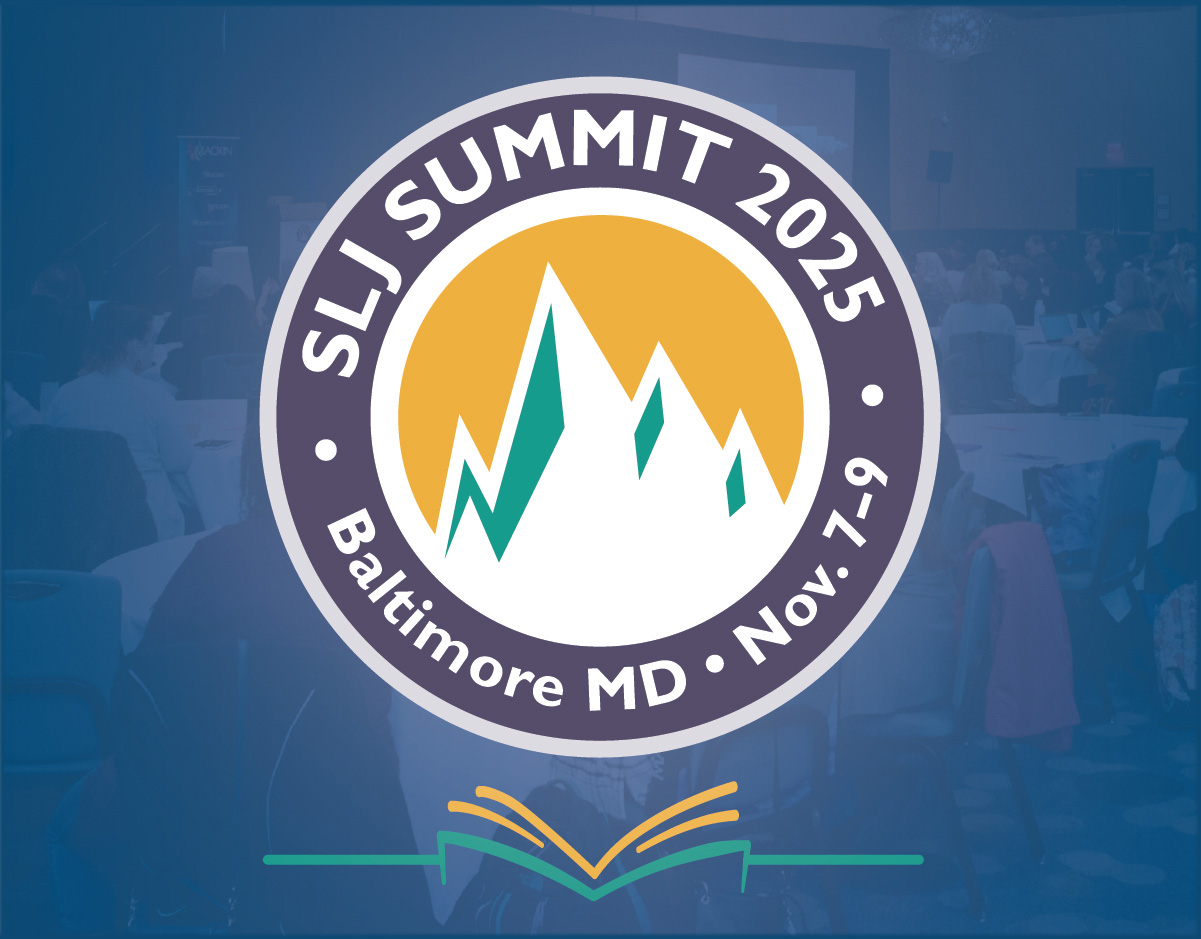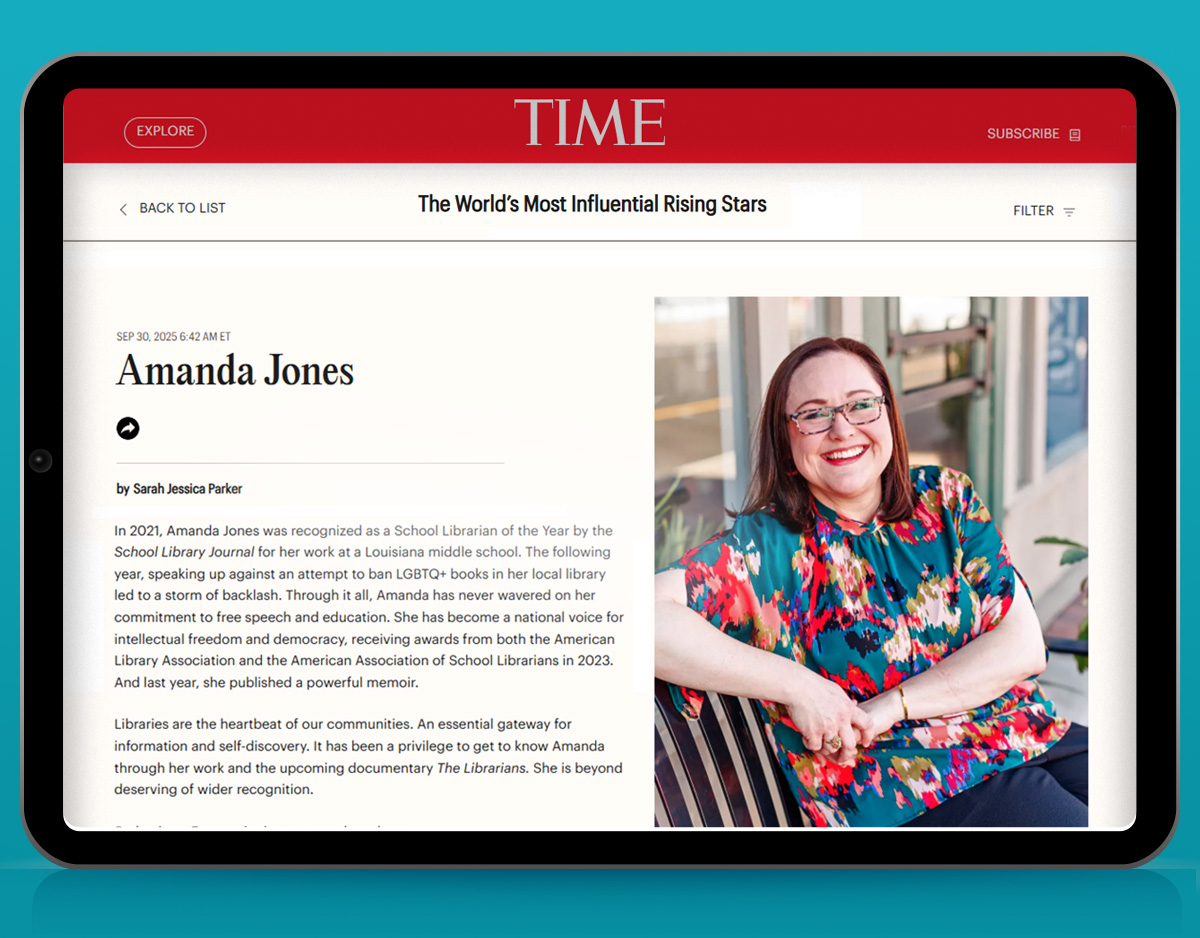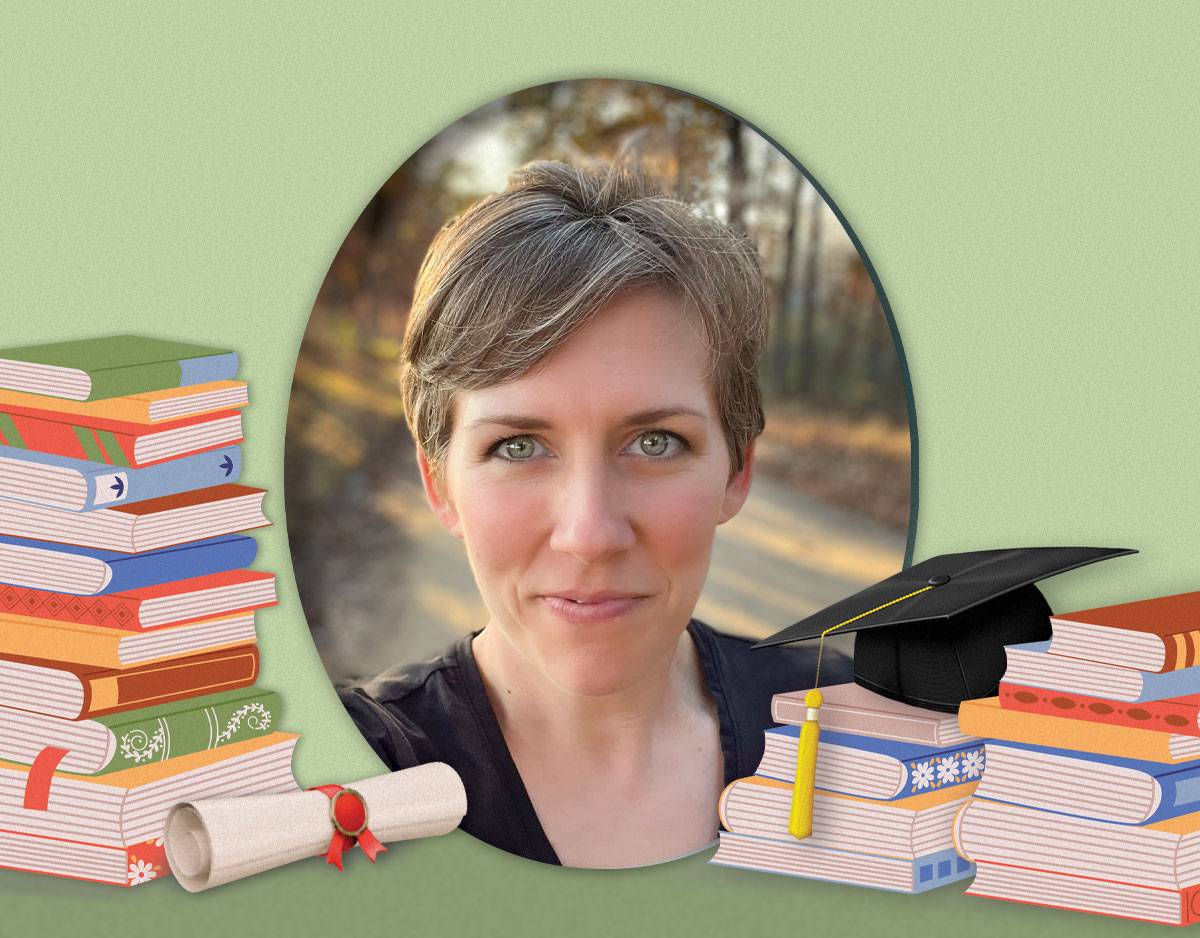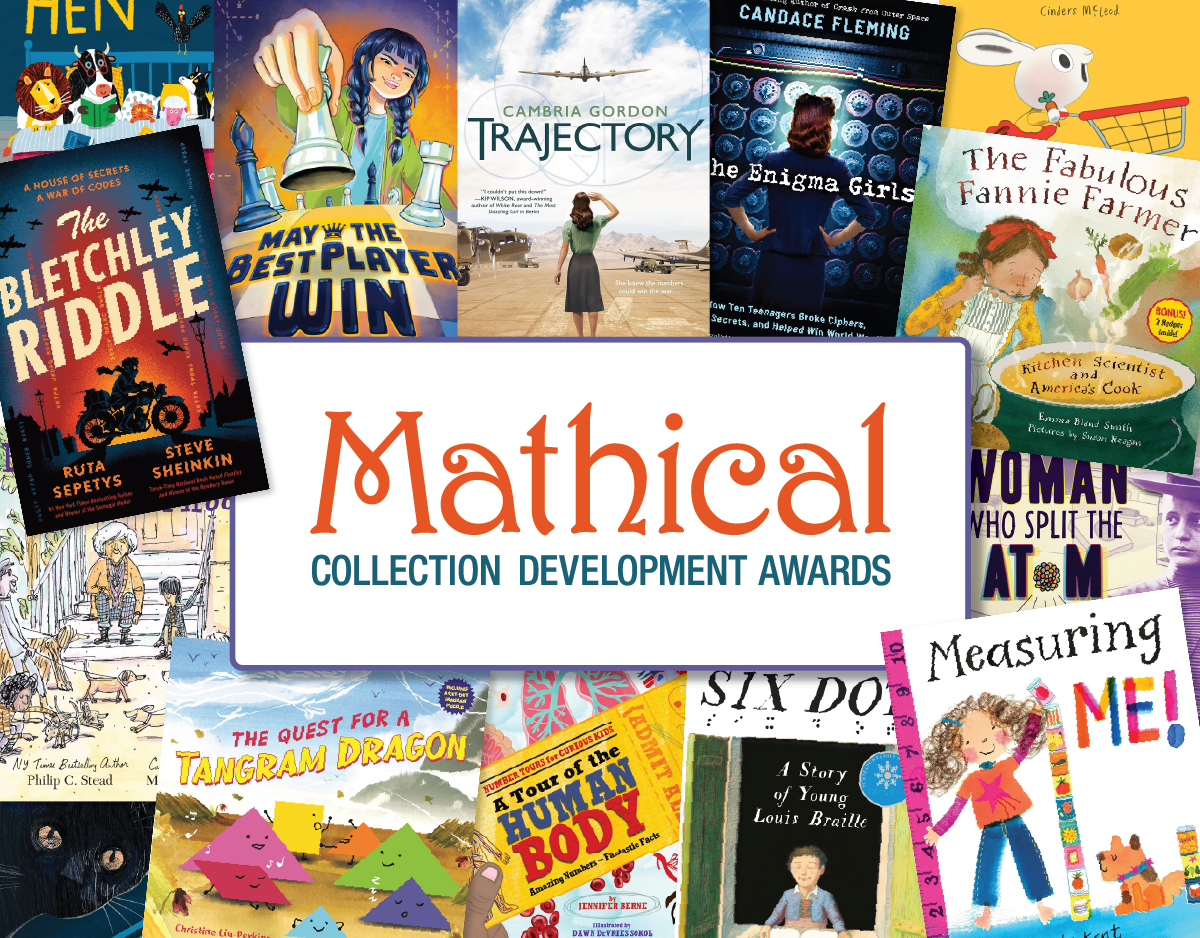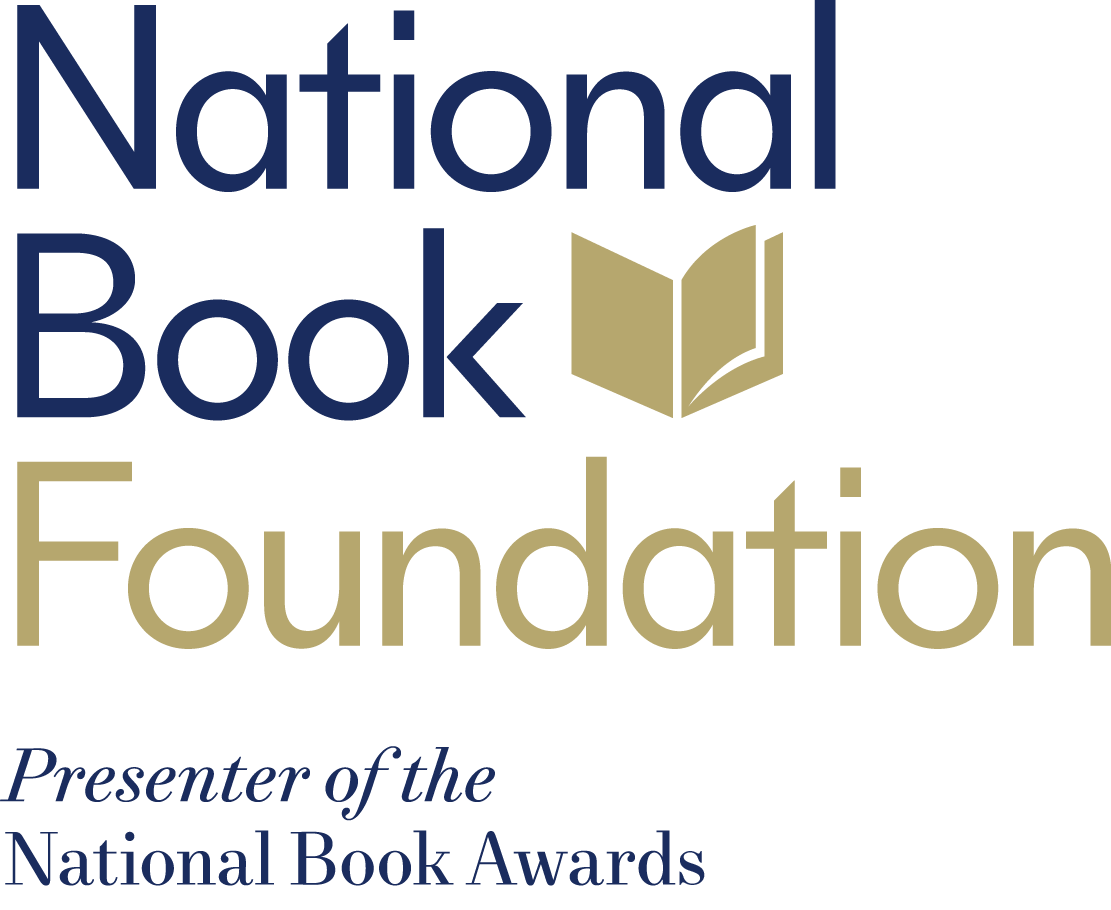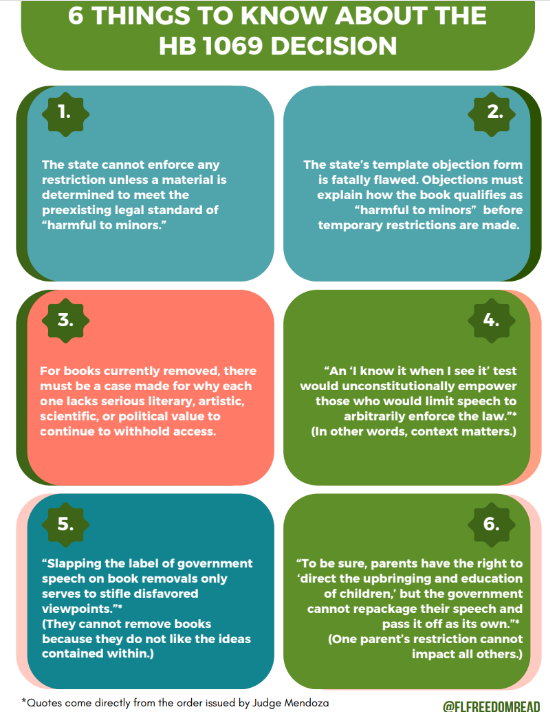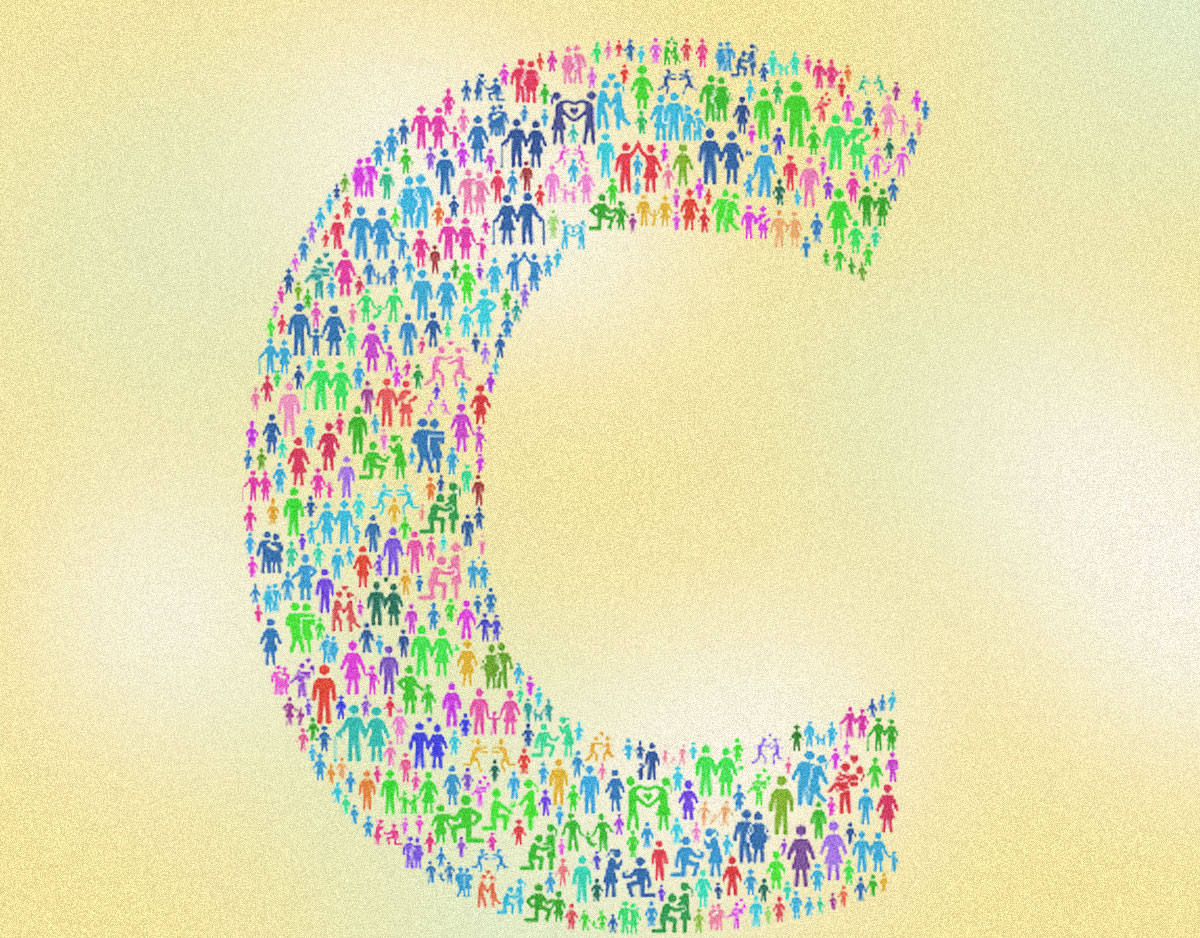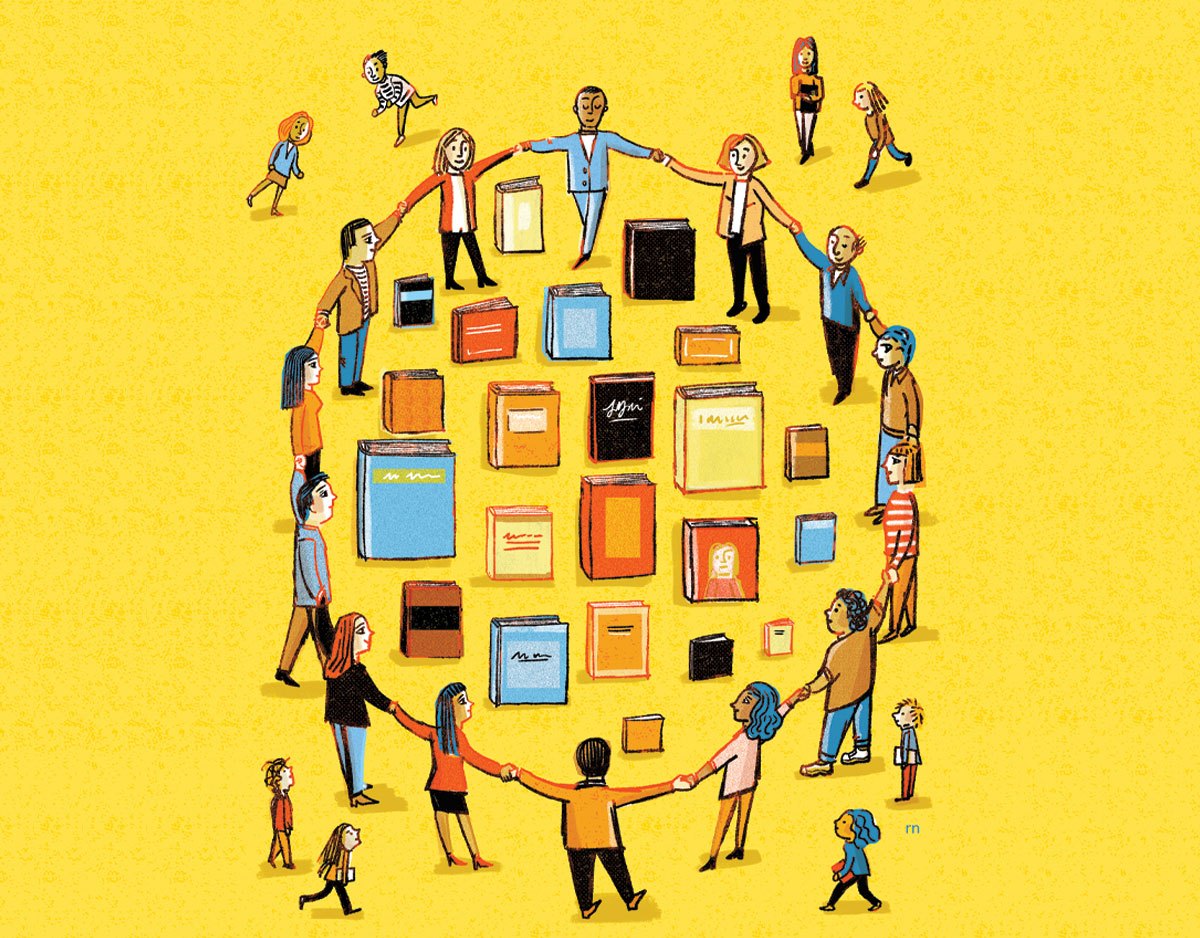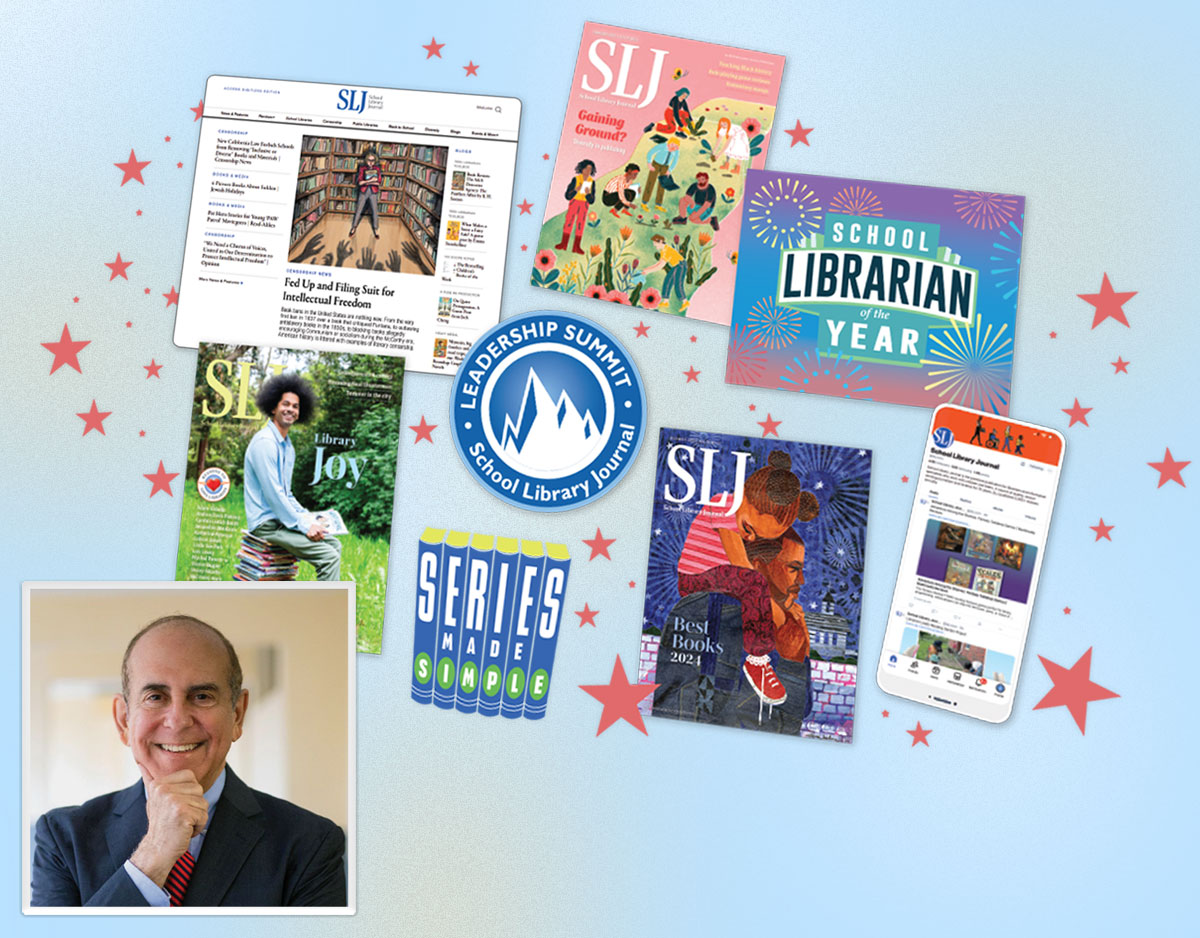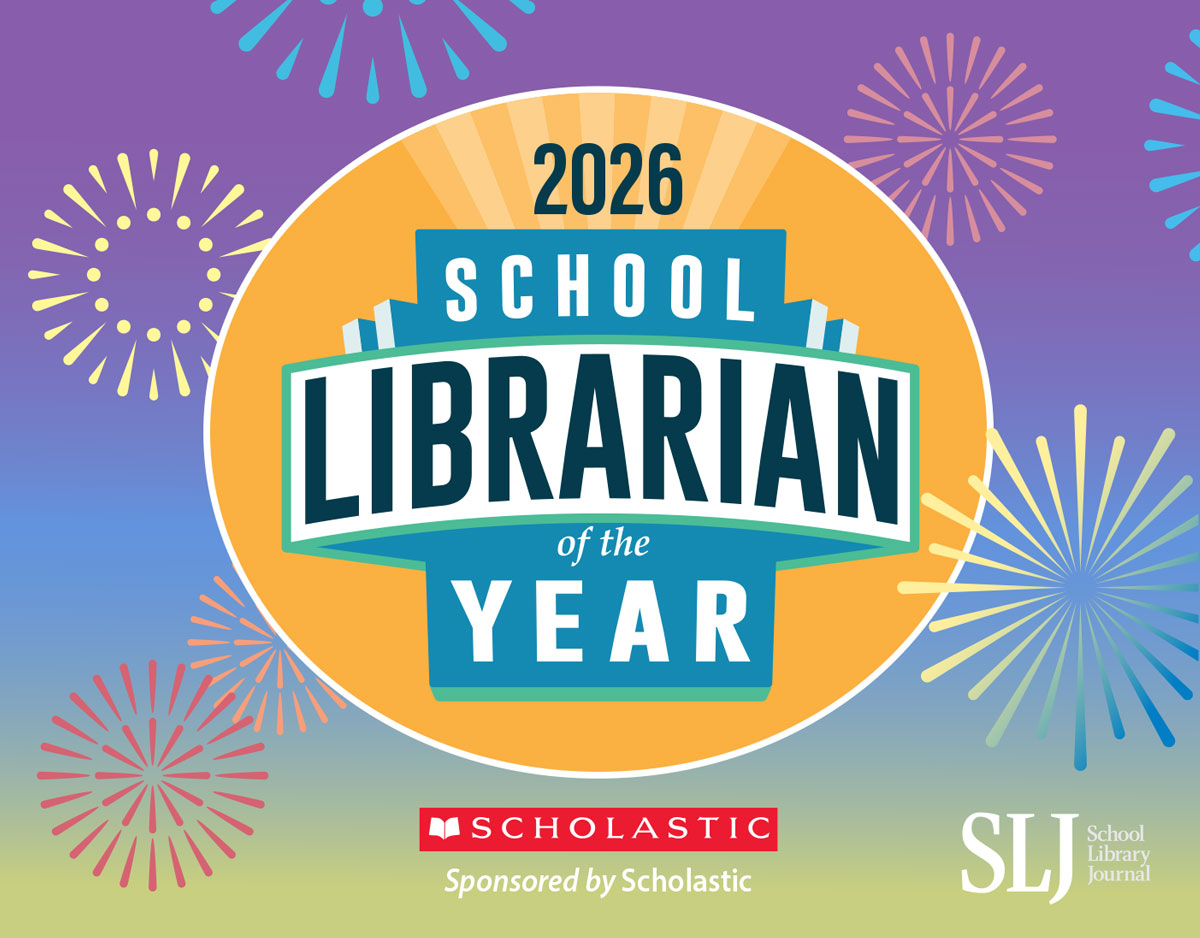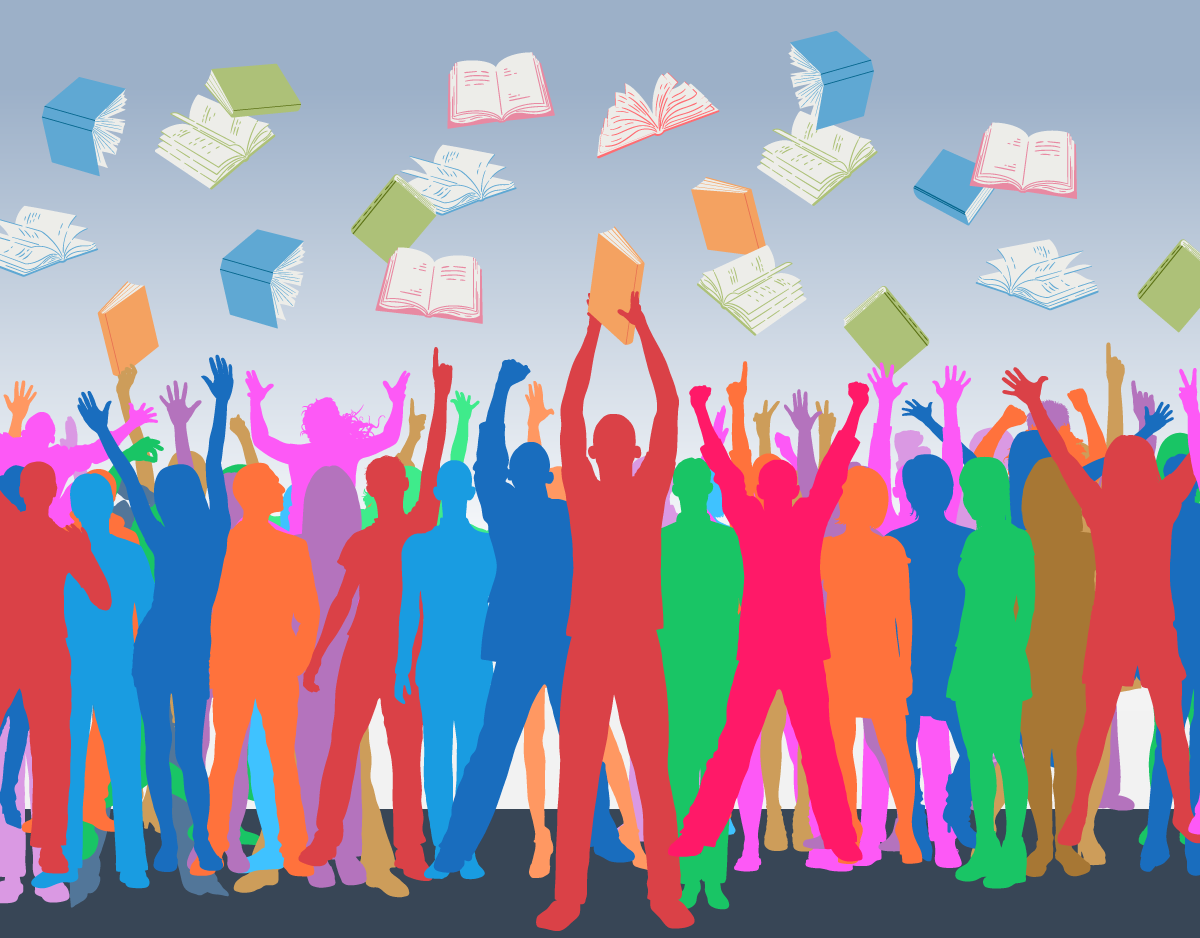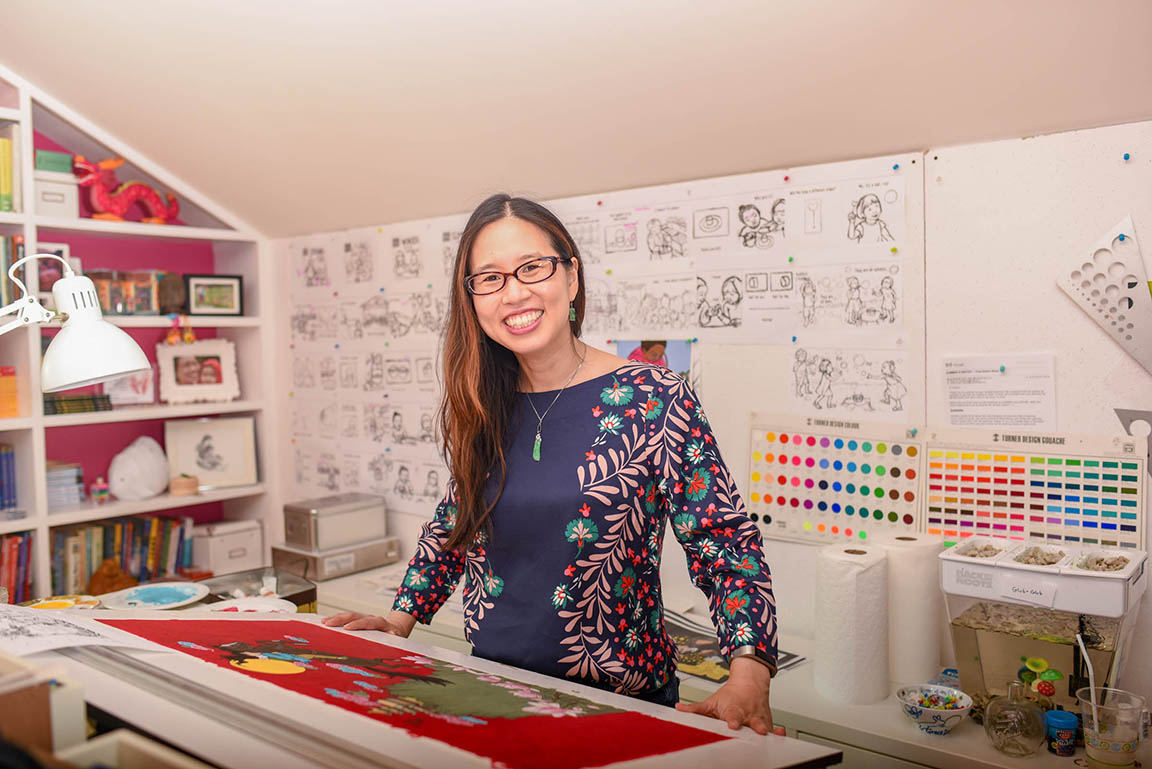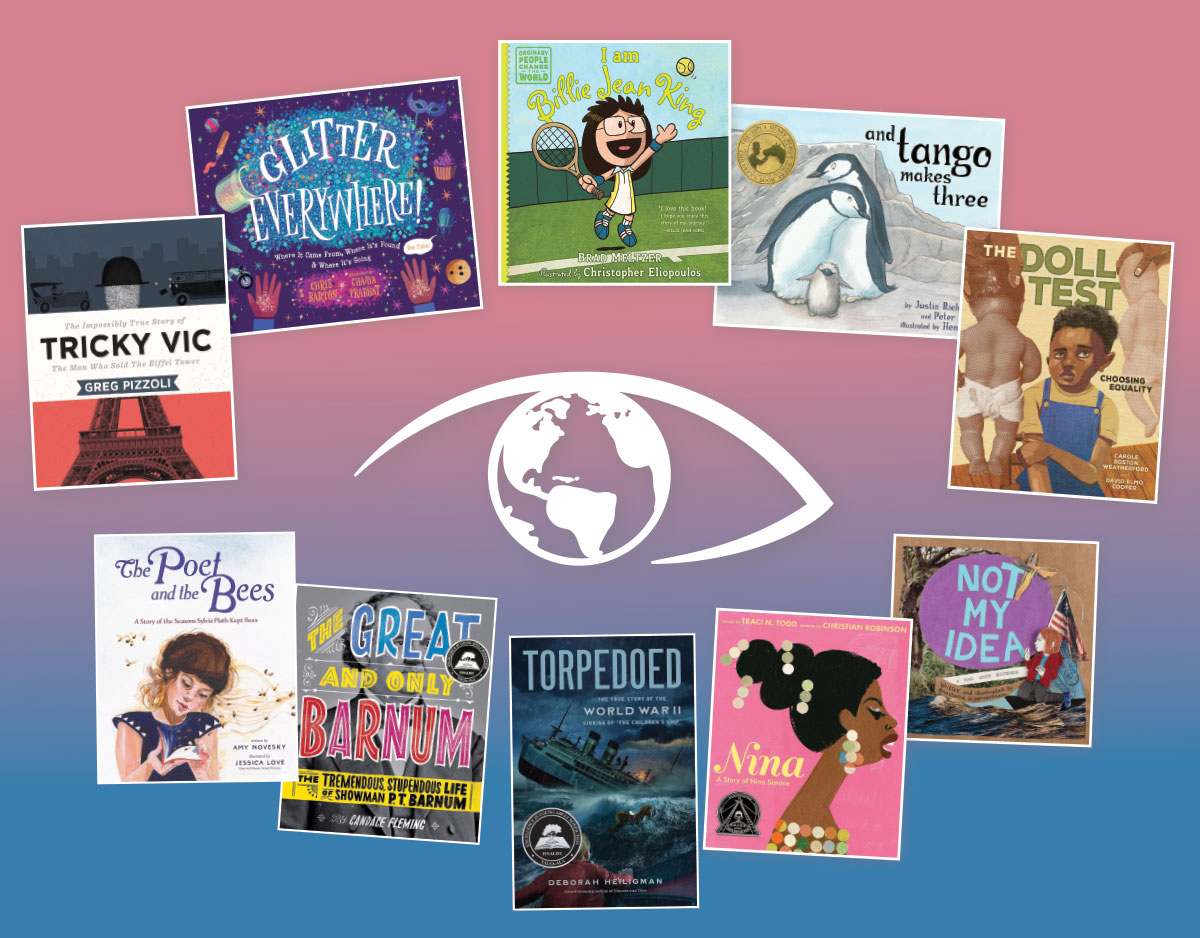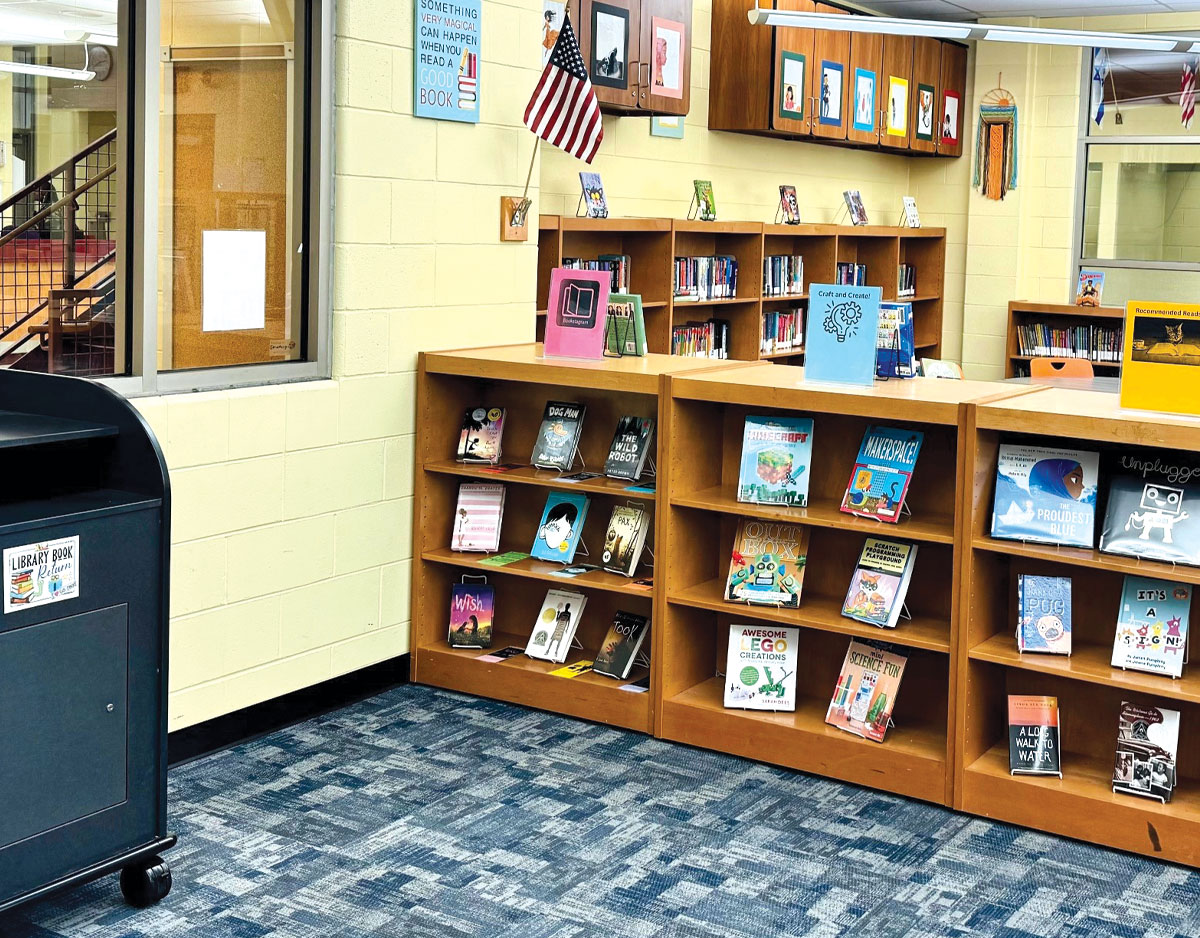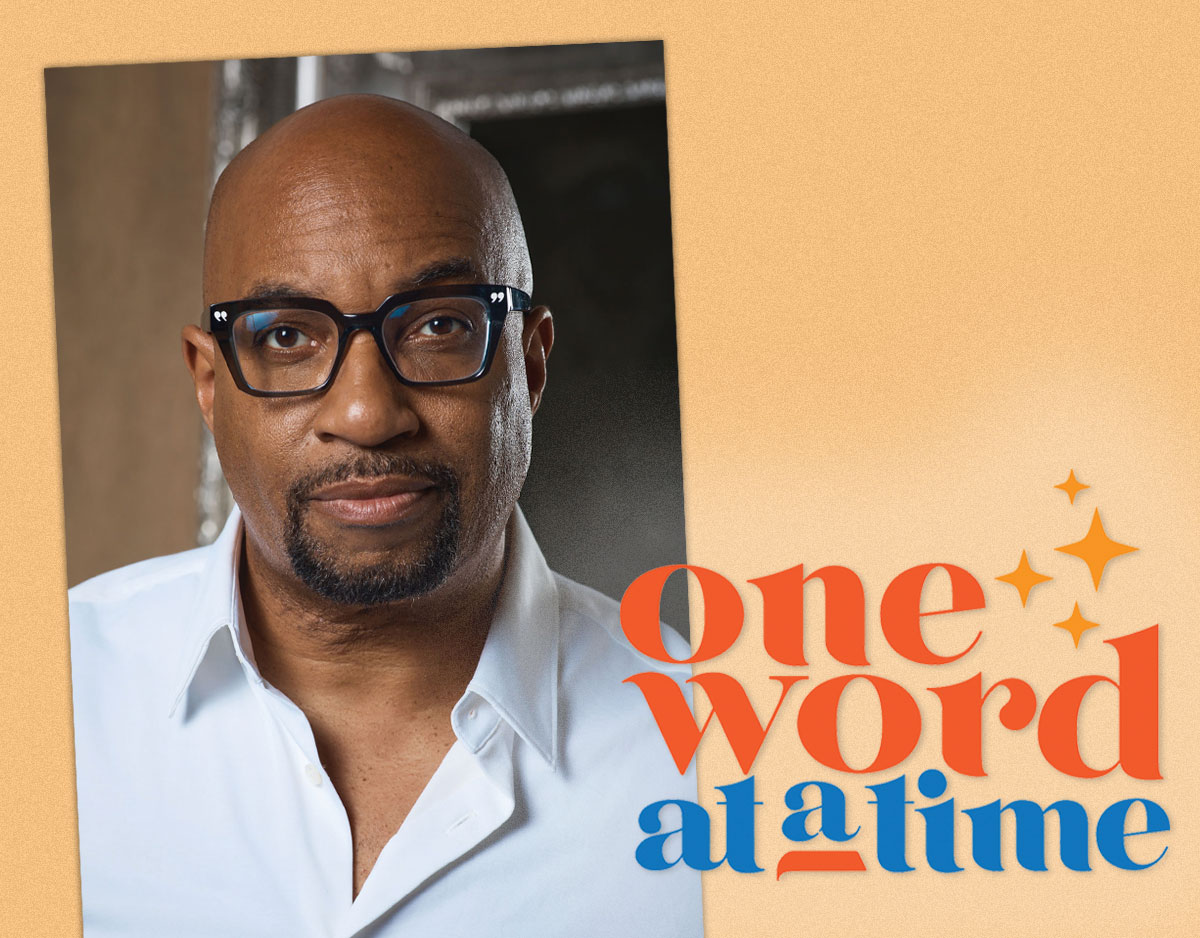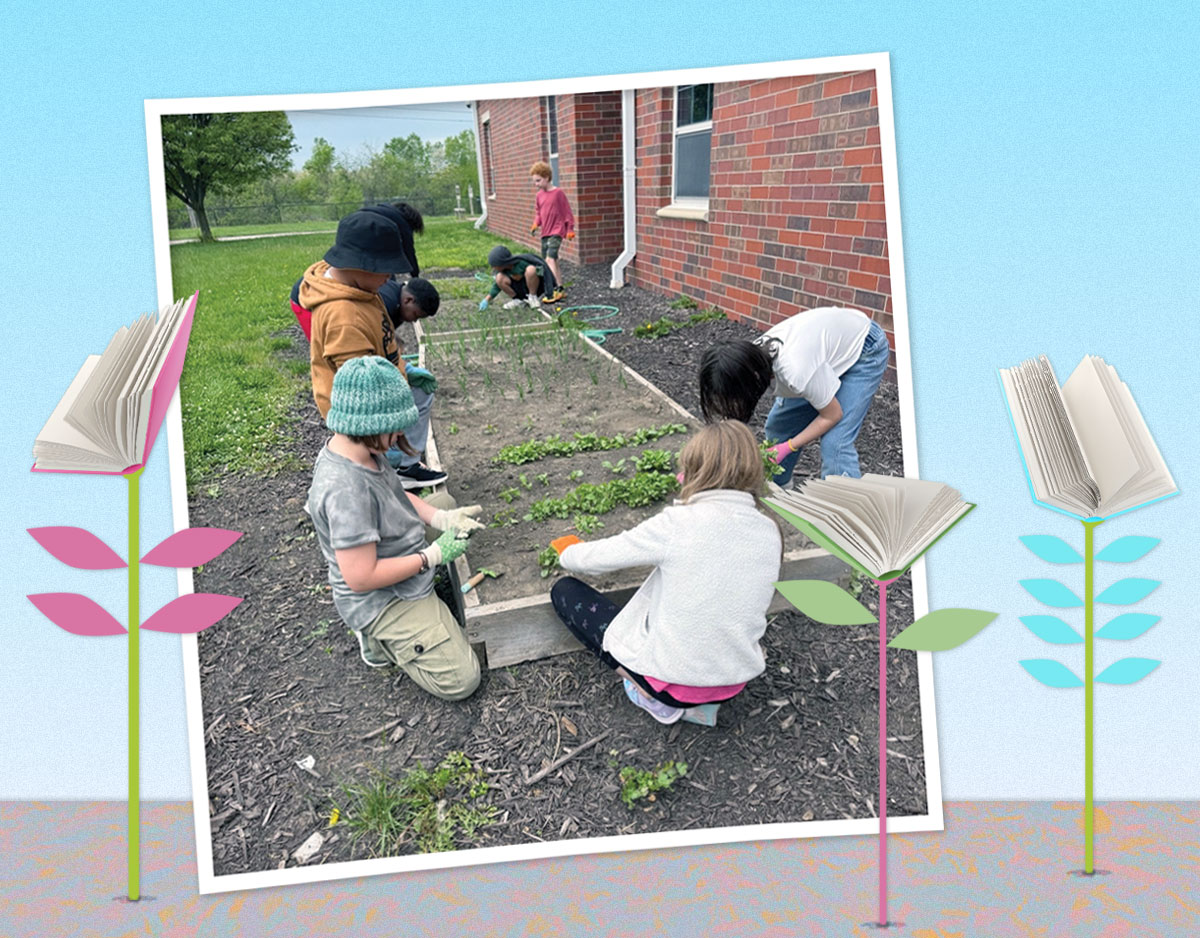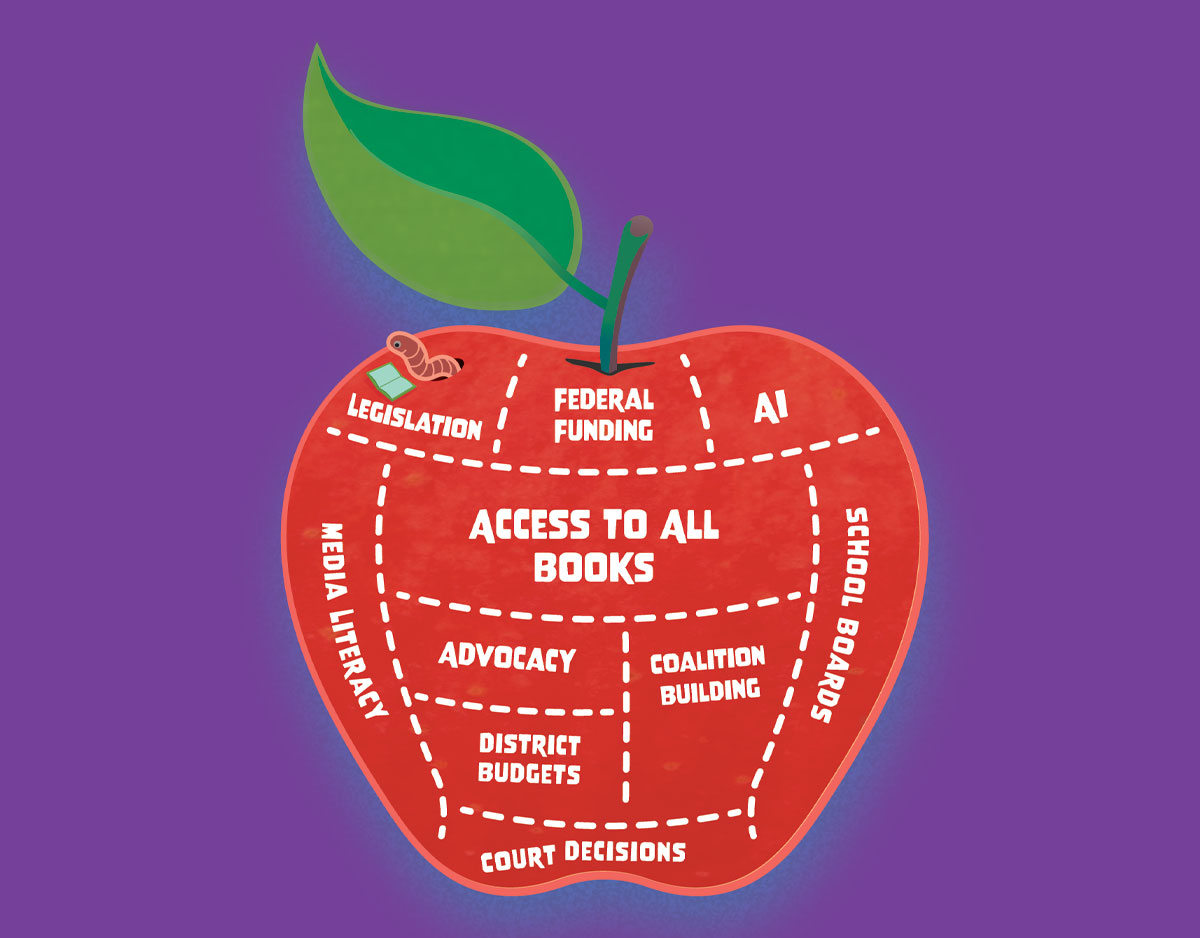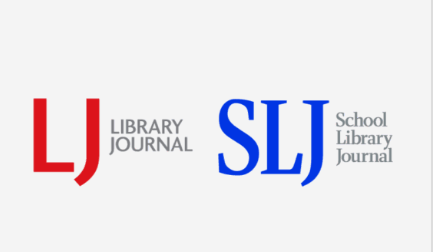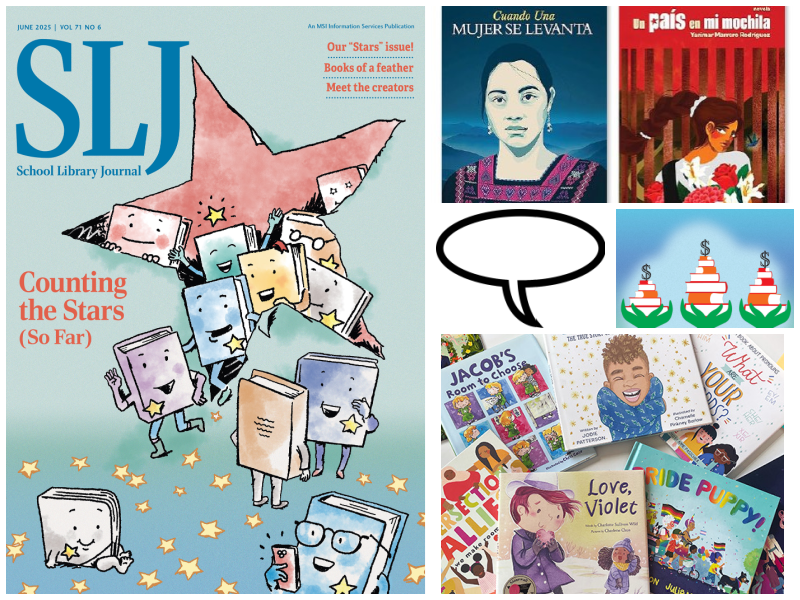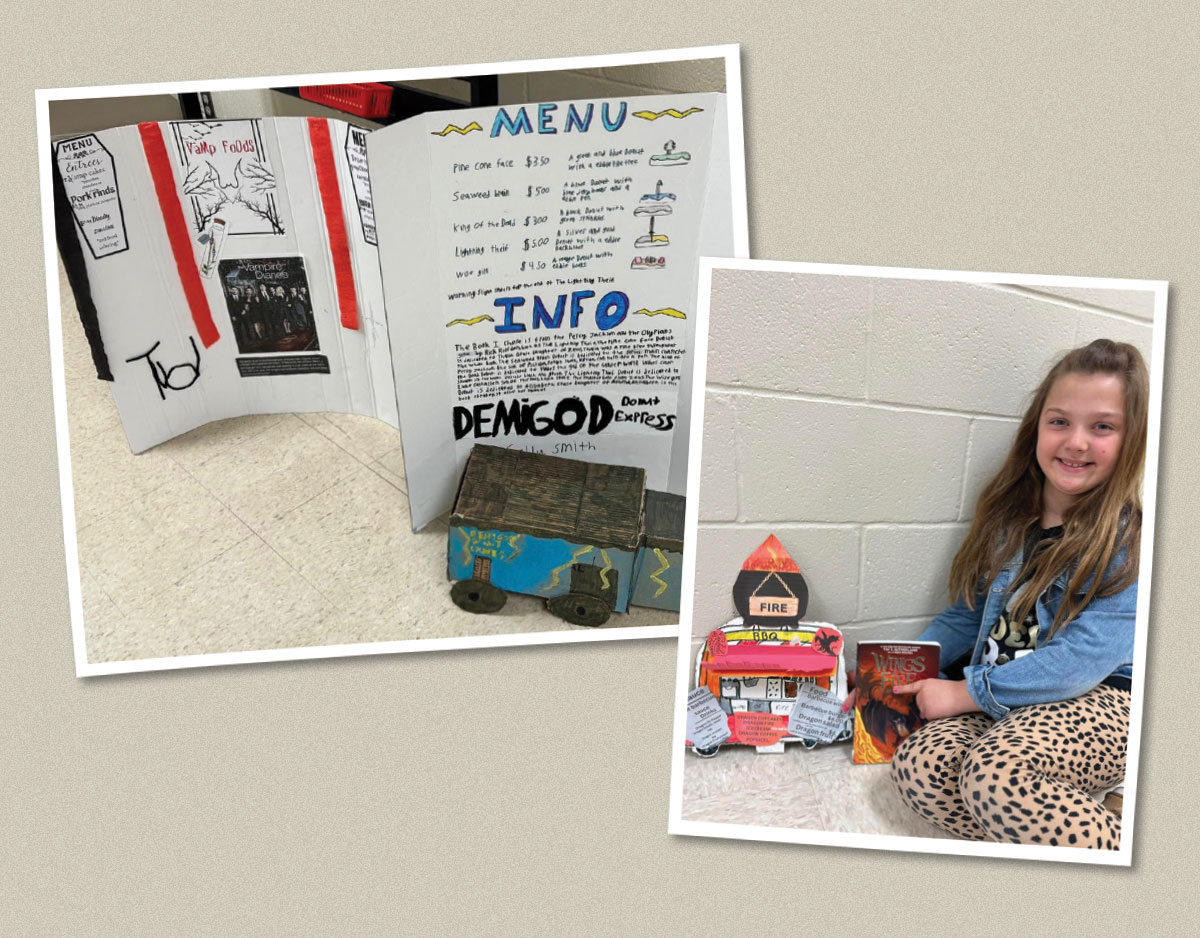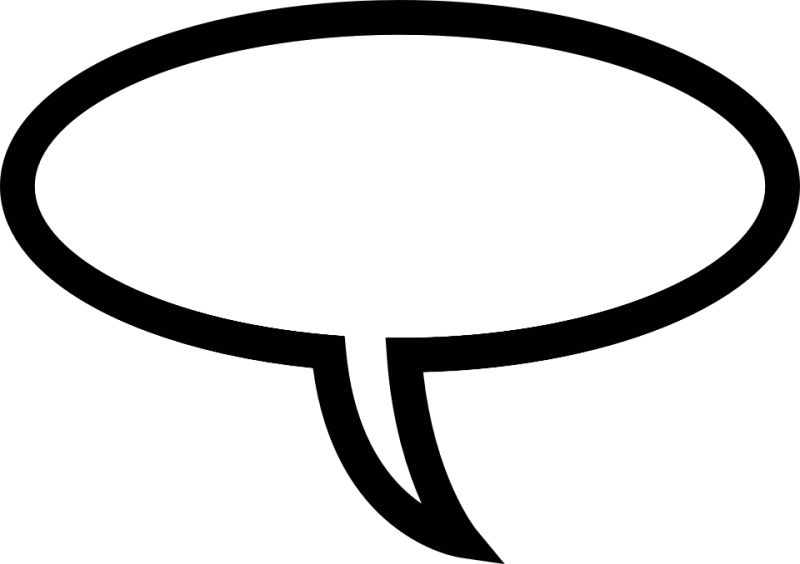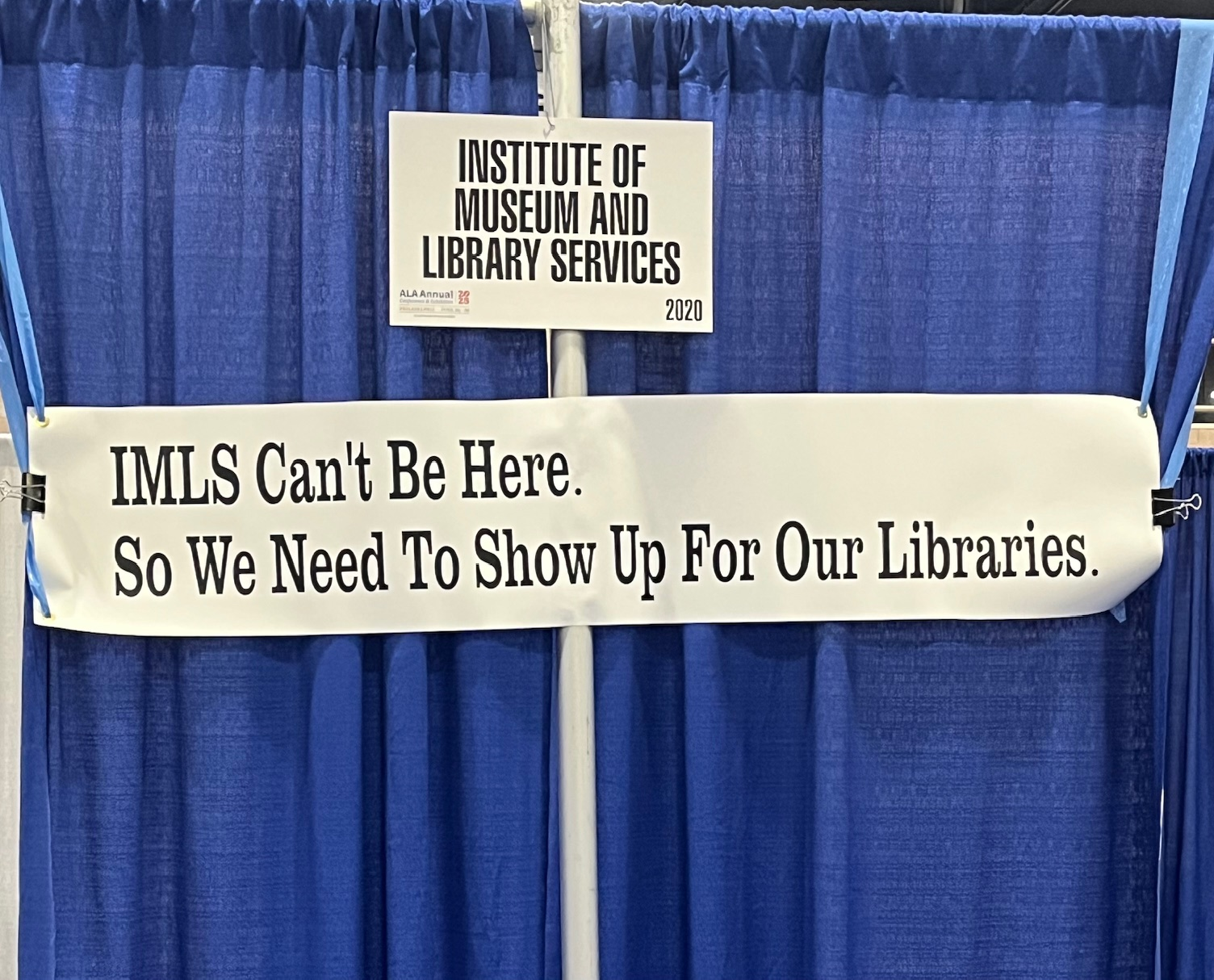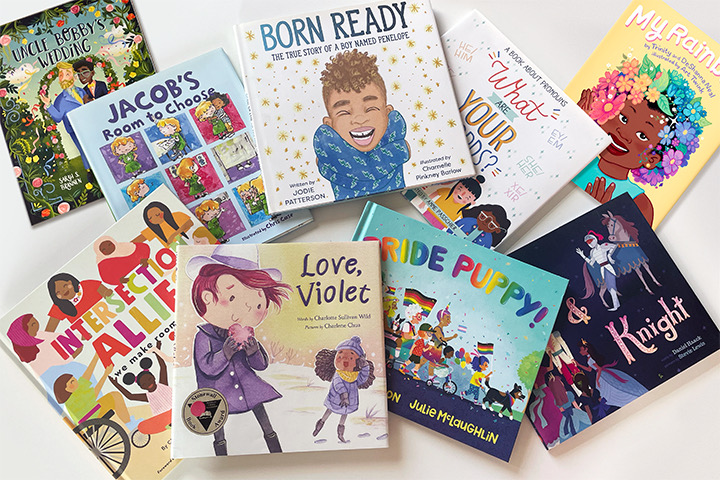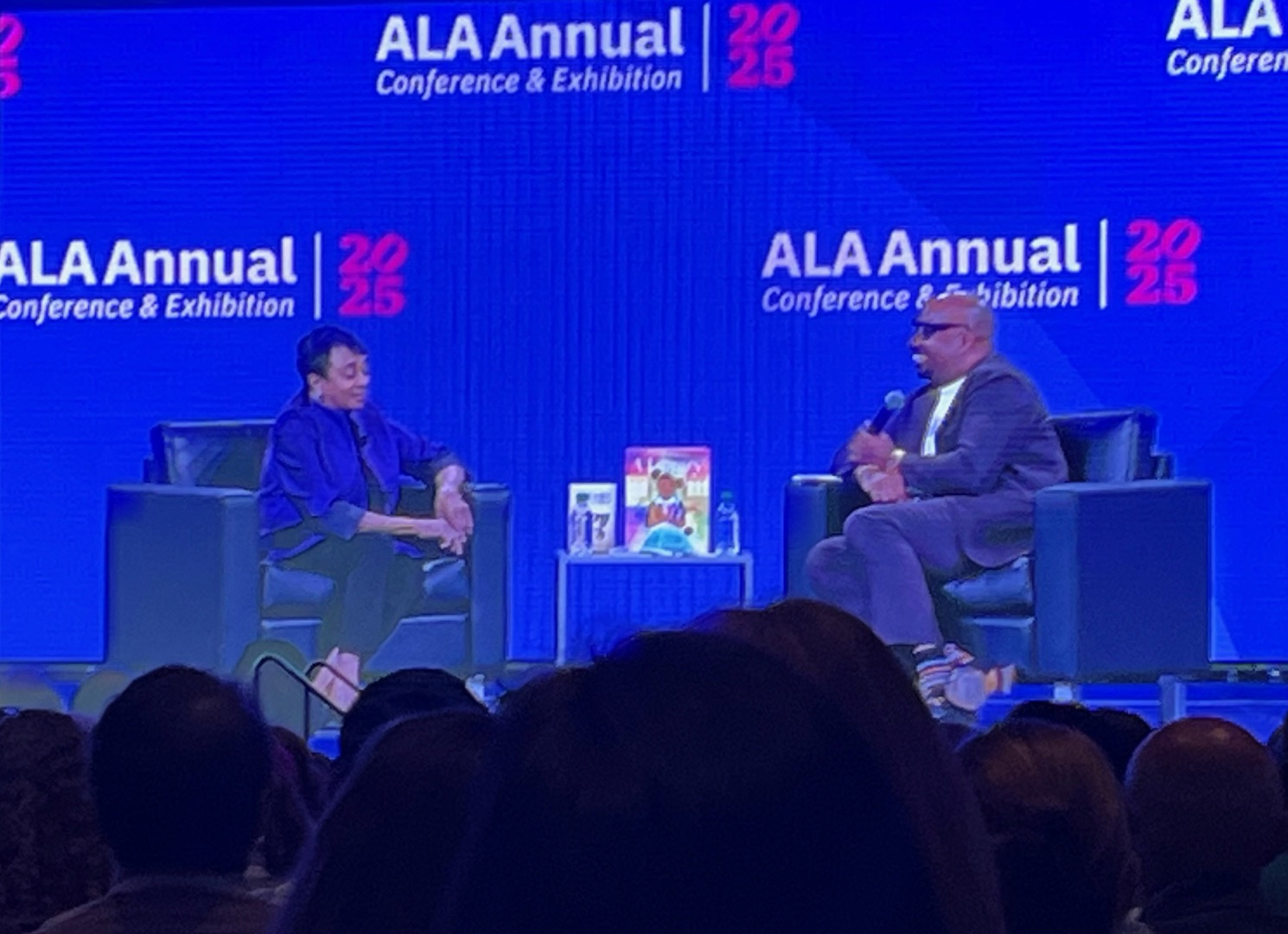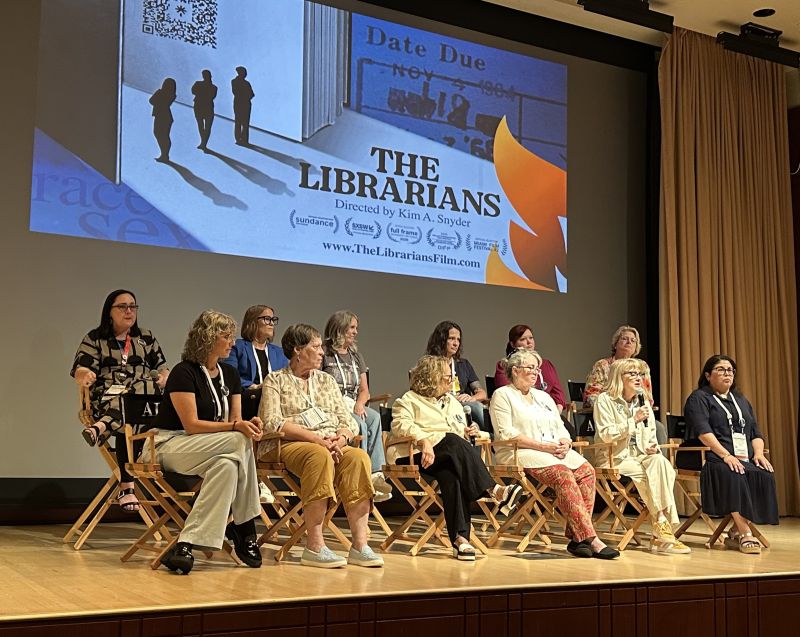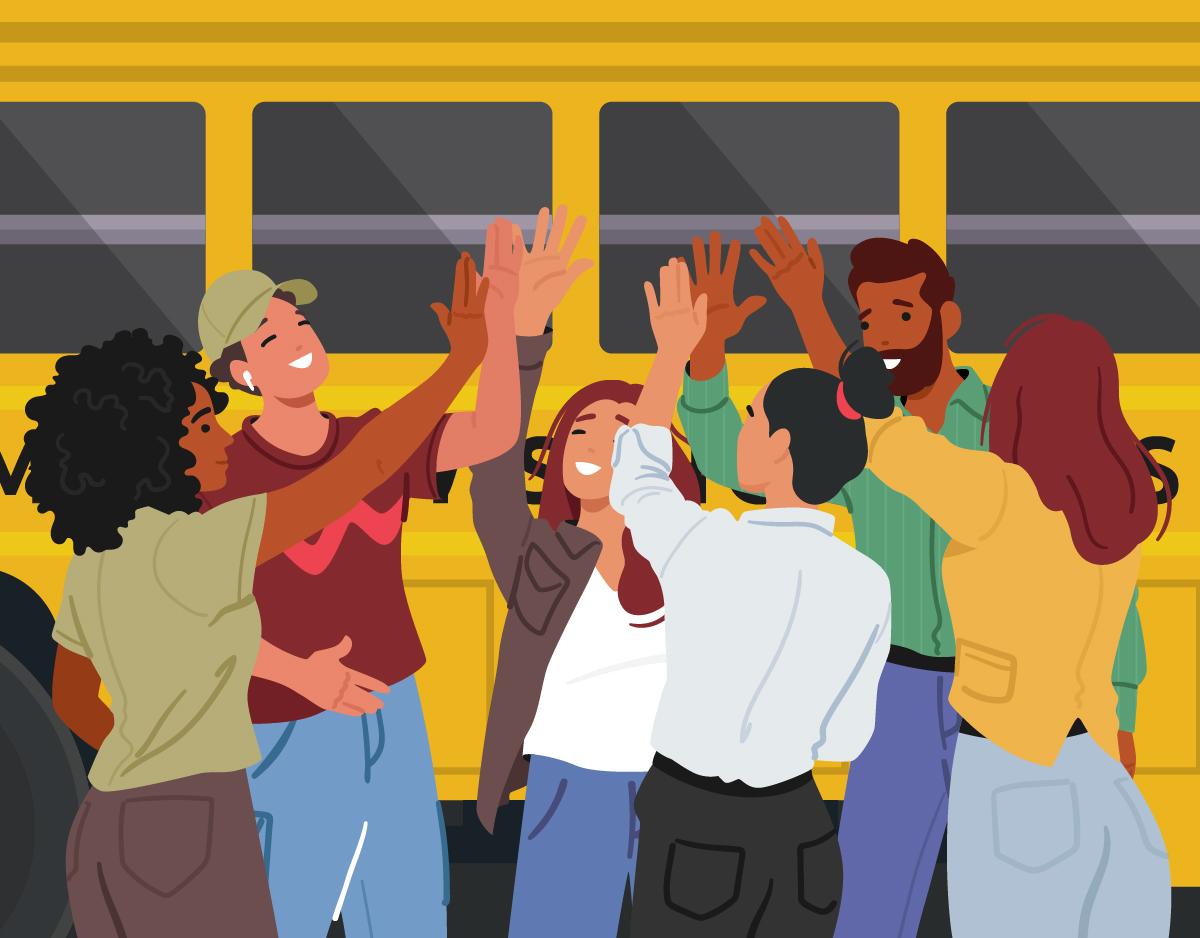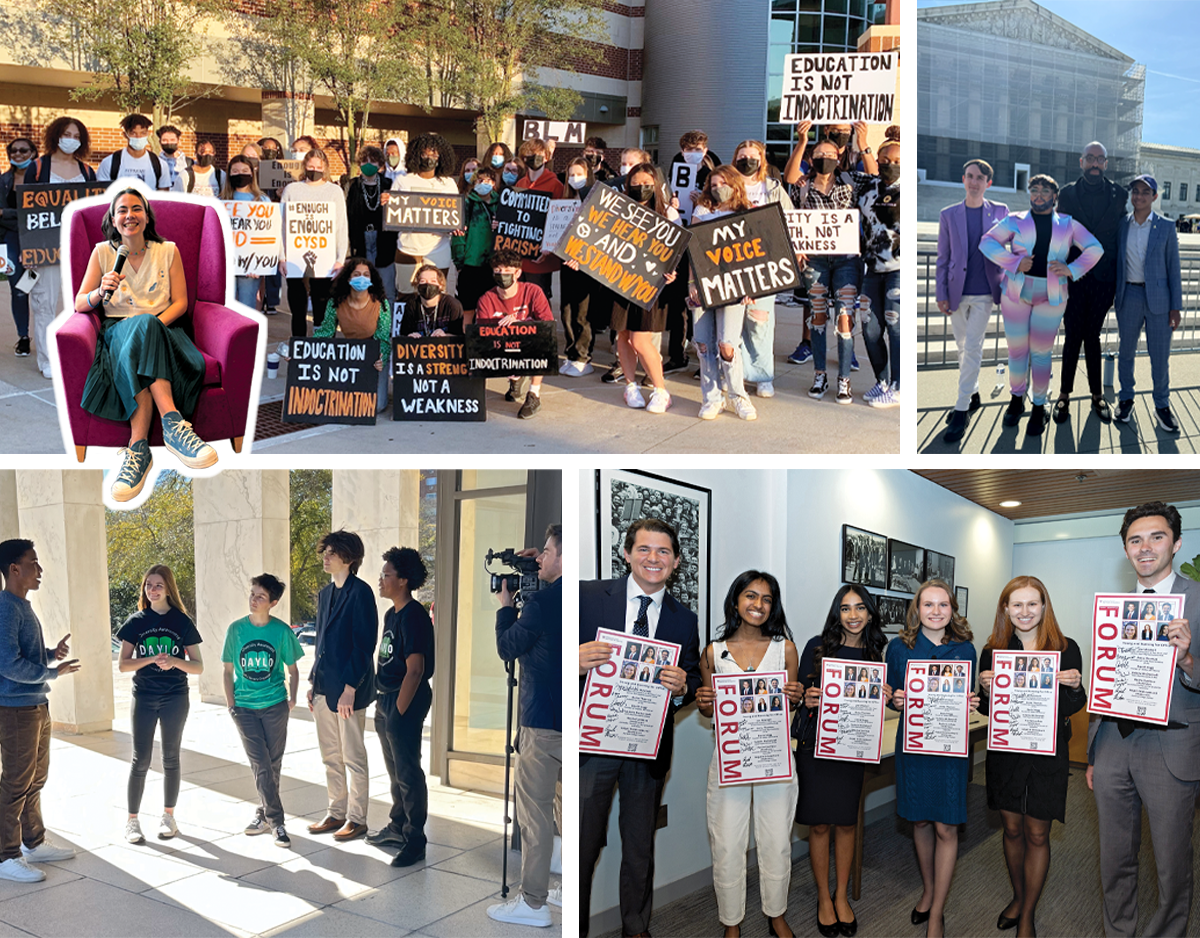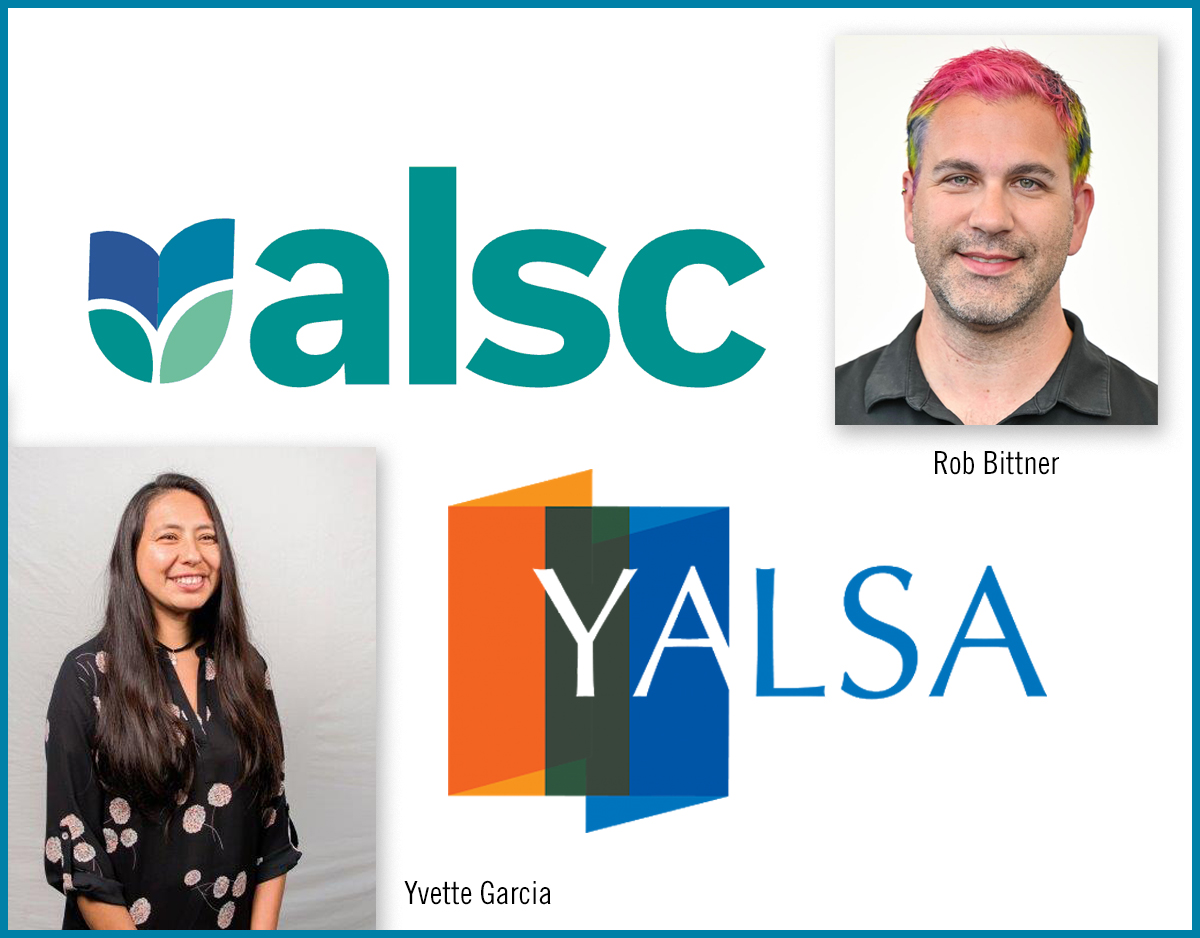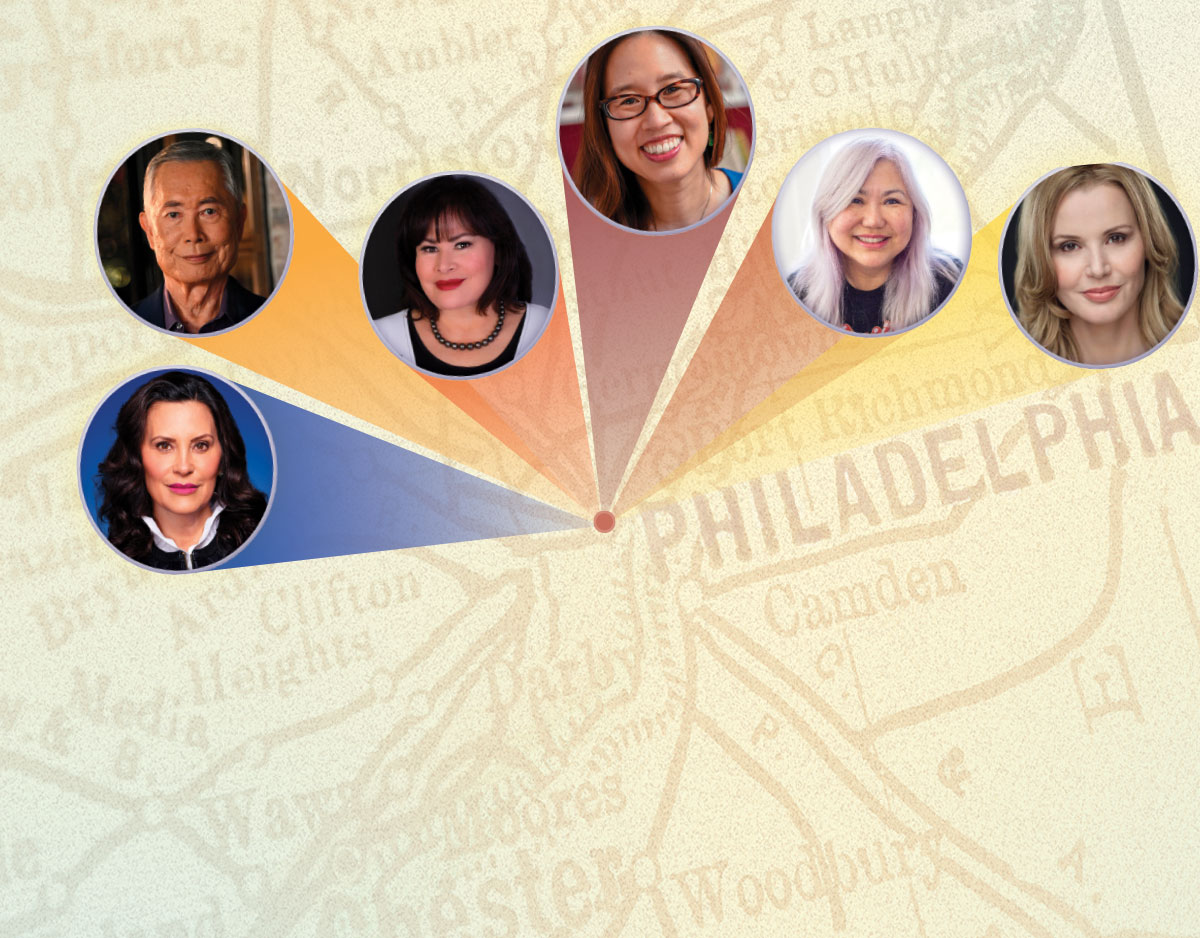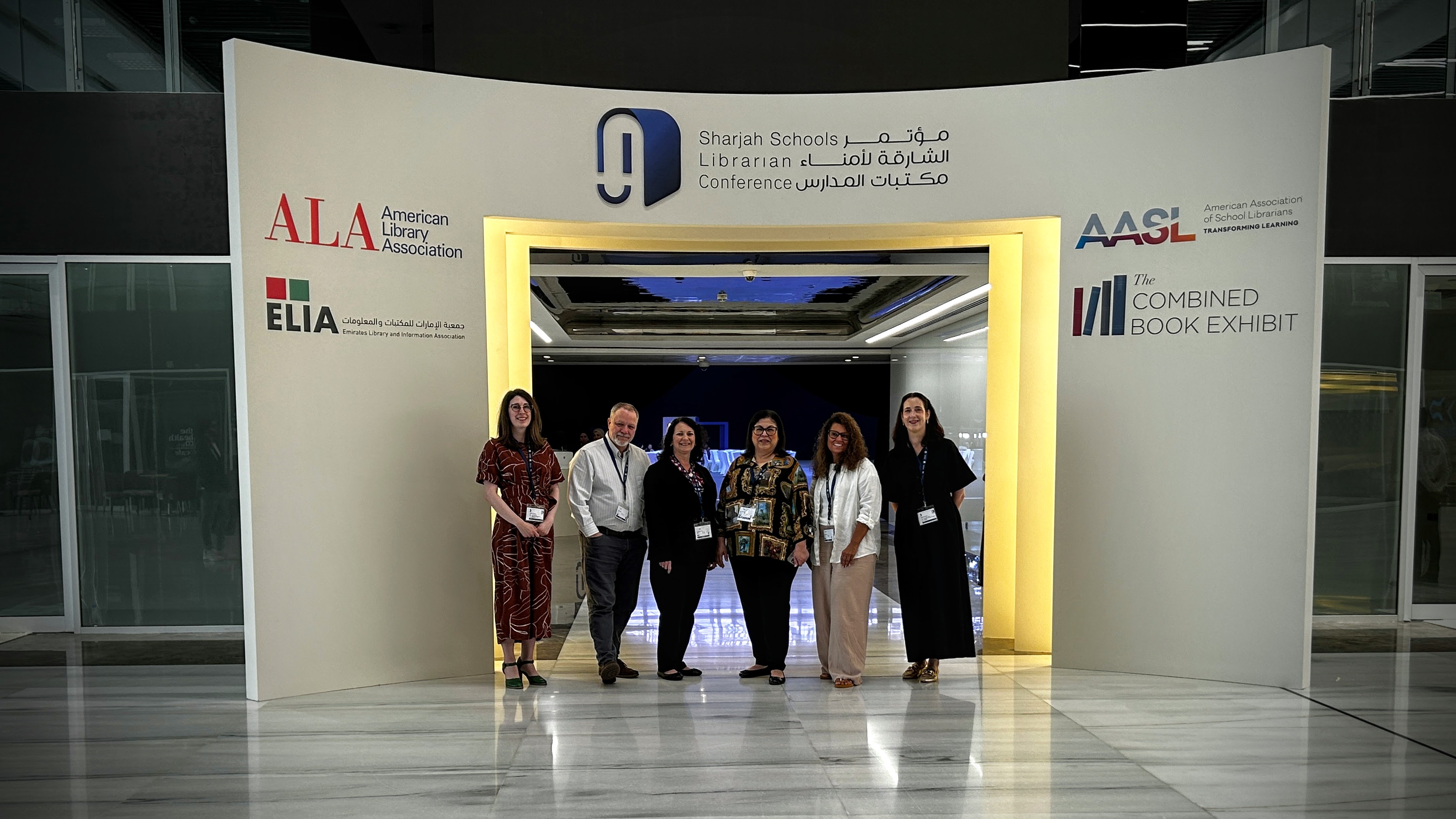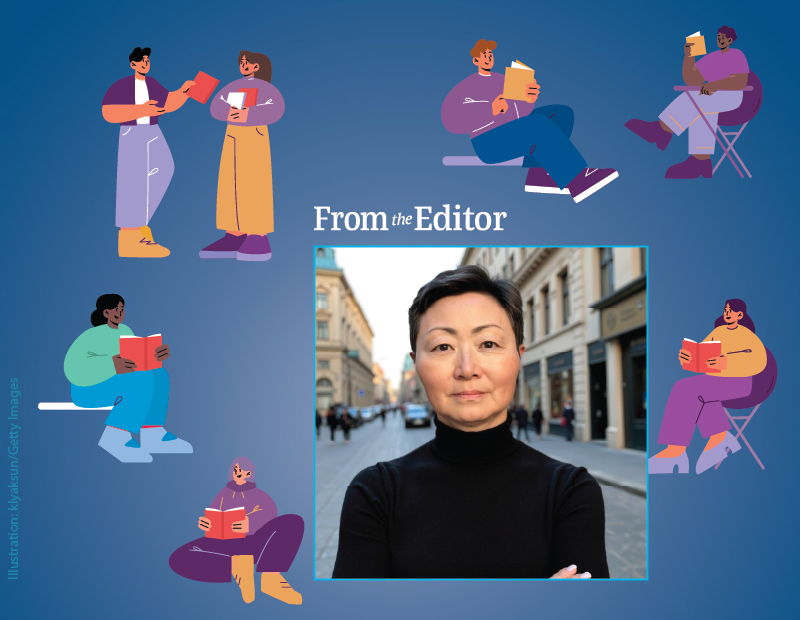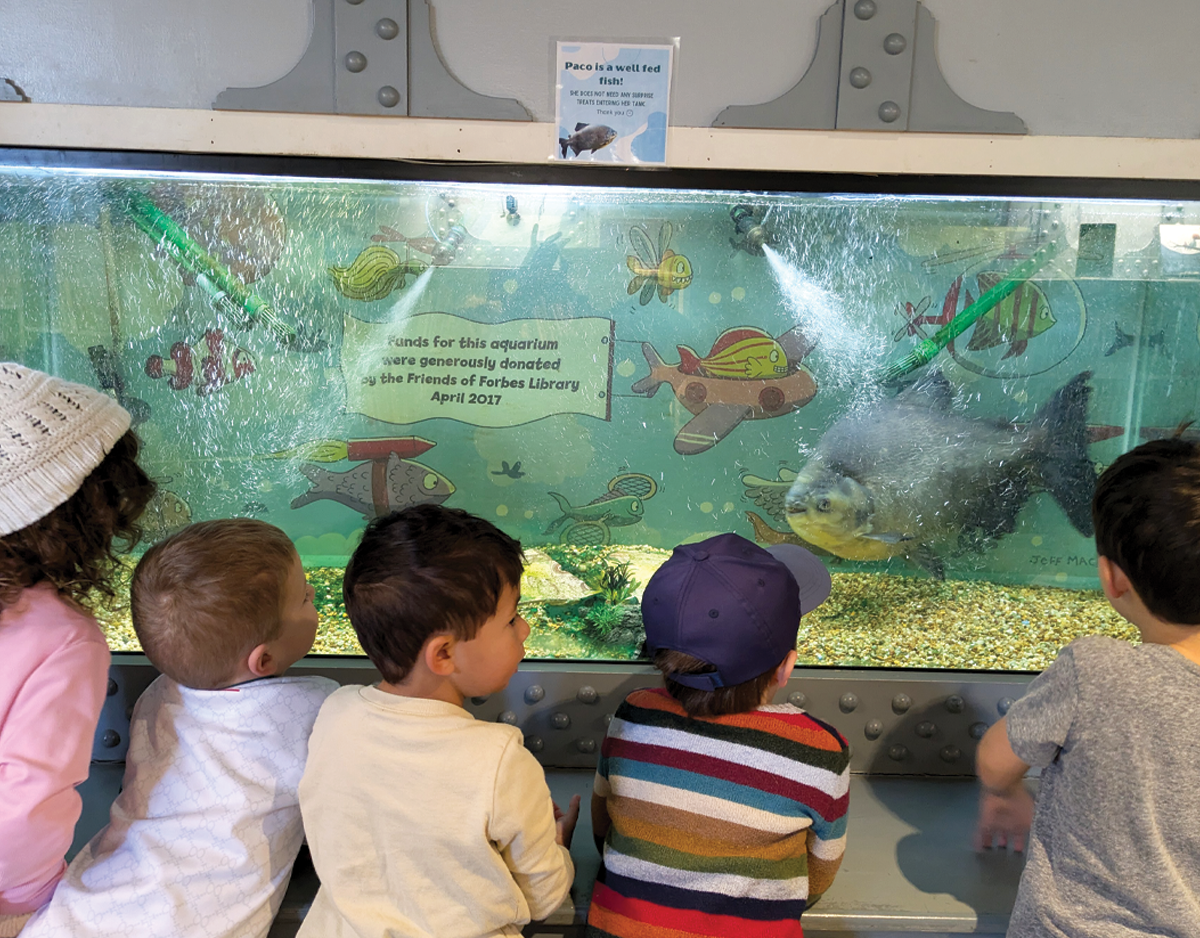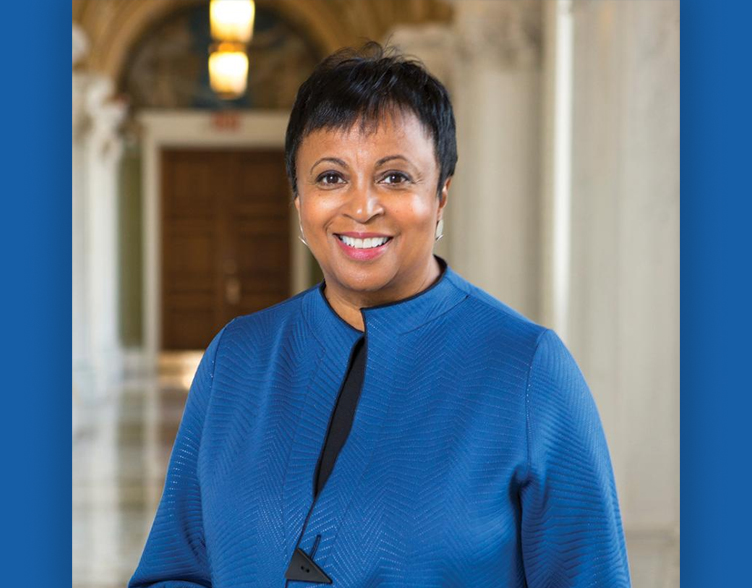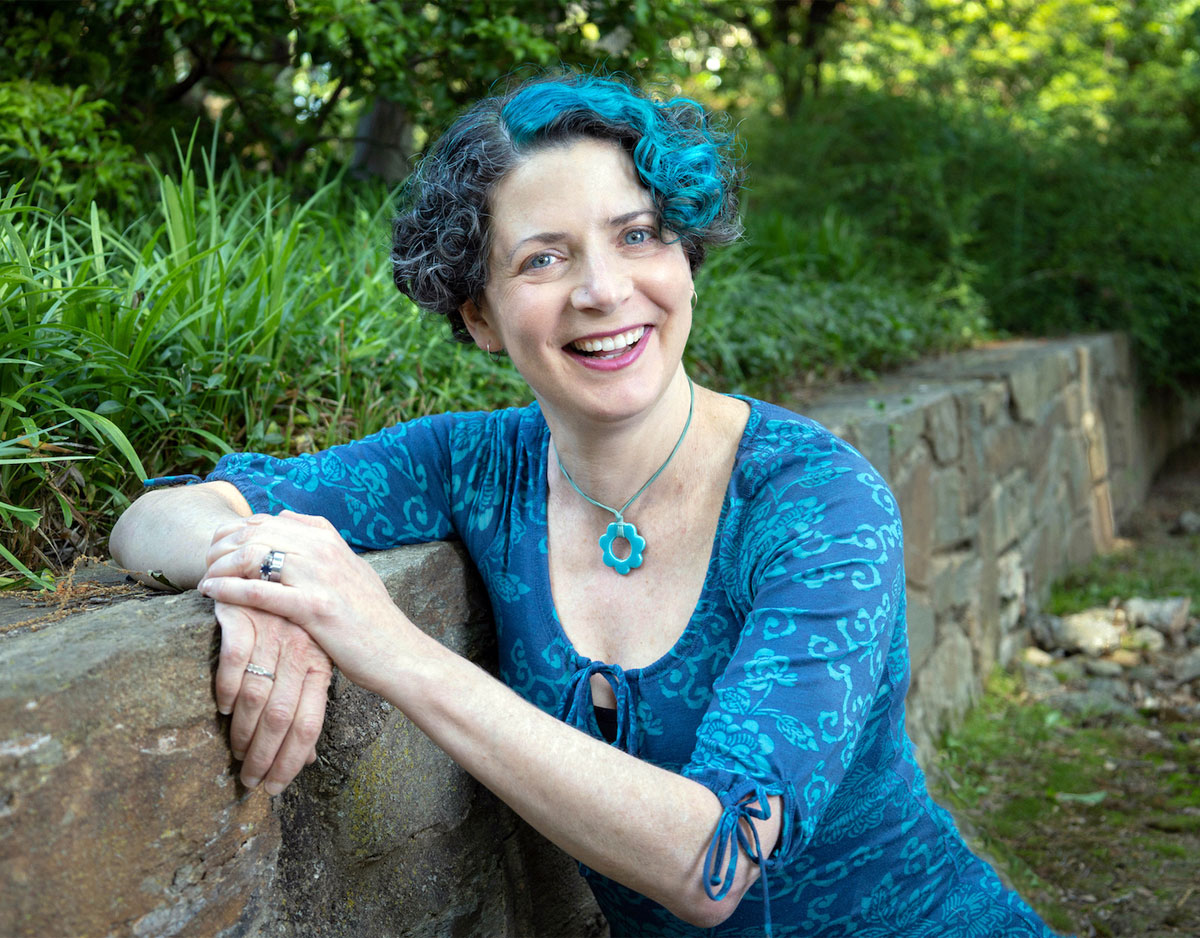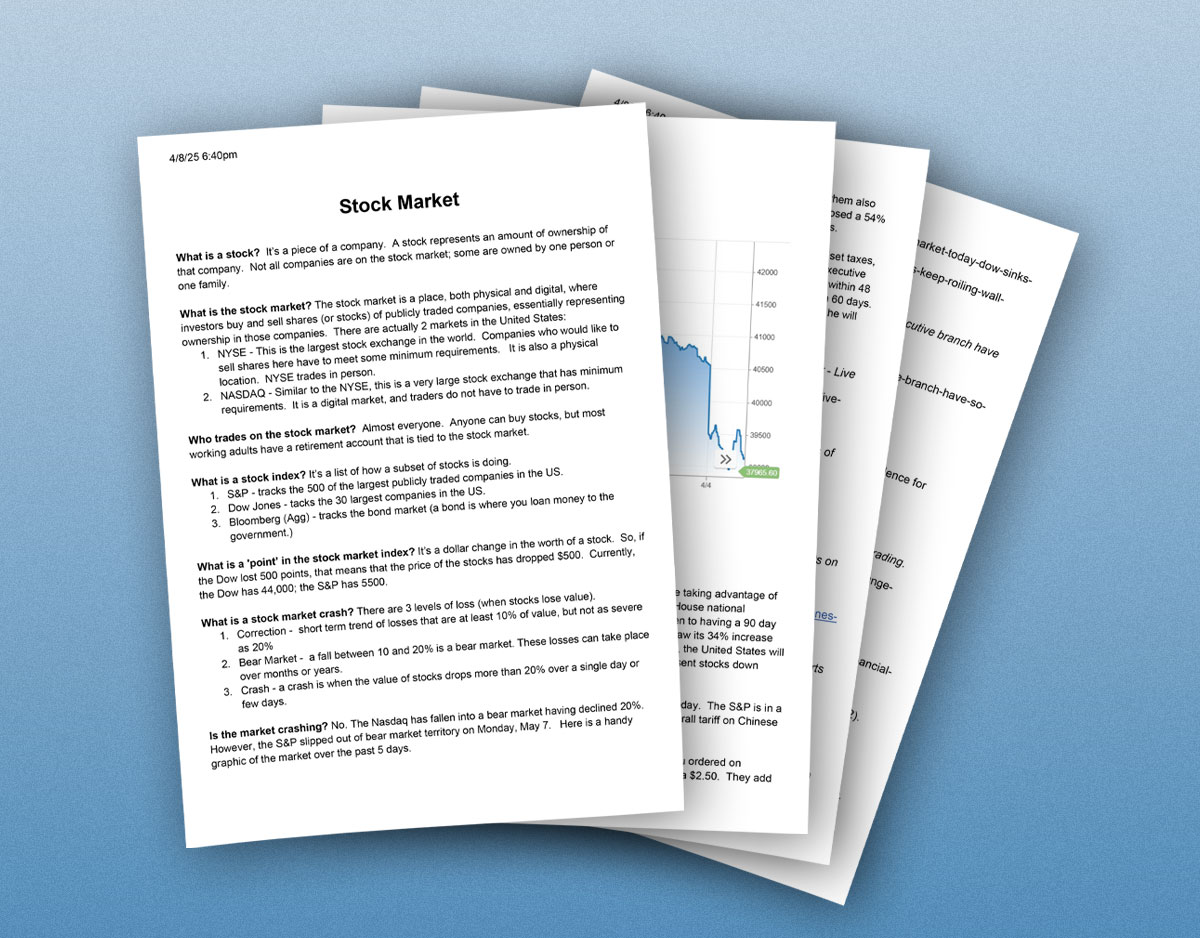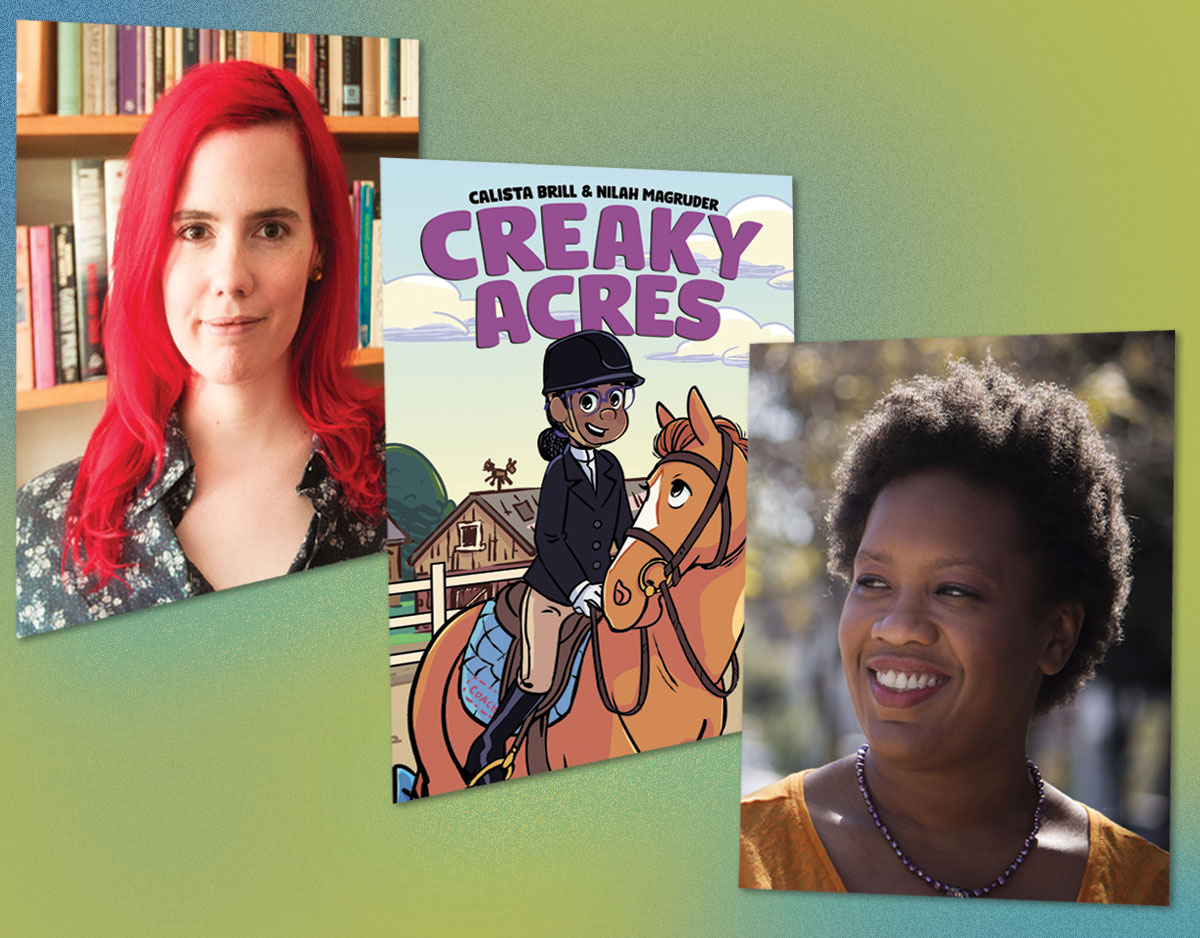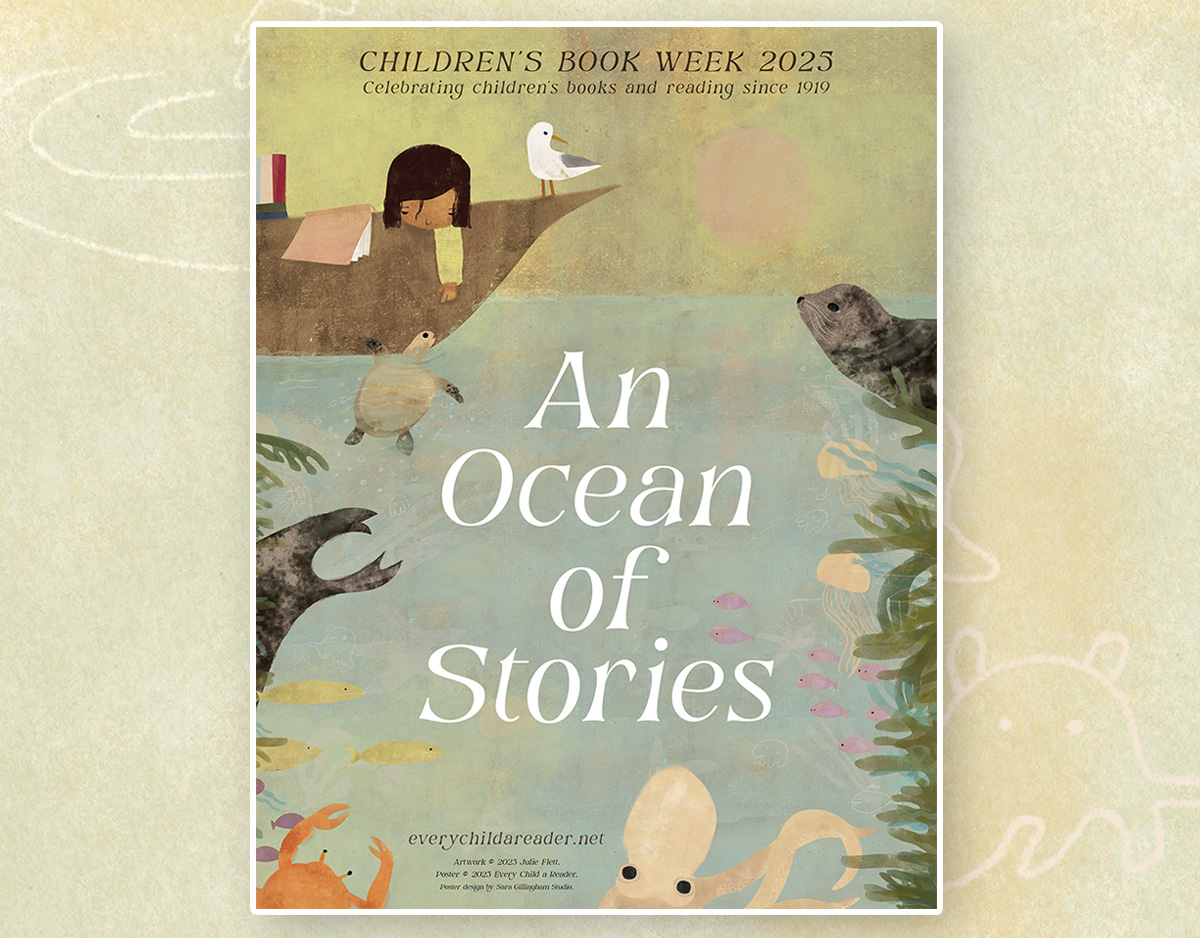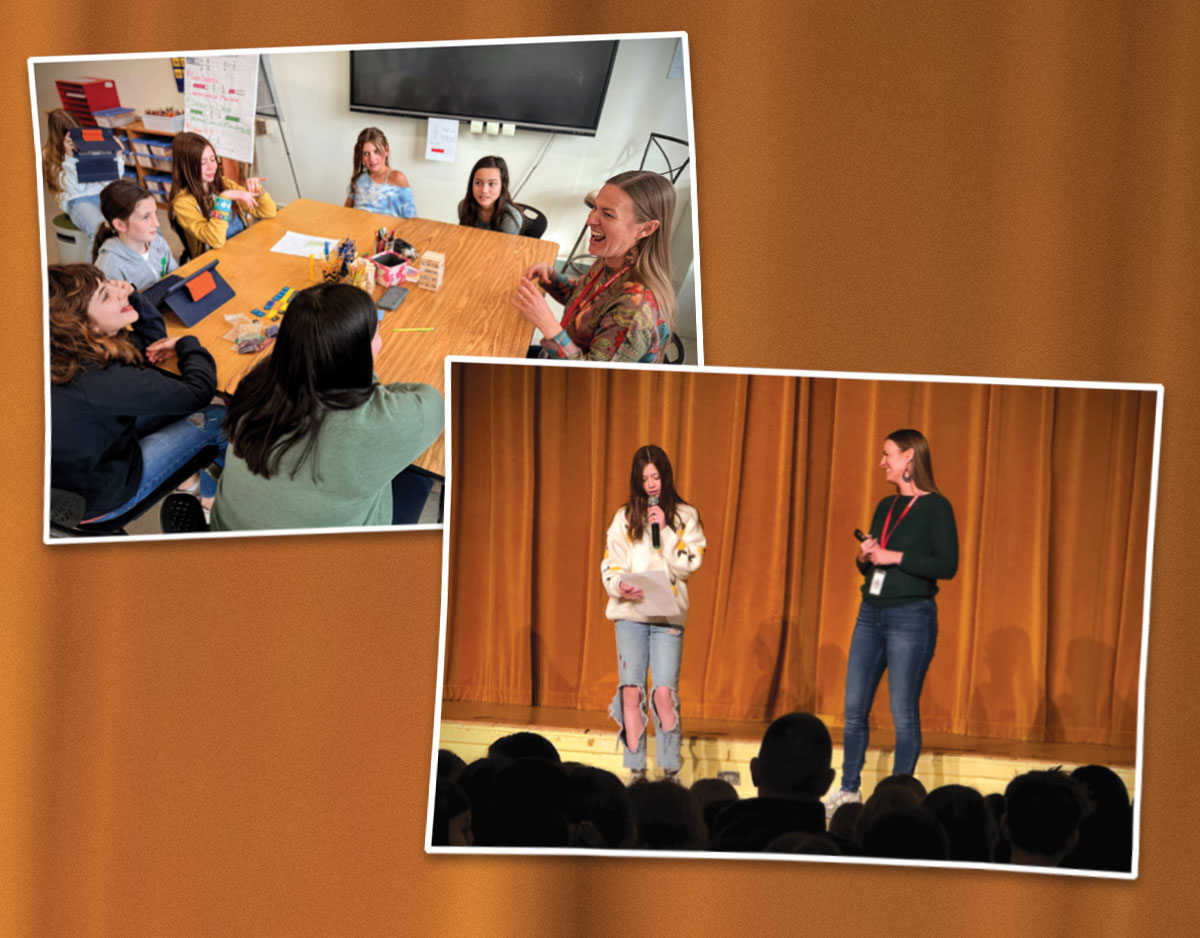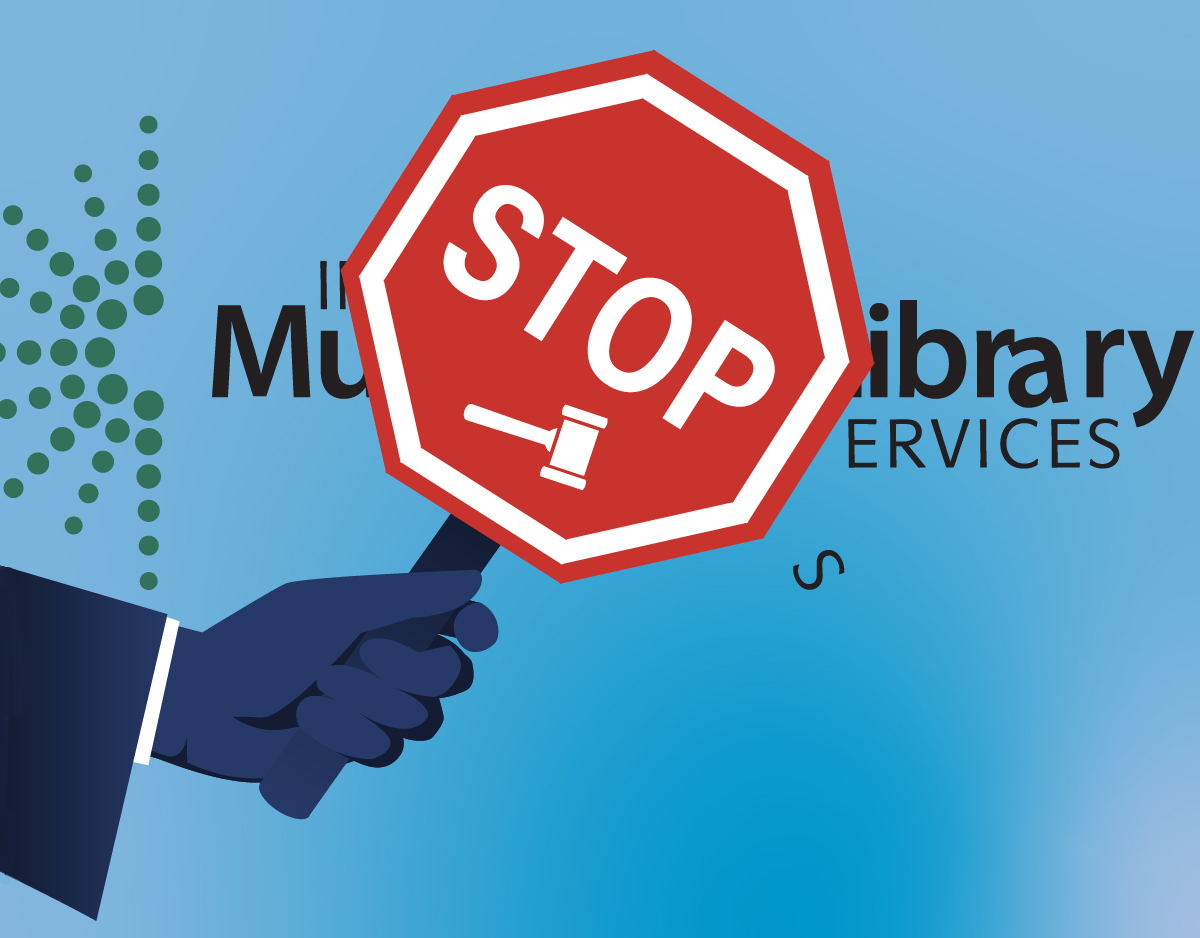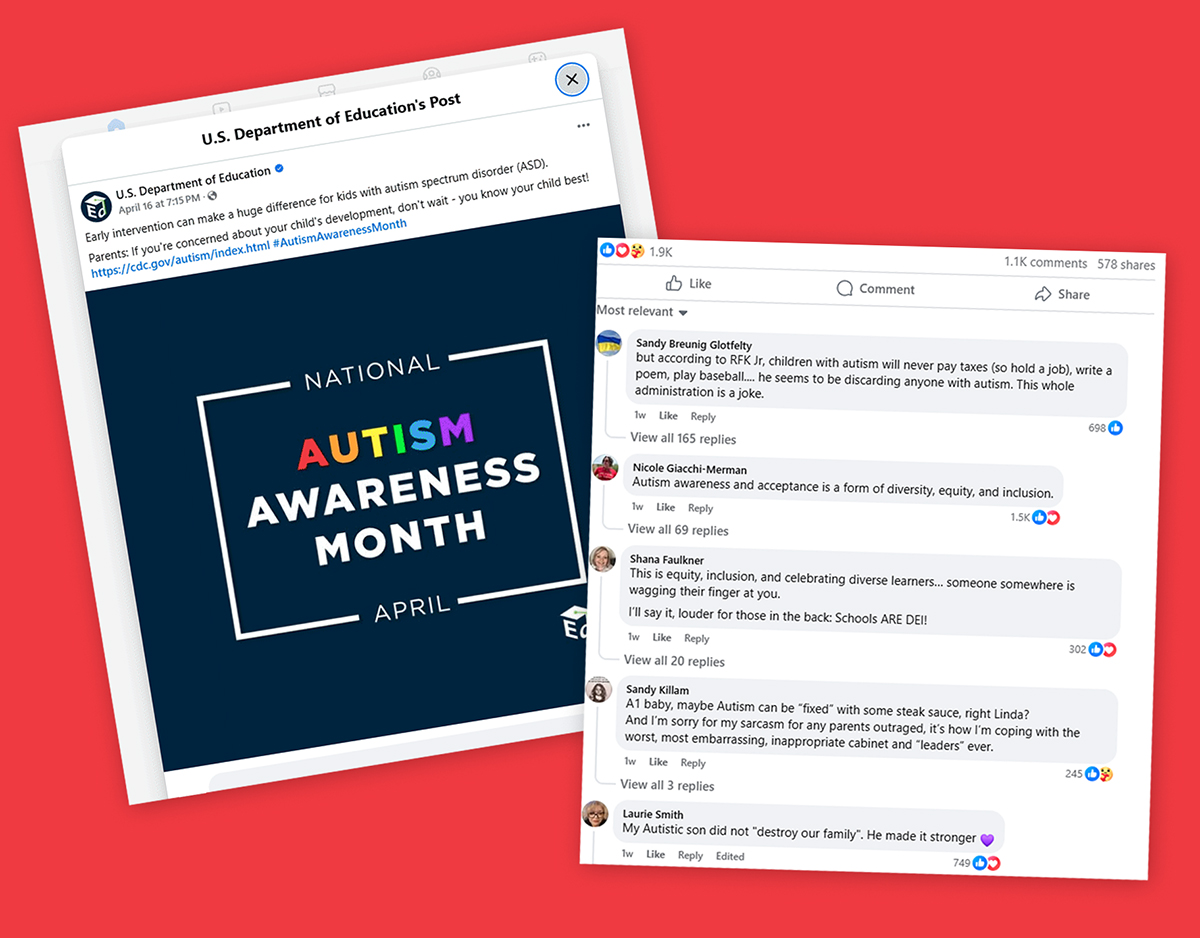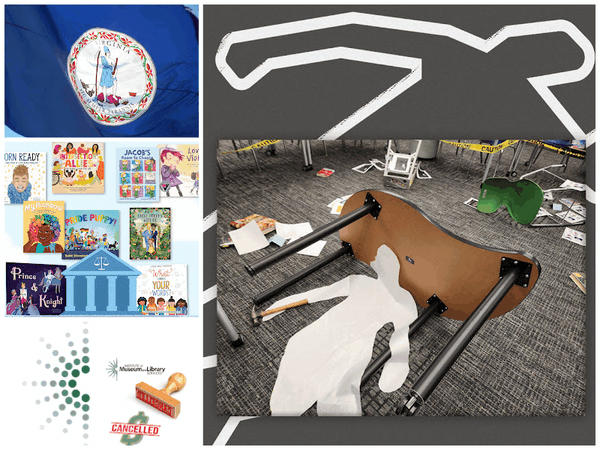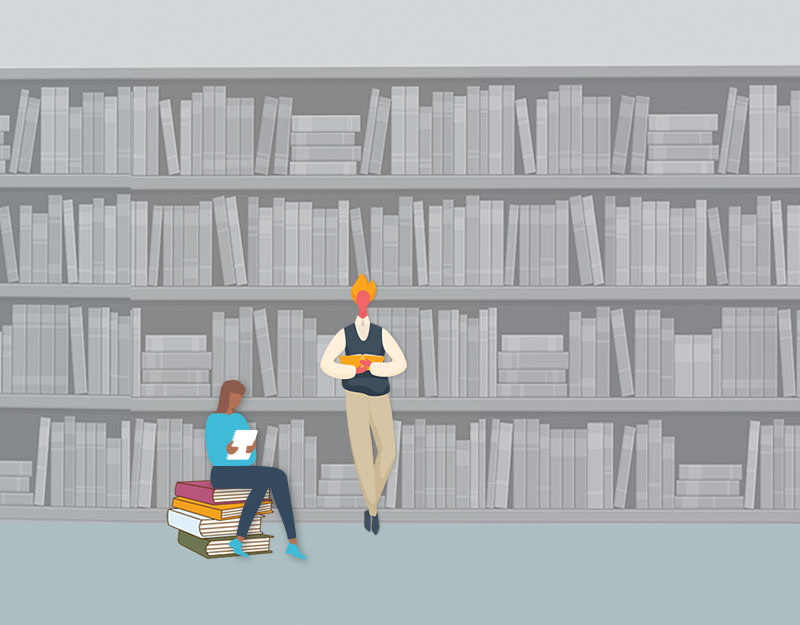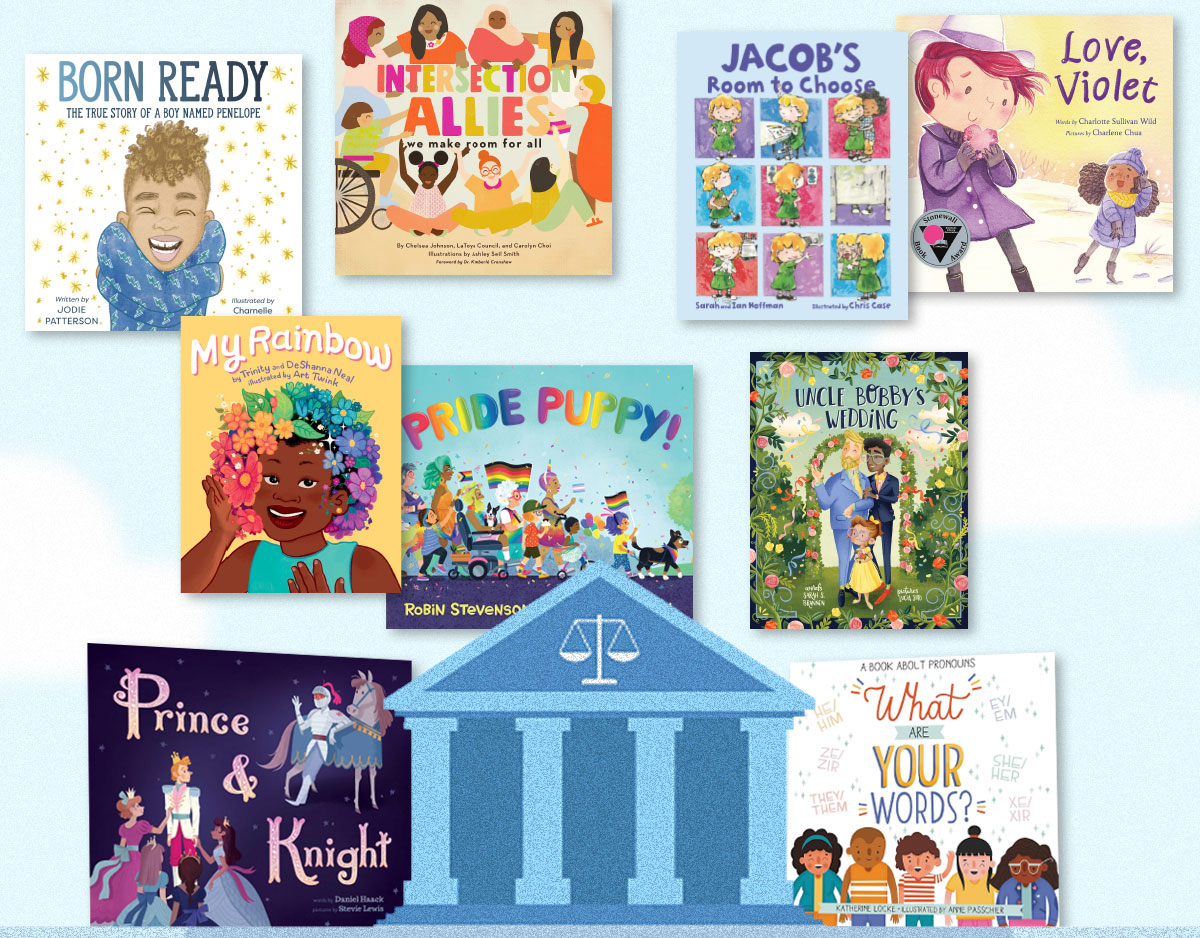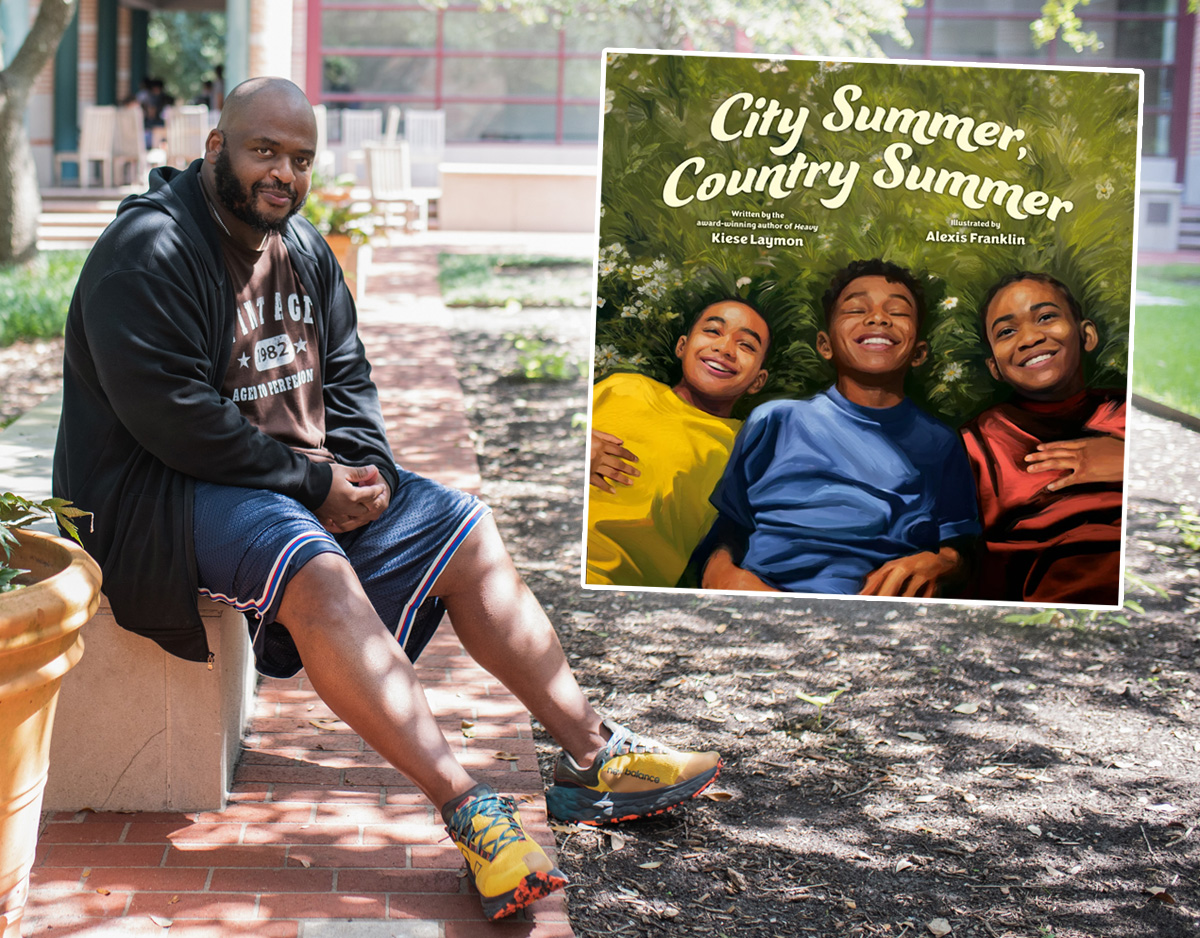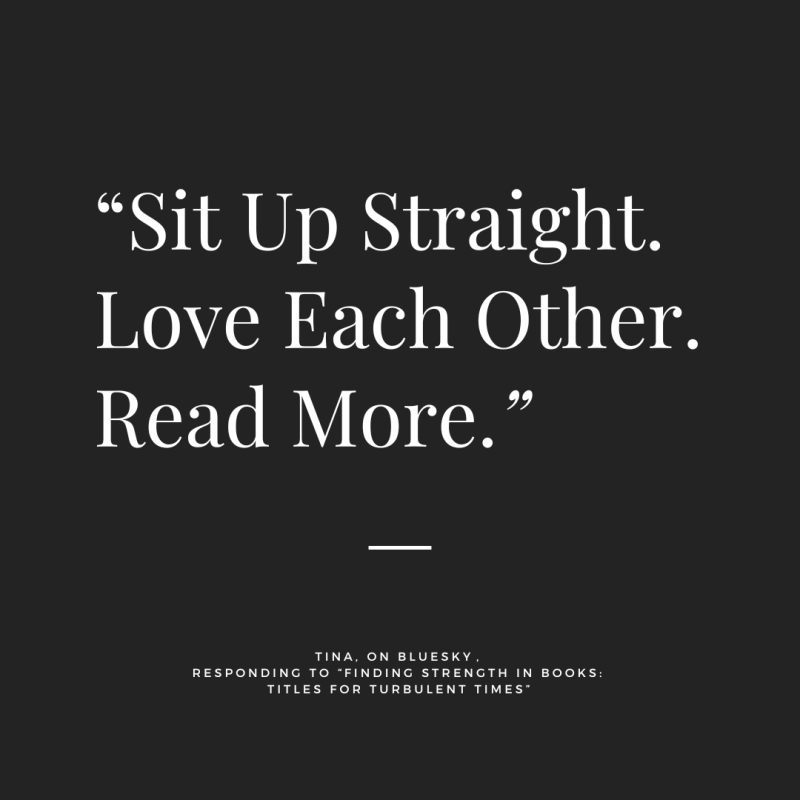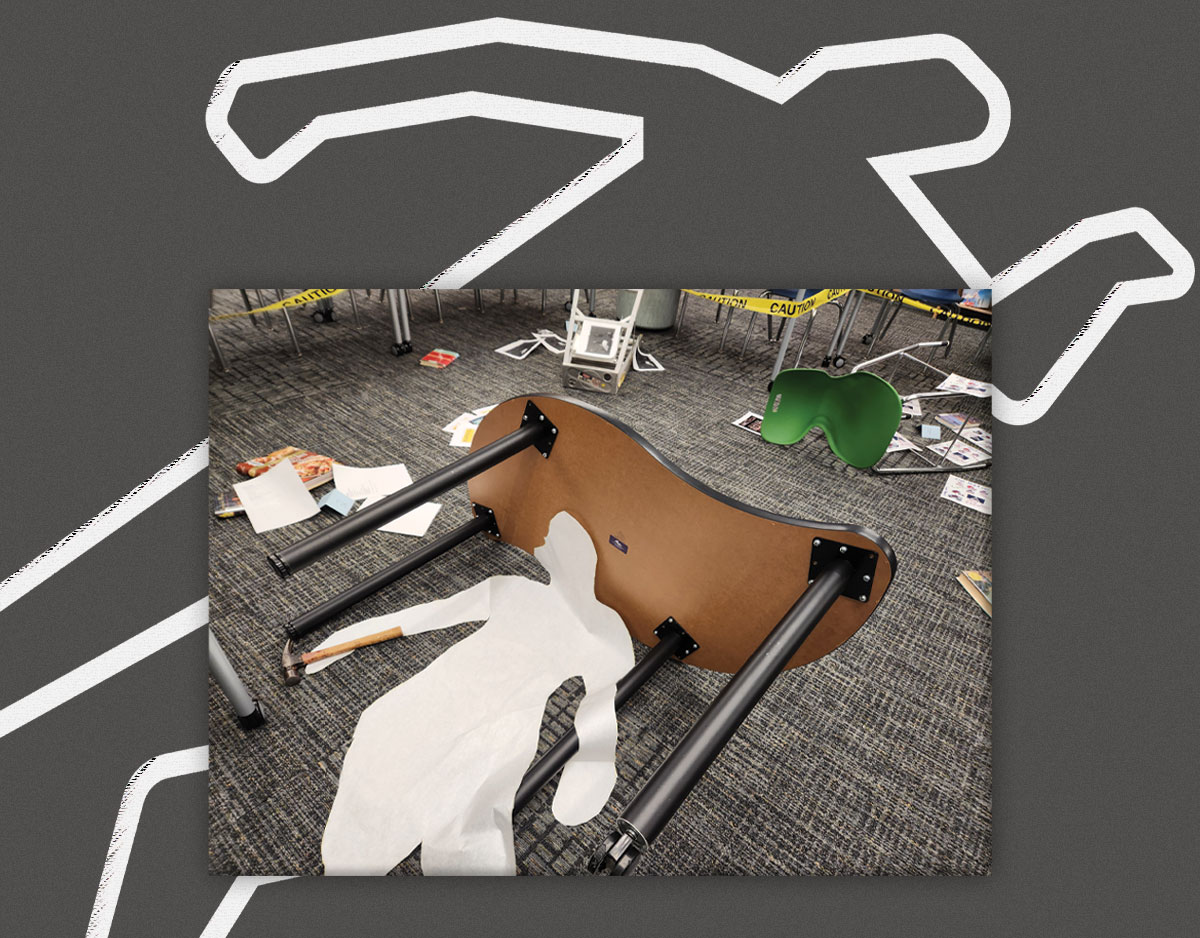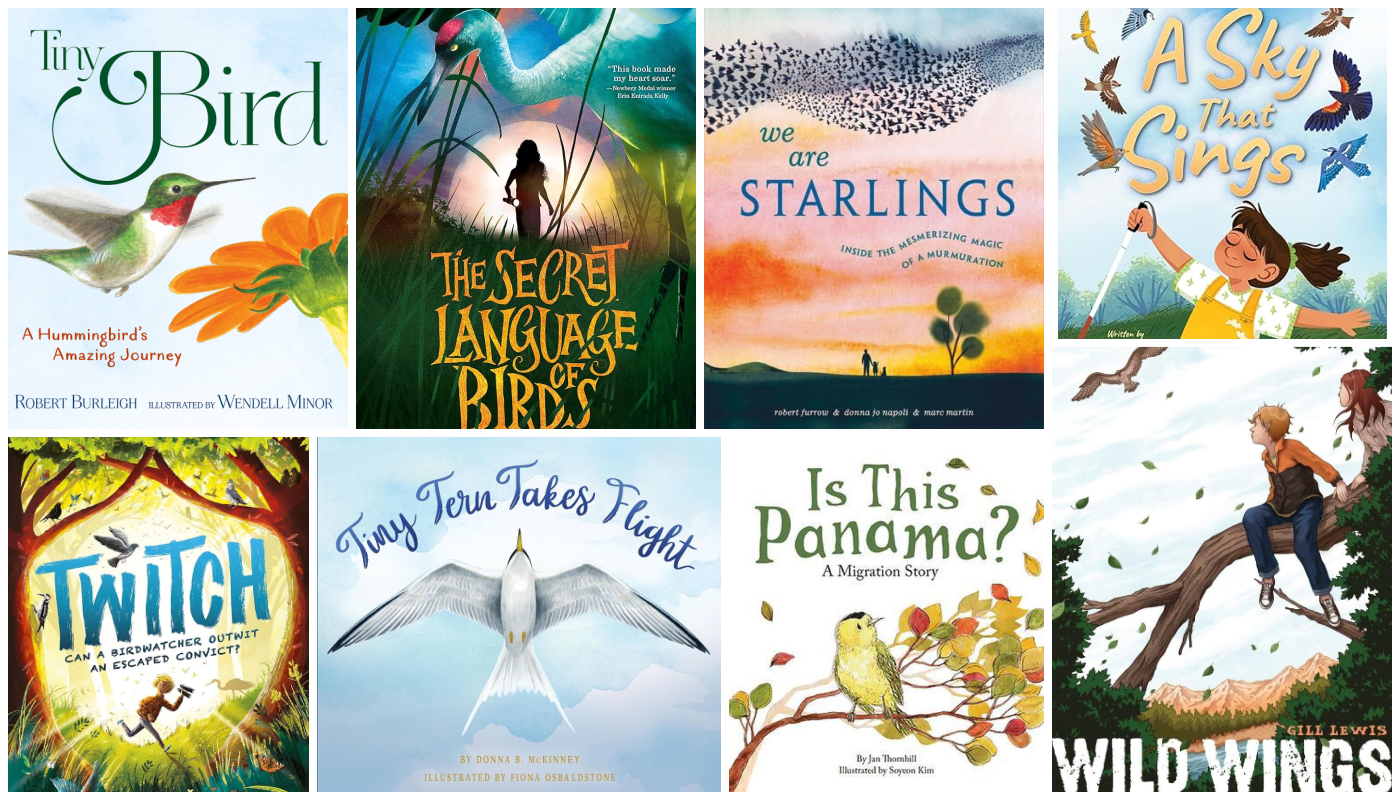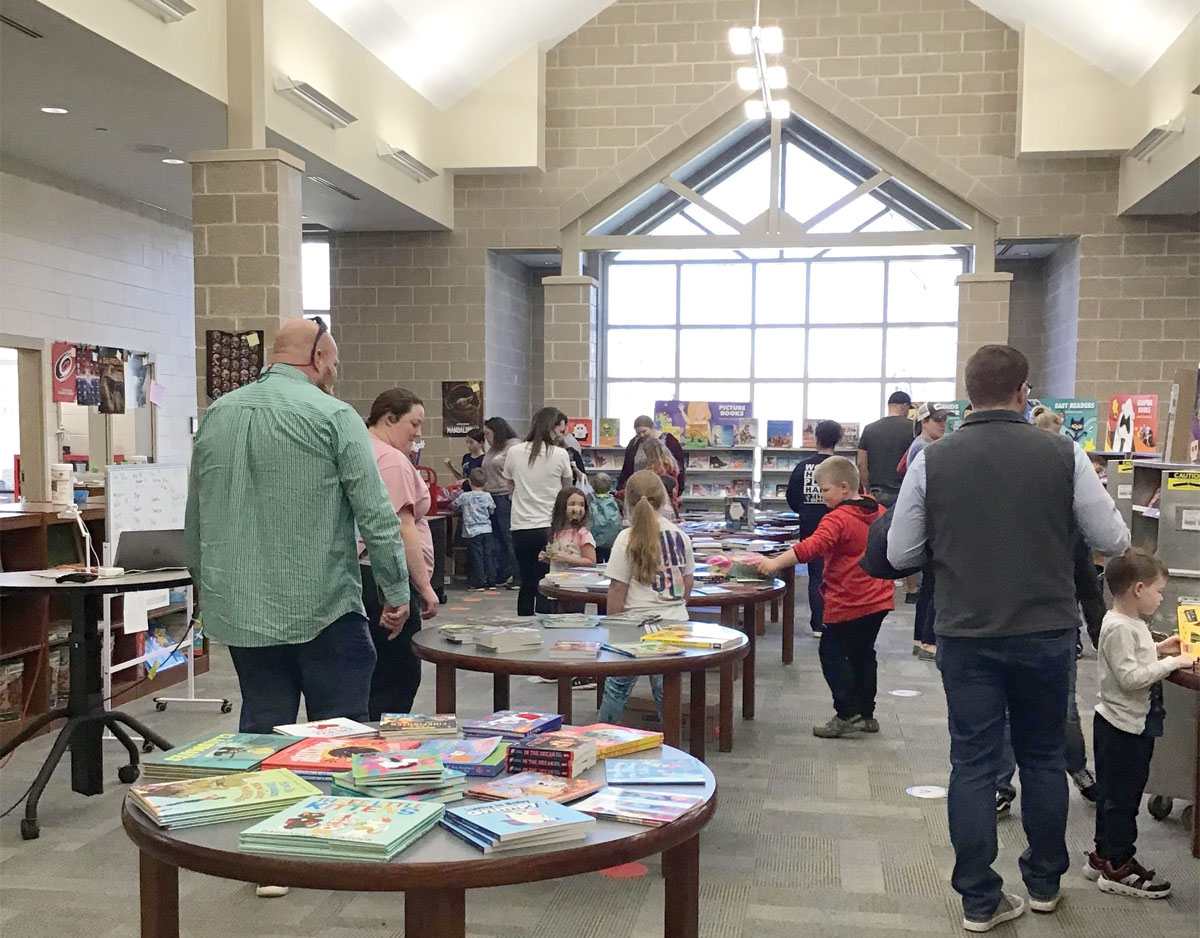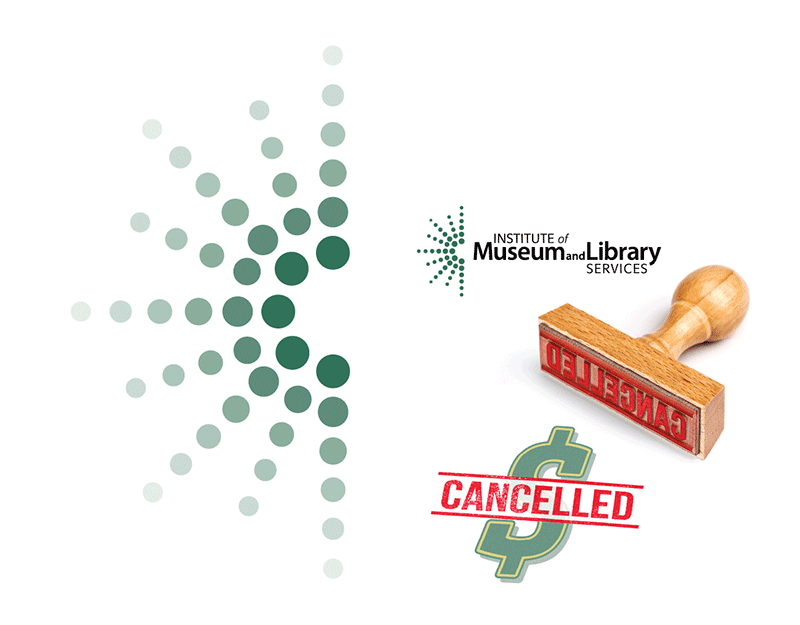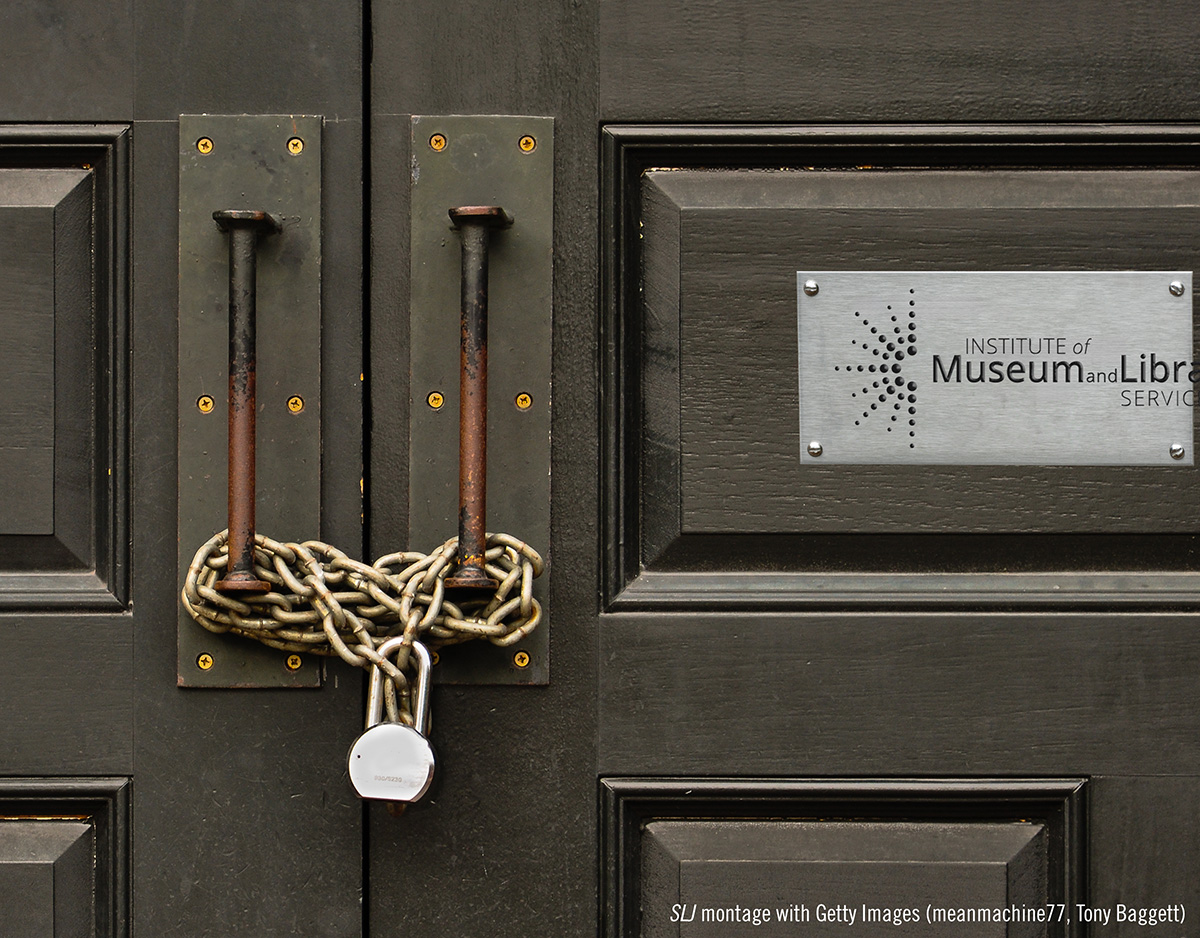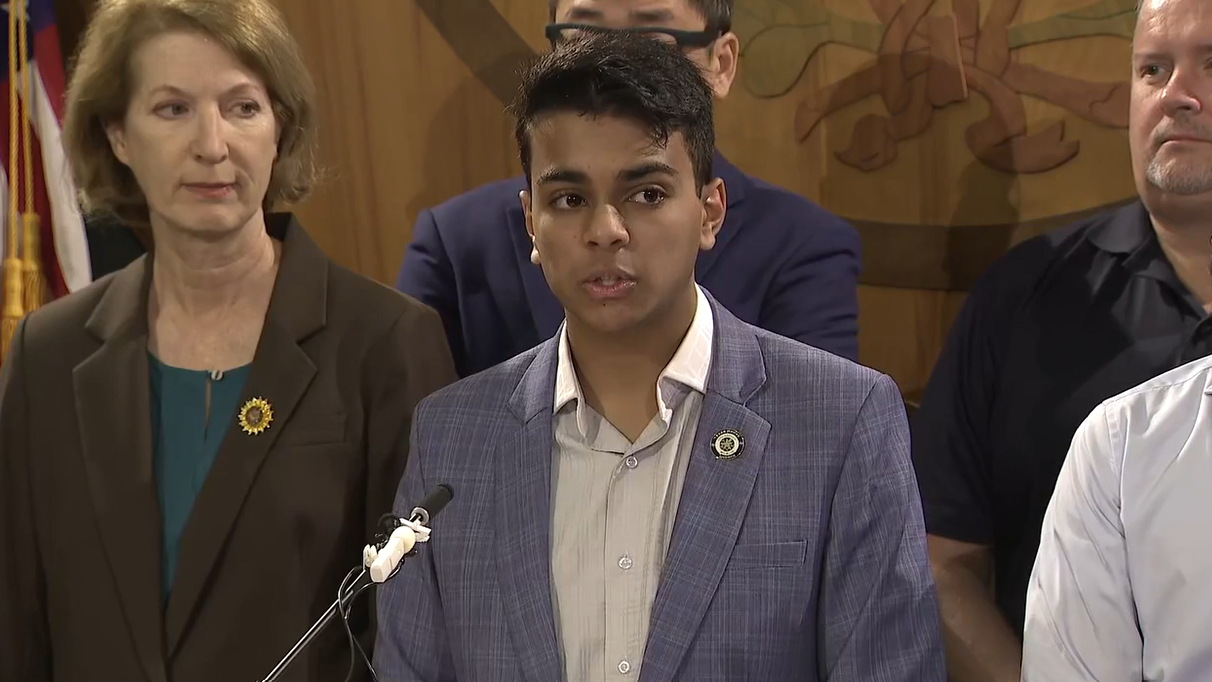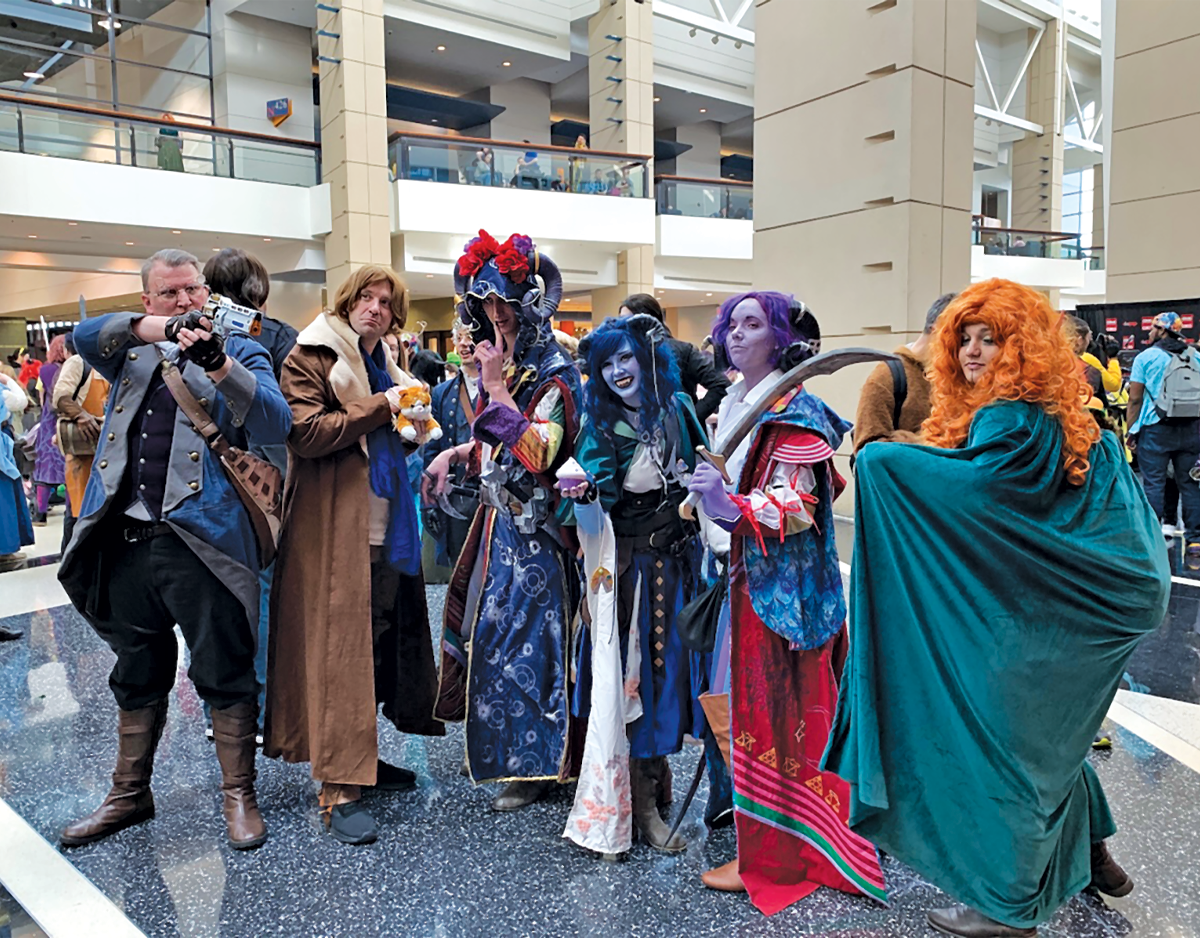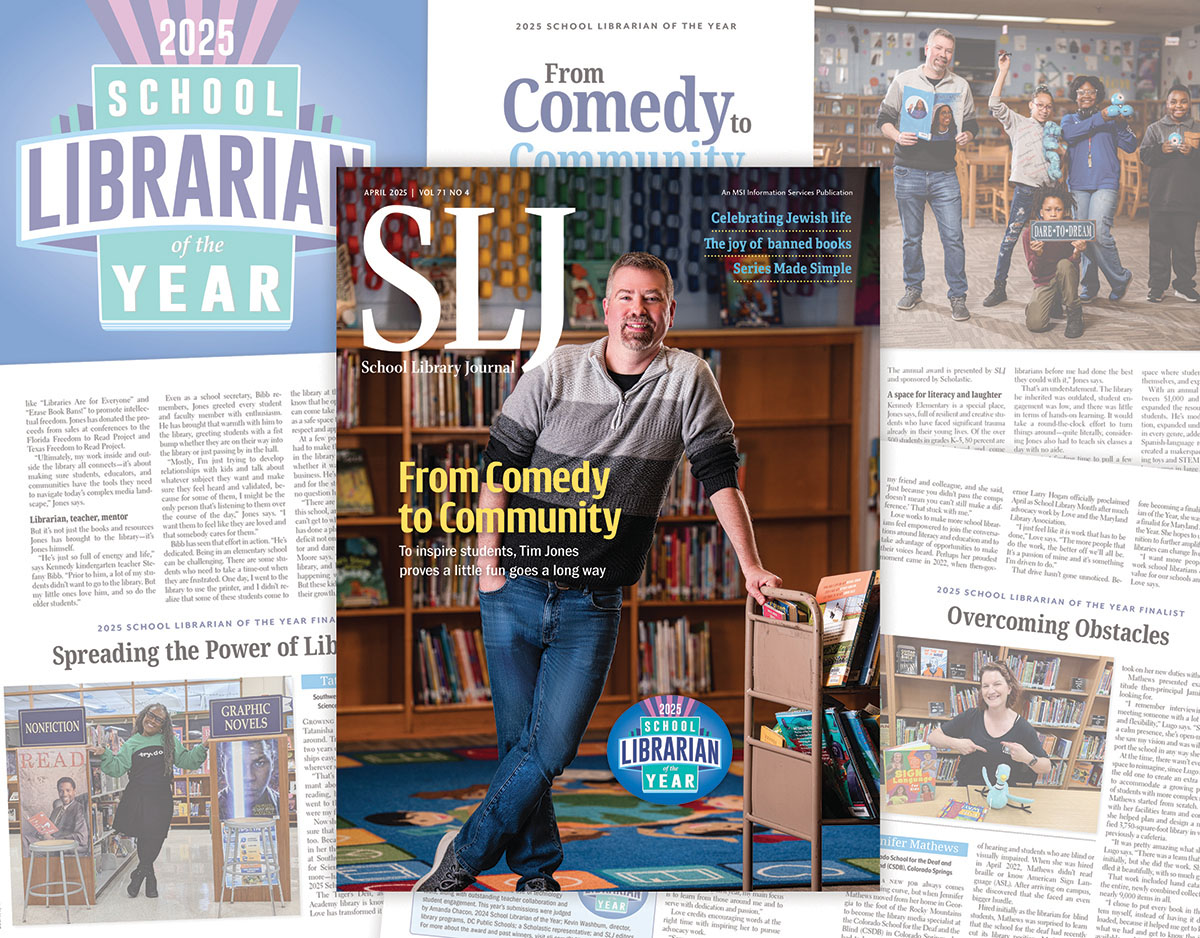Related
The Black Caucus of the American Library Association, Inc. and School Library Journal have revealed the winning titles in the 2026 Children & Youth Literary Awards, which celebrate the diversity of the Black experience.
Cat & Cat Adventures: The Lair of the Owl King by Susie Yi leads holds this week. Also in demand are titles by Kevin Henkes, Becky Kennedy, Adeline Kon, and B.B. Alston. People features 10 books by Muslim authors to read for Ramadan. “Teen Librarian Toolbox” interviews Janice Milusich about her Schneider Family Book Award.
Follett Content announced the hire of more than 10 industry veterans—including several who previously held roles at Baker & Taylor—and several targeted investments in its technology infrastructure to strengthen its support for public library systems nationwide.
When school libraries are short on resources and staff, public libraries can provide a lifeline to increase students’ access to books and other library resources and bolster their love for reading.
Europa by James Ponti (S. & S./Aladdin) leads holds this week. Barnes and Noble Reads recommends the best audiobooks of February 2026, including two children’s titles. People exclusively reveals the cover of Jasmine Guillroy’s debut YA novel It’s Only Dancing (Scholastic).
Across the country, school and public librarians are creating their own summer reading programs that not only combat the academic slide and keep kids reading but promote book choice and personal connection.
The Youth Media Award Winners are announced. Sparking Fire Out of Fate by Brigid Kemmerer leads holds this week. Wonder by R.J. Palacio tops the NYT Children’s Middle Grade Hardcover Bestsellers list after 526 weeks on the list; new to the list are The Moon Without Stars by Chanel Miller at No. 6 and Basket Ball by Kadir Nelson at No. 10. The United States Board on Books for Young People releases its 2026 Outstanding International Book List.
We Need Diverse Book aims to fight book banning and better literacy with a new initiative; Library of Congressi s accepting applications for Literacy Awards; NCTE to host African American Read-in with Mychal Threets; and more.
As ICE raids continue in the Twin Cities, school librarians are stepping up for students, staff, and their communities.
A growing number of young people are using artificial intelligence chatbots as companions or therapists.
Backed by $400,000 in funding from Google.org, Genesee Valley BOCES, a New York state organization supporting 22 school districts through shared services and instructional leadership, today called for “a fundamental reset in how schools respond to artificial intelligence (AI)."
StoryKind aims to connect with readers, spark an interest in reading and writing, and help wean kids off a steady diet of short-form video.
Theresa Bruce created a new school library from scratch—and learned some things along the way that can help any librarian wanting to improve their space, collection, and programming.
Calling the documentary an Oscar contender, Deadline reported that The Librarians will headline the PBS' Independent Lens series.
The lawsuit, which was filed in Ohio federal court, alleges trademark infringement, unfair competition, and deceptive trade practices.
In a summary judgment on November 21 in Rhode Island v. Trump, Judge John J. McConnell Jr. ruled that the Trump administration’s attempt to shut down the Institute of Museum and Library Services was illegal and unconstitutional.
Daniel Nayeri's novel set in World War II Iran was selected from a list of finalists that included Kyle Lukoff’s A World Worth Saving, Amber McBride’s The Leaving Room, Hannah V. Sawyerr’s Truth Is, and Ibi Zoboi’s (S)Kin.
Highlights from the SLJ Summit panel discussions include stories from Caldecott and National Book Award winner Dan Santat, as well as tips for creating a culture of reading and collaborating with public libraries.
The November 4 elections across the country sent a resounding message that voters value their libraries.
The Newbery-winning author discussed the ways poetry can engage readers in a closing keynote conversation at the 2025 SLJ Summit; 2025 School Librarian of the Year Tim Jones opened the weekend conference with a reminder to celebrate every win.
These series will appeal to readers who love thrills and chills, as well as those who like a tamer read.
The Frankfurt Book Fair provides an opportunity for librarians to get a sense of the international children’s literature landscape.
Follett Content and Mackin are among the companies stepping up to try to fill the public library field’s substantial distribution gaps following Baker & Taylor’s bankruptcy.
The Page (AZ) Public Library prioritizes the diverse needs of its community—addressing hunger, digital equity, and social-emotional learning for students—while actively including and recognizing its Indigenous community members.
Ryan Thames, one of the plaintiffs in Amanda Jones’s defamation suit in Louisiana, posted an apology admitting that his previous statements about Jones “were not true”; an annotated Gender Queer to be published in 2026; and more.
Dedicated librarians and library supporters can continue critical advocacy work to shape the legislative and policy environment in ways that complement, rather than counteract, our professional values.
The new Children’s Booker Prize to be given for fiction written for ages 8–12 will launch in 2026 and first be awarded in 2027.
Future Ready Librarians Framework 3.0 aims to reflect the evolving needs of the thousands of school librarians who use the framework to guide their work.
Amanda Chacon, 2024 School Librarian of the Year, wants her peers to know: "We matter."
A program that brings school librarians together over Zoom to share ideas and support one another has helped collection development.
South Carolina Association of School Librarians past president Jamie Gregory says the lawsuit is not political, it's fighting for the constitutional rights of students and librarians.
Baker & Taylor (B&T), the largest library wholesaler in the country, is shuttering. At a town hall on October 6, CEO Amandeep Kochar told staff that B&T would cease operations.
The all-volunteer initiative is documenting exhibits at the more than 20 Smithsonian Institution museums and the National Zoo in response to the Trump administration's announcement that museums' contents would be subject to review and revision to align with the president's directive.
Designed as a personal data assistant for K–12 librarians, Destiny AI aims to help automate routine tasks, streamline data organization, retrieve quick insights into a library’s collection, reduce workloads, and boost productivity.
Having a say in legislation is a critical piece of advocacy right now. Hear from experts on how to help grassroots organizations, testify before boards and legislators, and make an impact.
The new episodes will air every Saturday in October on KidZuko on YouTube and the Reading Rainbow website.
The Discovery Fair will feature STEAM titles and science kits and will be available starting in January
Join the Newbery-winning author and peers from around the country for a weekend of professional development and expanding your professional learning community.
The 2021 School Librarian of the Year was recognized for her library advocacy and fight against censorship and book bans.
Erica Sikma explains what led her back to school for her MLIS degree.
Schools can apply for the annual grants aimed at getting math-related titles to students.
The Freedom to Read Project has released a free advocacy guide and workbook; ALA sets date for Youth Media Awards; educators and public librarians can submit proposals for a visit from National Ambassador for Young People’s Literature Mac Barnett; and the National Women's History Museum opens registration for virtual field trips.
Dustin Hensley's project-based learning program has an impact beyond the library walls.
Four former finalists are on this year's list for the prestigious award.
As educators and authors wait on expected appeals in Penguin Random House v. Gibson, school librarians are in limbo and author Laurie Halse Anderson is "cautiously opimistic."
As my community expands from Library Journal to now include School Library Journal, I am eager to understand more about what you, our SLJ readers, value and how our publications can best support your needs.
Librarians facilitate reading among their peers to get staff and students excited about books.
SLJ stands strong with and for school librarians, Media Source Inc., CEO Robert Gogel says.
School Library Journal is now accepting applications for the 2026 School Librarian of the Year award, sponsored by Scholastic. Let us know what you are doing in your school library and join an exceptional group of honored peers.
In a precedent-setting win for the freedom to read, on August 13 Judge Carlos E. Mendoza ruled that Florida House Bill 1069, which sought to ban “pornographic” material and books describing “sexual conduct” from school and classroom libraries, was overbroad and unconstitutional.
A career retrospective at The Eric Carle Museum of Picture Book Art and the current political climate have kid lit creator Grace Lin considering the purpose of her future work.
Betsy Bird looks at the state of children's nonfiction. In many ways, with nuanced and interesting topics, it is the "golden age of informational books for kids," she says. But it's also a time of unprecedented book banning—and that includes many nonfiction titles.
Leigh Knapp made collection development decisions focused on improving the reading skills of the refugee population at her Milwaukee elementary school and helping the students acclimate to their new surroundings.
The organization, One Word at a Time, will focus on kids 8-15 and run multiple initiatives, including virtual visits from Kwame Alexander and other kid lit authors, as well as a Teacher Study program.
Missouri elementary school library media specialist Carly Bogaards helps promote education, wellness, and community with an expanding outdoor program.
Censorship, AI, and federal funding top the list of concerns for school librarians heading into the 2025-26 school year.
Library Journal's editor in chief Hallie Rich has been named editorial director of Library Journal and School Library Journal and will lead editorial strategy and content development across both publications.
From censorship news and picks in Spanish-language middle grade/YA to straight talk on book banning, our most viewed stories of the week.
Arkansas library media specialist Chelsey Smith has kids combine food truck fun with their favorite books, resulting in projects like a Captain Underpants-themed truck with "Tighty-Whitey Tacos" on the menu.
Amid the celebration of books and libraries was the undercurrent of a community under attack, with conversations and sessions at ALA Annual in Philadelphia centered around advocacy, democracy, and diverse books.
The nine picture books cited in Mahmoud v. Taylor are not pornography. Nor are they obscene. What is obscene is a Supreme Court decision that denies the basic humanity and equality of LGBTQIA+ people.
In Praise of Curation: The practice of advising readers holds something dear—trust | From the Editor
AI-generated booklists are possible—and even published. So what is the value of human curation?
The former Librarian of Congress spoke with author Kwame Alexander about getting fired and offered ALA Annual attendees comfort and guidance.
Eager attendees packed a much anticipated screening at the American Library Association Annual conference in Philadelphia. With the filmmakers and titular subjects on hand, it was an emotional experience of The Librarians, which examines the national crisis of censorship and the heroic professionals on the front lines of defending intellectual freedom.
It will now be up to educators and local school districts to stand up for intellectual freedom, book access, and LGBTQIA+ rights in the face of parental opt outs and political pressure, according to PEN America staff attorney Elly Brinkley.
SLJ wants to know what's on your mind as you think about the next school year. Fill out our Google form to share your hopes, concerns, and plans for 2025-26.
What titles stand out as the greatest in literature for children and young adults? That’s the question School Library Journal has posed to readers.
Young people are speaking out and organizing to fight censorship and support issues important to them, making an impact in their schools, local communities, and at the state and national level.
In June, ALA Council will decide the fate of YALSA, voting on the recommendation that the teen division be eliminated and its work be moved under the umbrella of ALSC.
In difficult times for librarians, authors, and educators across the country, the library and publishing worlds will once again come together to learn from each other and deepen their resolve.
School librarians from the United States attended the Sharjah School Librarian Conference in the United Arab Emirates. SLJ spoke with AASL president Becky Calzada and 2016 School Librarian of the Year Todd Burleson about the event.
In a policy void, educators seek to maximize learning, turning to core skills, chiefly reading.
The National Coalition Against Censorship is launching a new Teen Advocacy Institute over the summer; a read-in is scheduled during ALA Annual to support the push for librarians in Philly schools; the lawsuit against Lucy Calkins is dismissed; and more in this edition of News Bites.
Fish, frogs, and other aquarium life at school and public libraries entertain and offer lessons in science and responsibility.
Members of Congress, authors, and librarians express their anger over Hayden's removal.
A parent complaint about a nonbinary snail led a Virginia elementary school principal to cancel a visit by author Erica S. Perl. A former trial attorney, Perl offers a lesson in smart booking contracts and standing up to book and author challenges.
Virginia librarian IdaMae Craddock is using her professional research skills to keep facts at the forefront for her students and fellow educators.
Calista Brill and Nilah Magruder Tell All About 'Creaky Acres,' Their New Middle Grade Graphic Novel
Creaky Acres is a story about a girl, a horse, and a whole new way of life. Brigid Alverson spoke to the creators about their graphic novel featuring Nora, a competitive rider, who finds her way on a delightfully weird farm, inhabited by an equally quirky crew of young equestrians.
Award-winning author illustrators Julie Flett and Sophie Blackall sat down for a chat on the occasion of Children’s Book Week 2025. Flett created this year’s poster on the theme: “An Ocean of Stories,” and Blackall did the honors in 2024, illustrating “No Rules. Just Read.”
The Illinois elementary school's advisory board planned and led the events of author Dusti Bowling's school visit and continues to focus on building community with their future projects.
A federal judge ruled that the government may not take further action toward dismantling the IMLS, including the mass layoff of employees, while the case is heard.
The U.S. Department of Education expressed its love of librarians. It was not well received.
Book access and other restrictions on libraries and library values remain top of mind for readers. So too, practical posts toward serving library patrons, with creative ideas for staging a crime investigation to teach research skills and preserving family recipes getting the most views on SLJ.com.
Serious investigators and laid-back browsers will find something to love in this season’s series nonfiction.
The Supreme Court will hear oral arguments in Mahmoud v. Taylor, a legal dispute that started when a Maryland district added books with LGBTQIA+ characters and themes to its curriculum and did not allow parents to opt out of instruction. Here are SLJ's reviews of those books.
Kiese Laymon, award-winning author and MacArthur Fellow, is out with a new picture book. City Summer, Country Summer celebrates the deep bonds of friendship forged among three Black boys on a summer journey to visit their grandmothers in Mississippi.
Readers responded to our coverage of a North Carolina bill, which could bring criminal charges against librarians over "material that is harmful to minors"—and much more.
Birding is a great way for students and teachers to connect with nature. From citizen science projects and live feeder stations—and books galore—the resources here will help kids learn about our avian friends.
PEN America, the National Education Association, and student advocacy organization SEAT are among those who have filed amicus briefs in support of the school district in the upcoming Supreme Court case; Harry Lerner has died; applications open for Banned Books Week programming grants; and more.
In an attempt to make teaching research skills less "dry and boring," this middle school librarian hit on a mysterious new lesson plan, and the strategy has been a huge success.
Books to help budding ornithologists explore the world of birds, along with aspects of SEL (social and emotional learning), from persistence to making friends.
Schools and public libraries are still navigating the aftermath of devastating flooding and wildfires.
The American Library Association and the American Federation of State, County and Municipal Employees are taking the Trump administration to court to save the Institute of Museum and Library Services.
From the loss of Hoopla, databases, and Wi-Fi hotspots to the closing of rural branches, librarians document the devastating effect of the end of IMLS funding.
SLJ wants to share the stories of how the loss of funding from the Institute of Museum and Library Services—including Laura Bush Foundation grants —will impact your library and community.
We Need Diverse Books will celebrate the first We Need Diverse Books Day on April 3; senators call on acting director of IMLS to continue funding programs as directed by Congress; Suzanne Collins talks philosophy and Sunrise on the Reaping; Eric Carle Honors honorees announced; and more.
Students Engaged in Advancing Texas, a grassroots youth advocacy organization, called a press conference with state legislators and the president of the Texas American Federation of Teachers to respond to President Trump's executive order and changes impacting the Department of Education and public school students across the country.
Comics didn’t just survive COVID-19, they thrived. Despite the strain the pandemic placed on the industry, the audience for comics, graphic novels, and manga grew—and is still growing.
Jones, a library media specialist at John F. Kennedy Elementary School in Louisville, KY, received the 2025 award, announced today by SLJ and sponsor Scholastic. Two School Librarian of the Year finalists were also selected: Tatanisha Love of Southwest Academy Magnet School for Science and Engineering in Baltimore, MD; and Jennifer Mathews of the Colorado School for the Deaf and the Blind in Colorado Springs, CO.
ALREADY A SUBSCRIBER? LOG IN
We are currently offering this content for free. Sign up now to activate your personal profile, where you can save articles for future viewing
